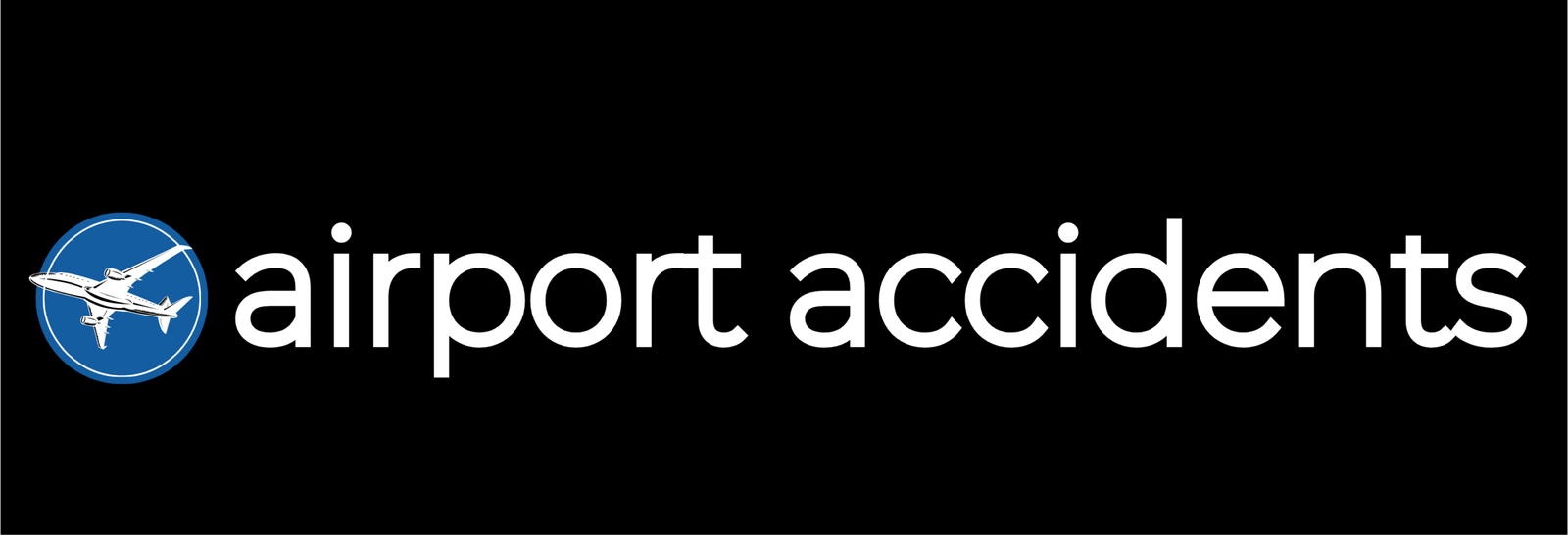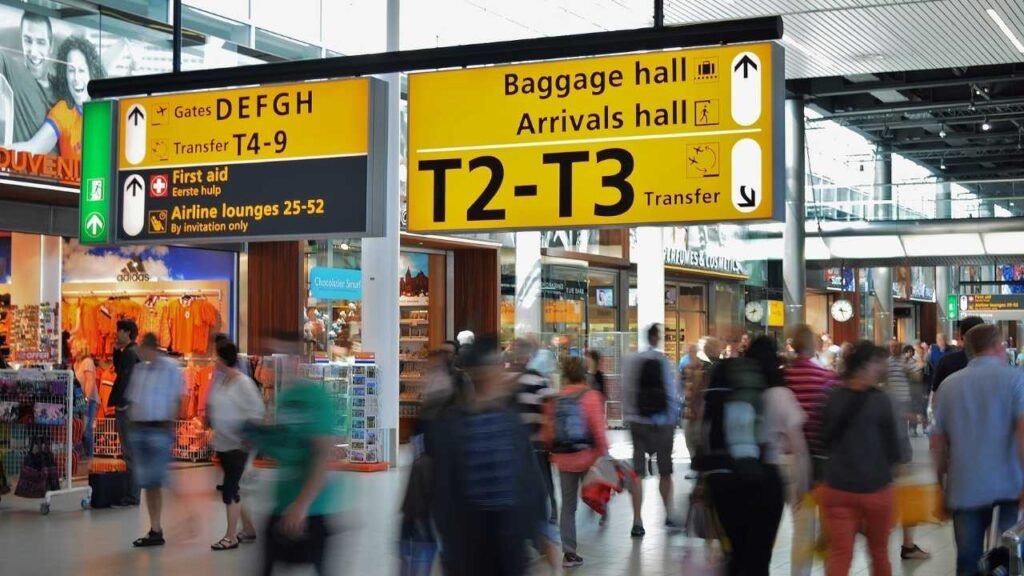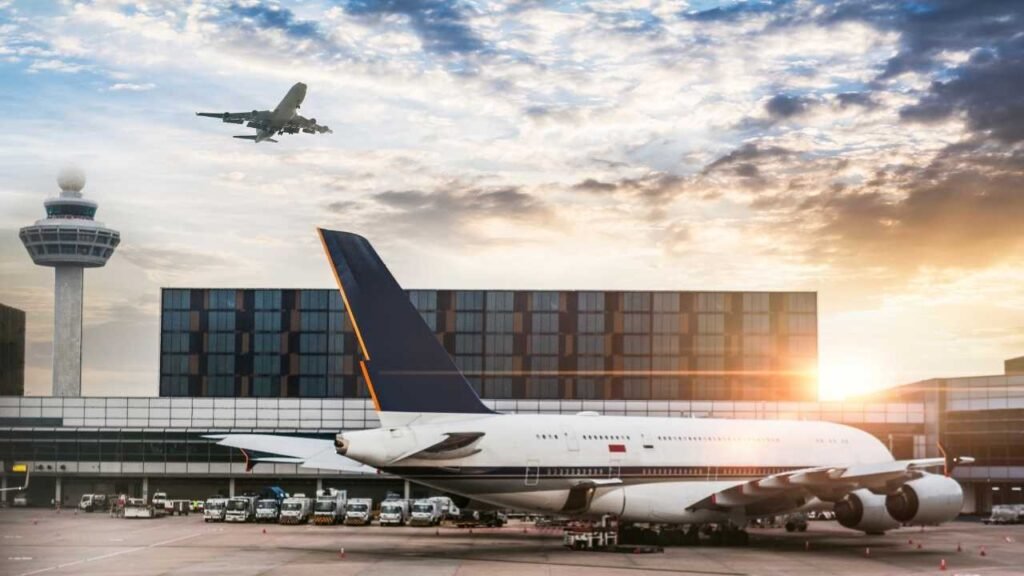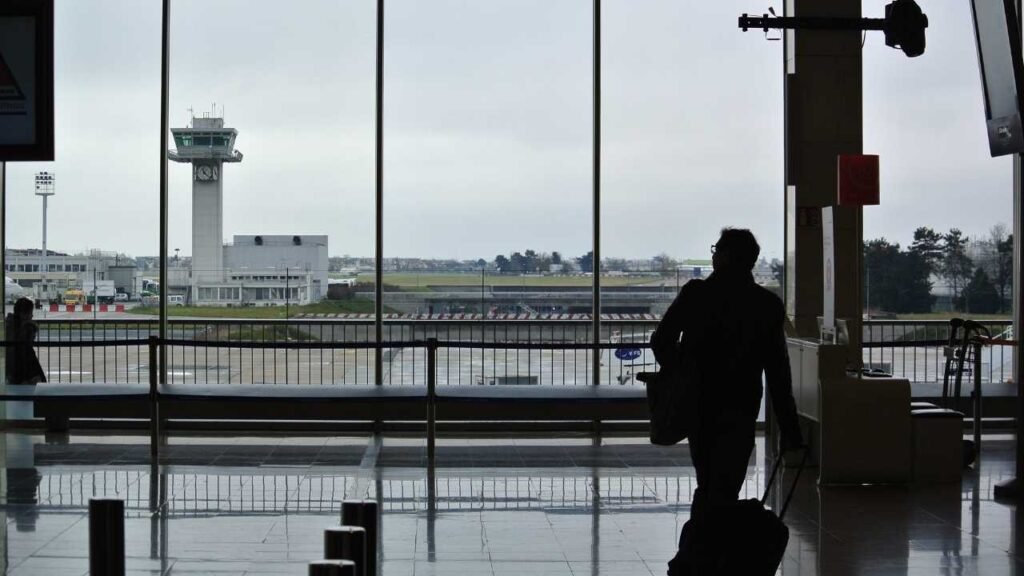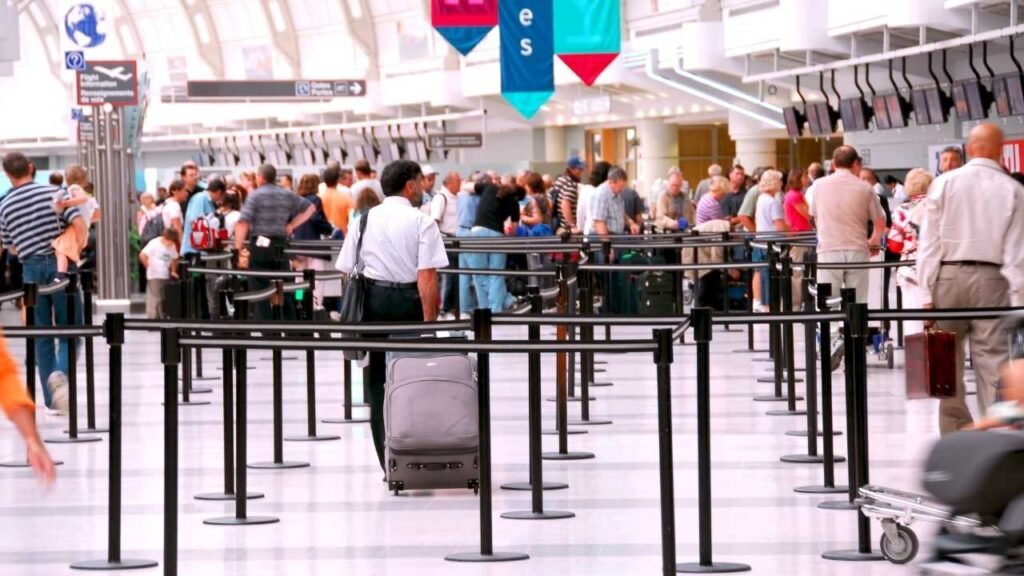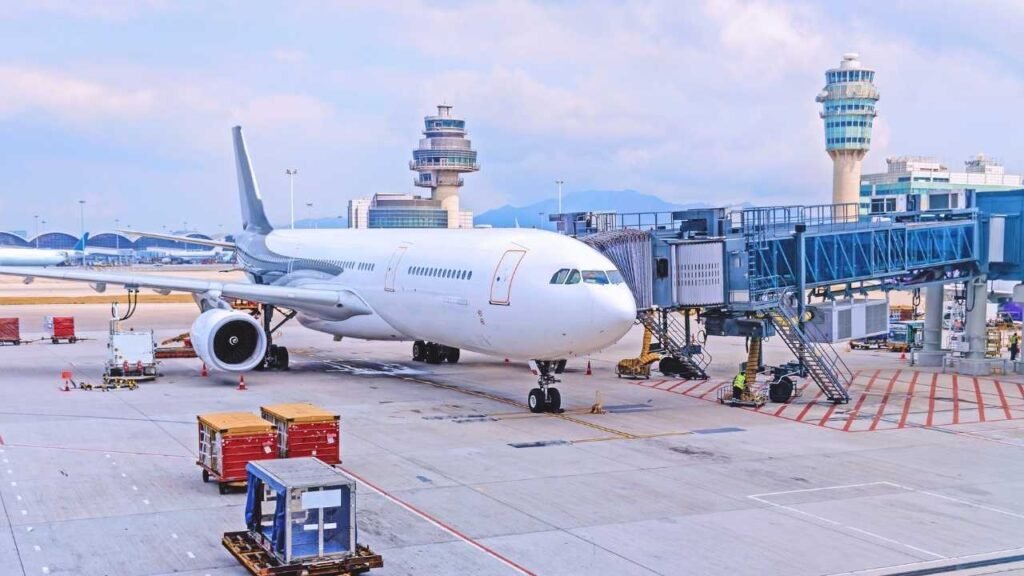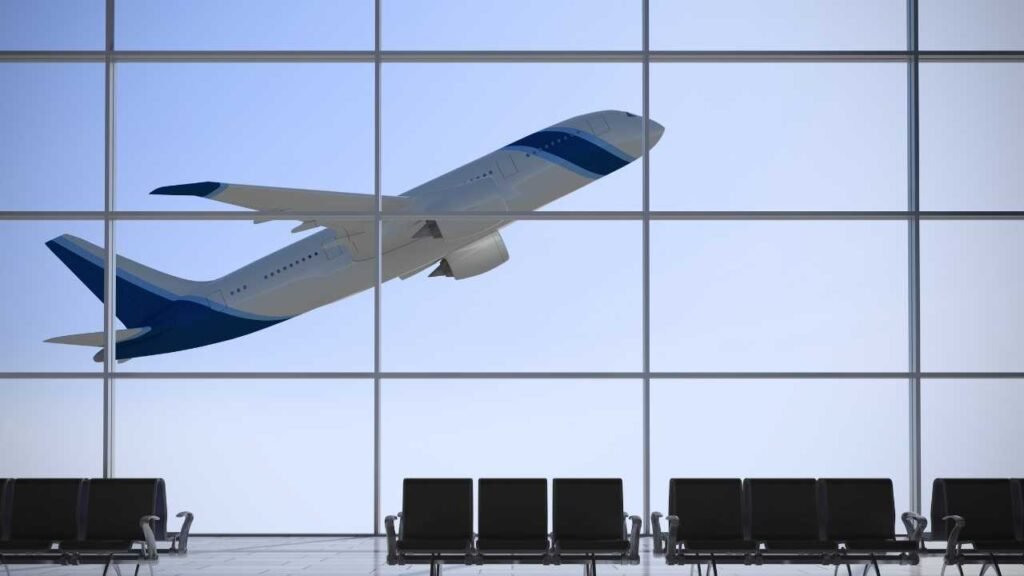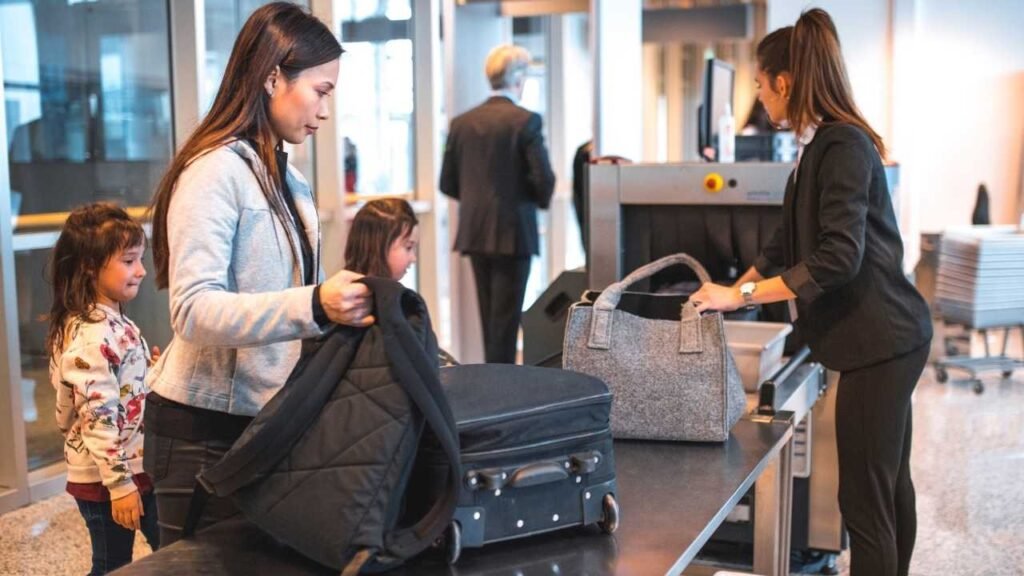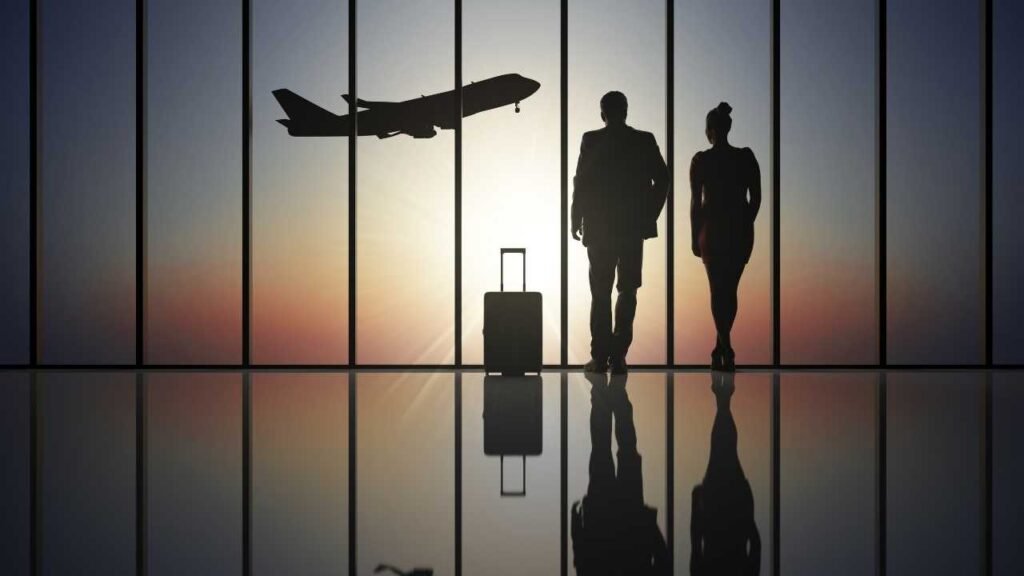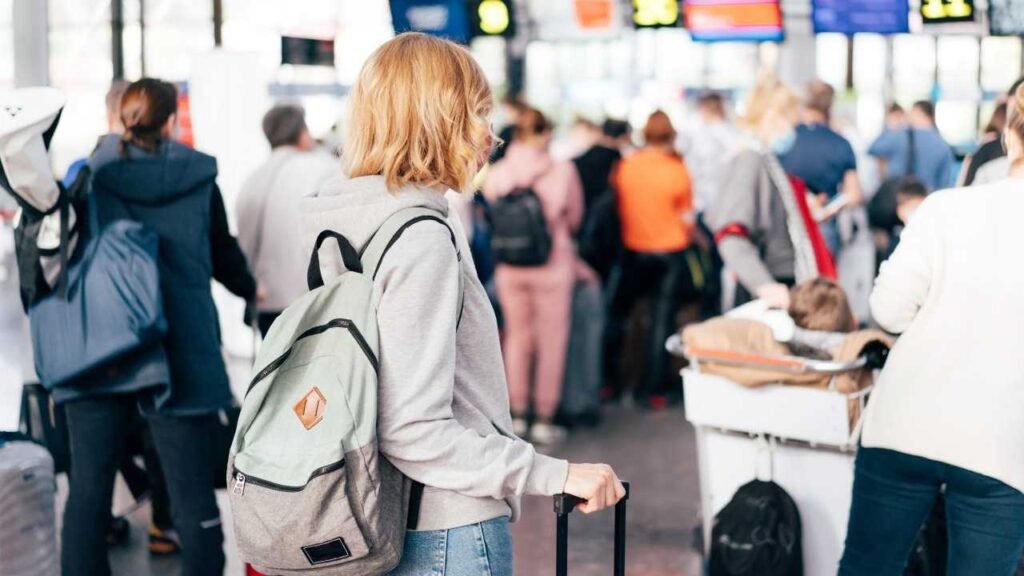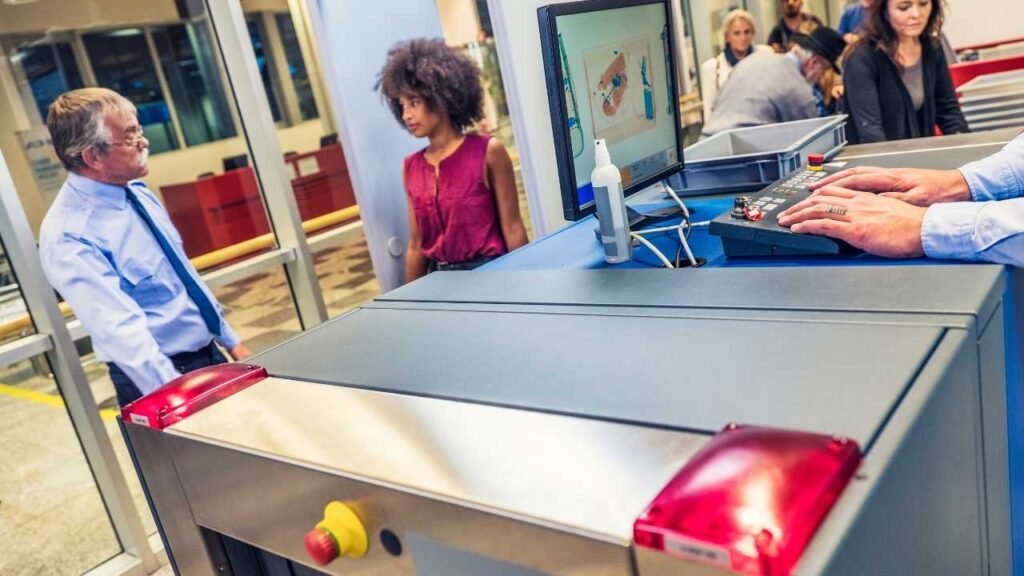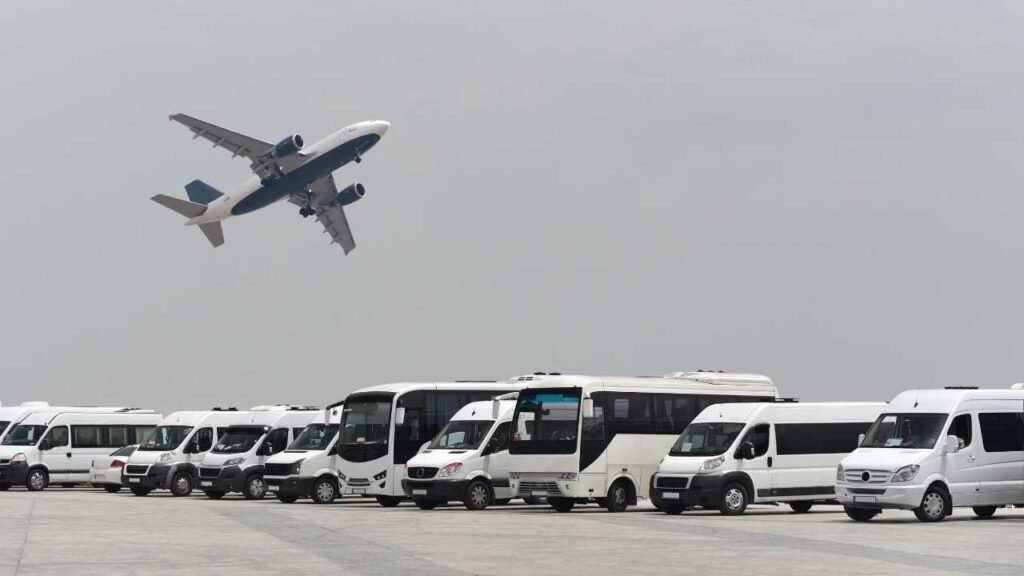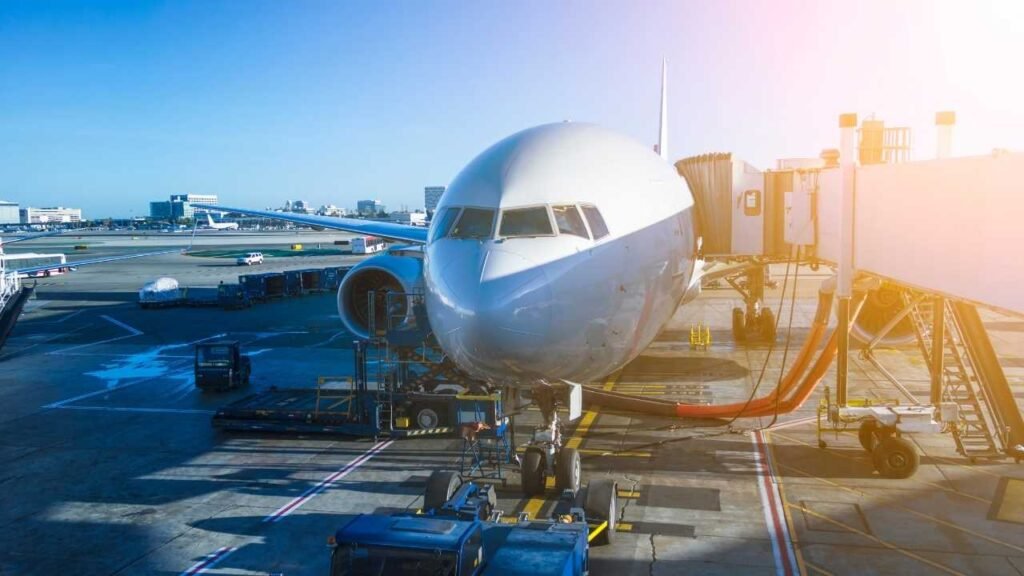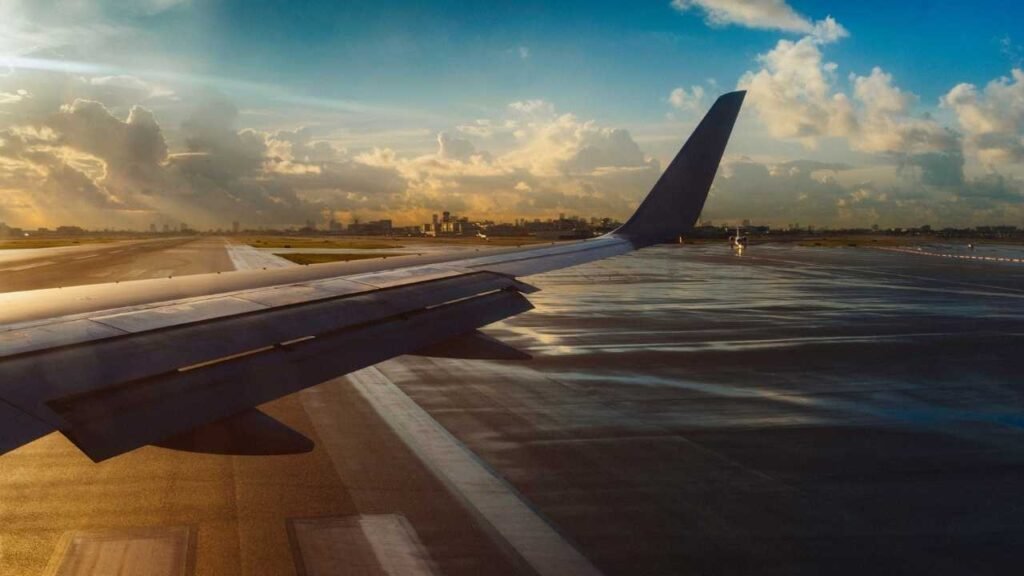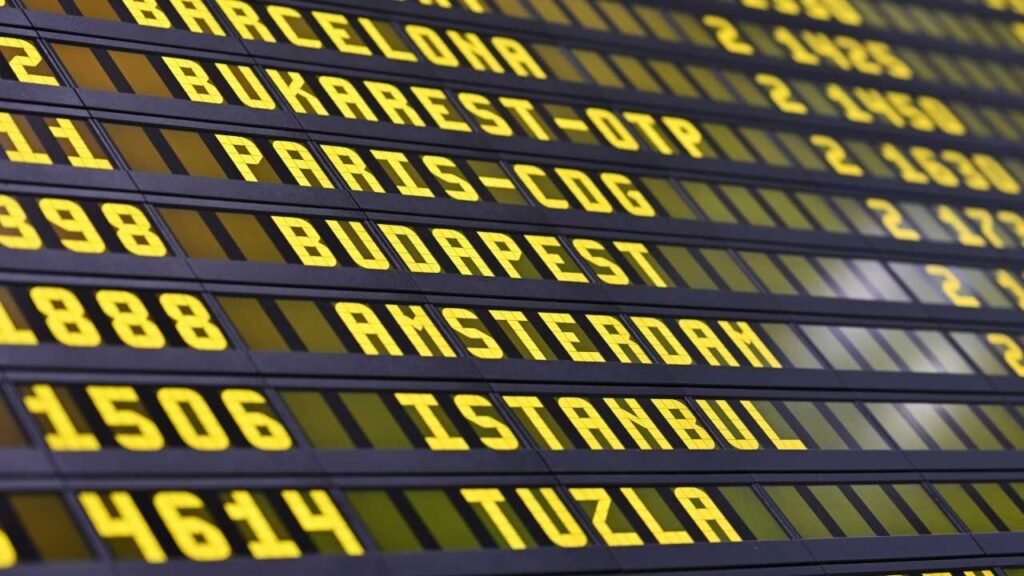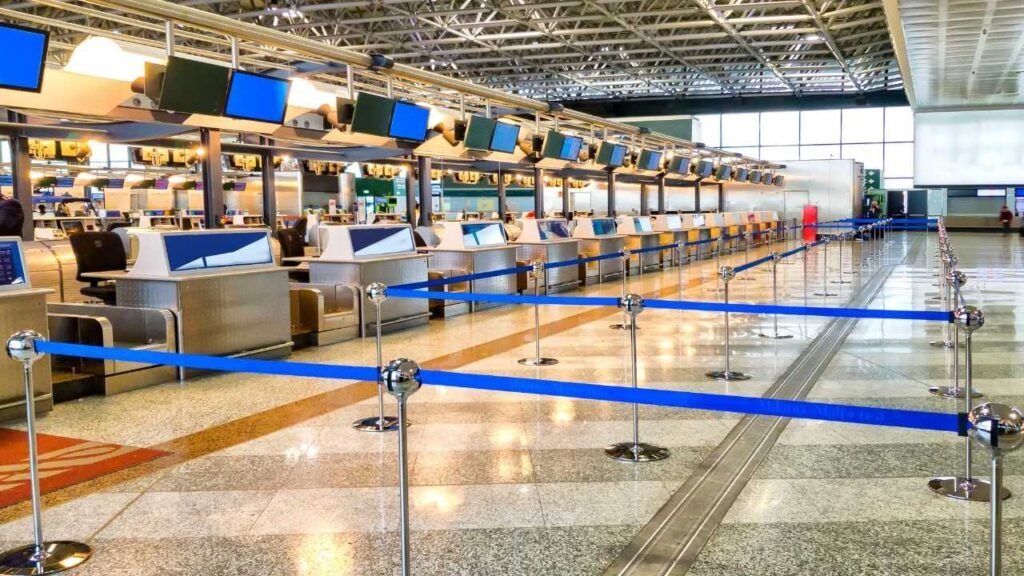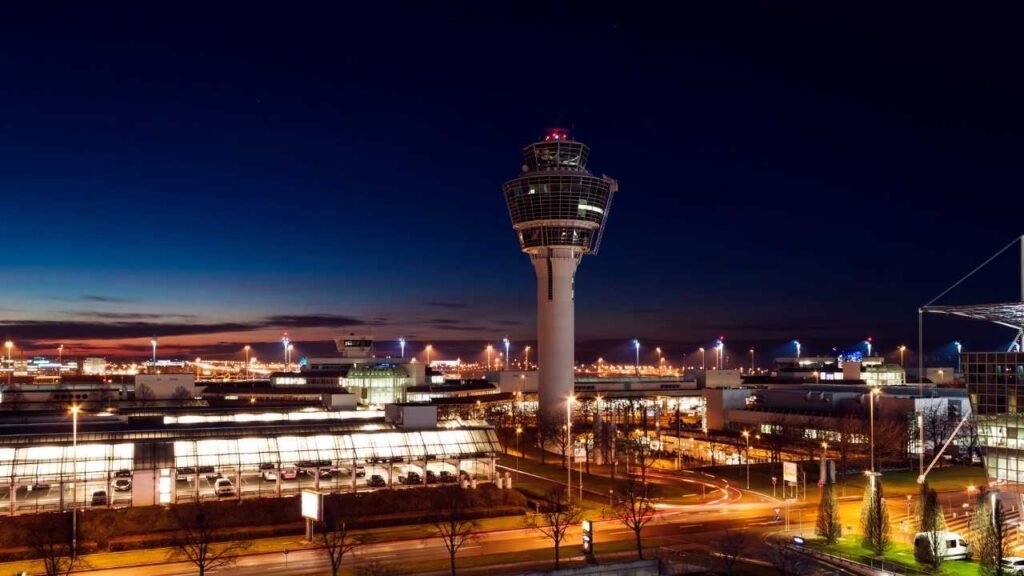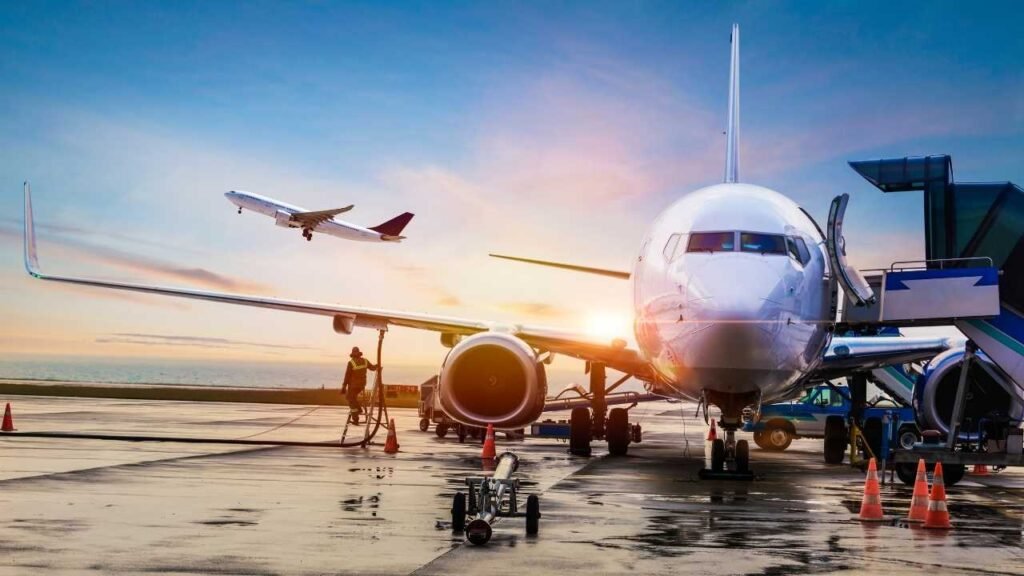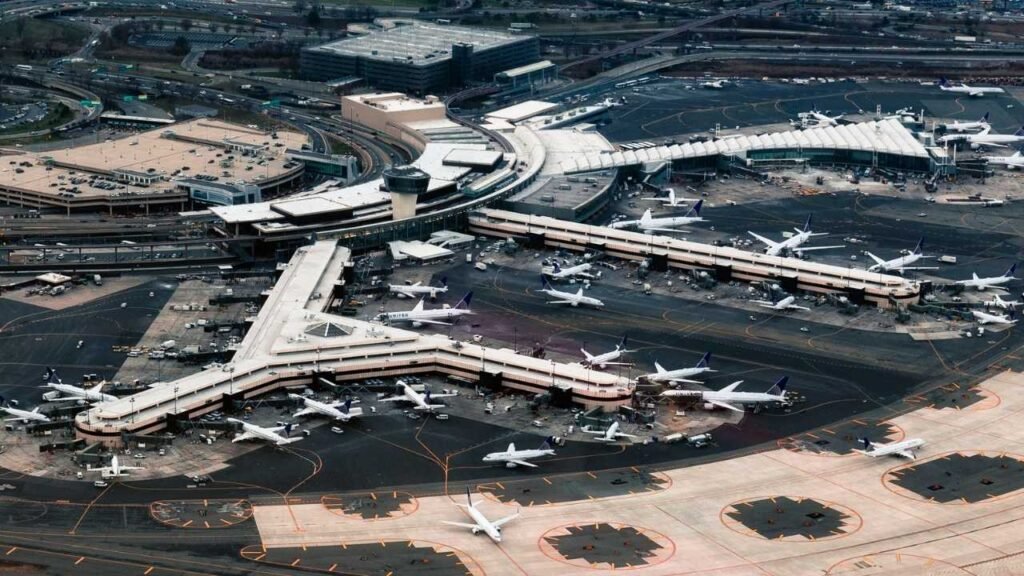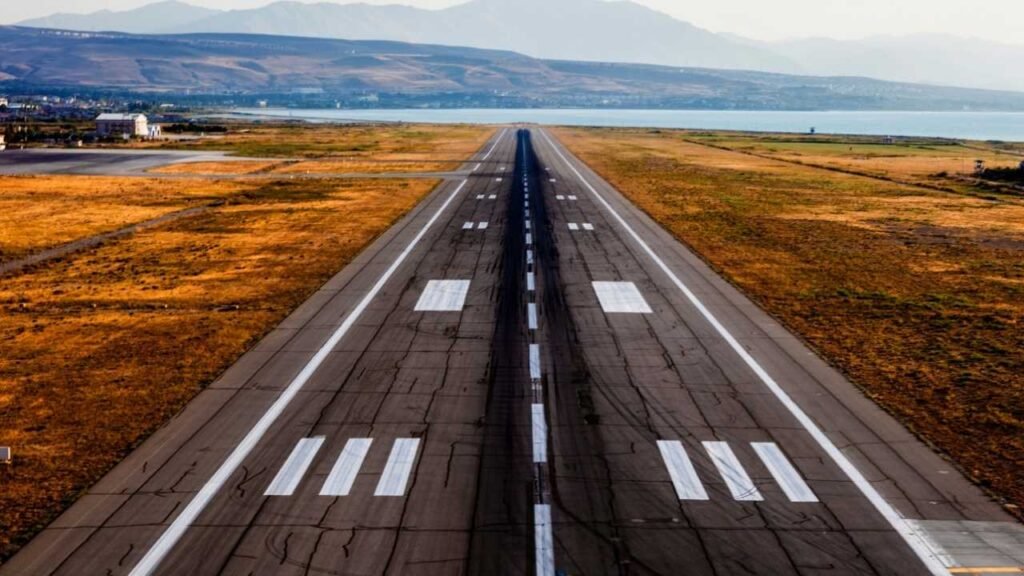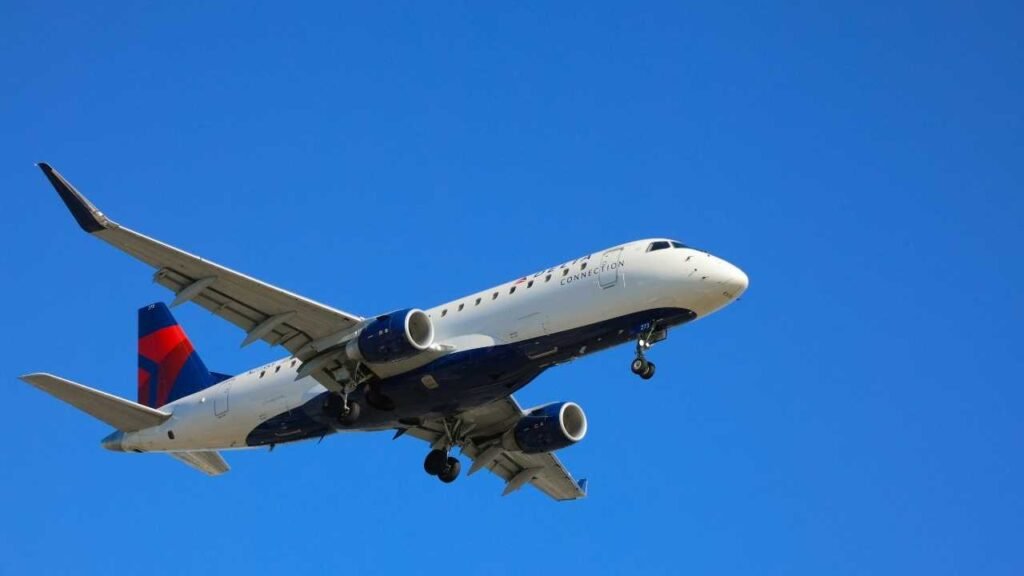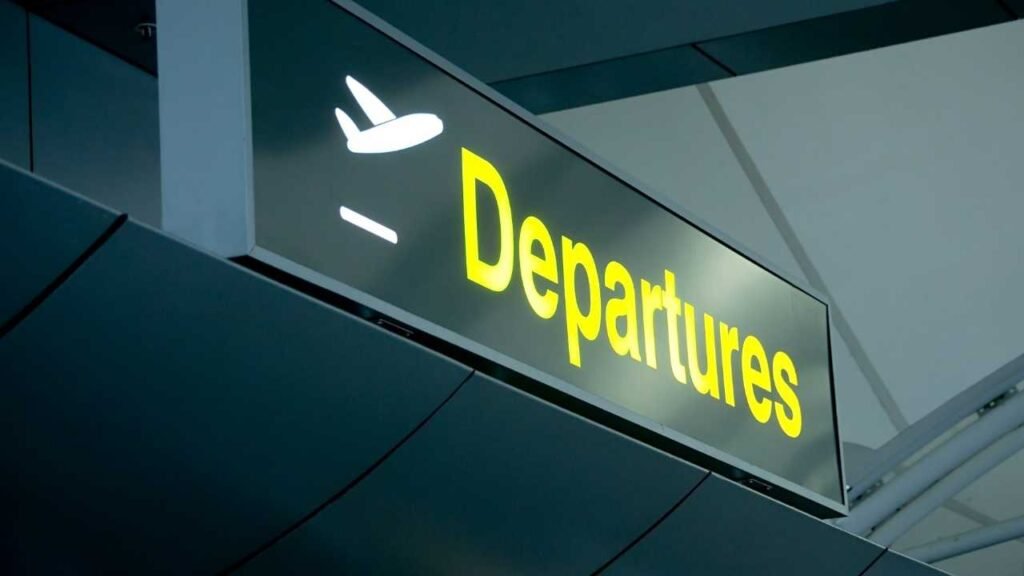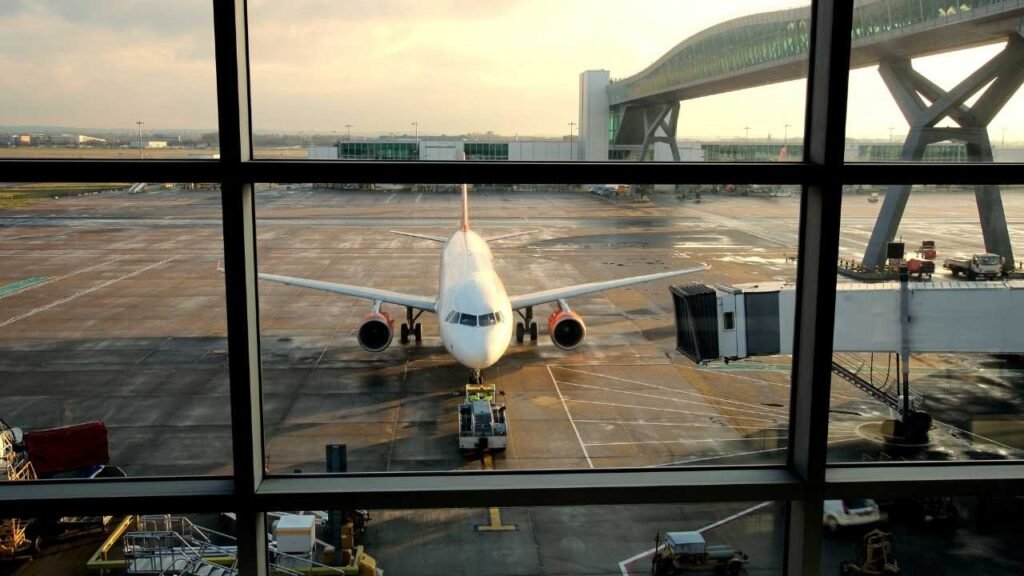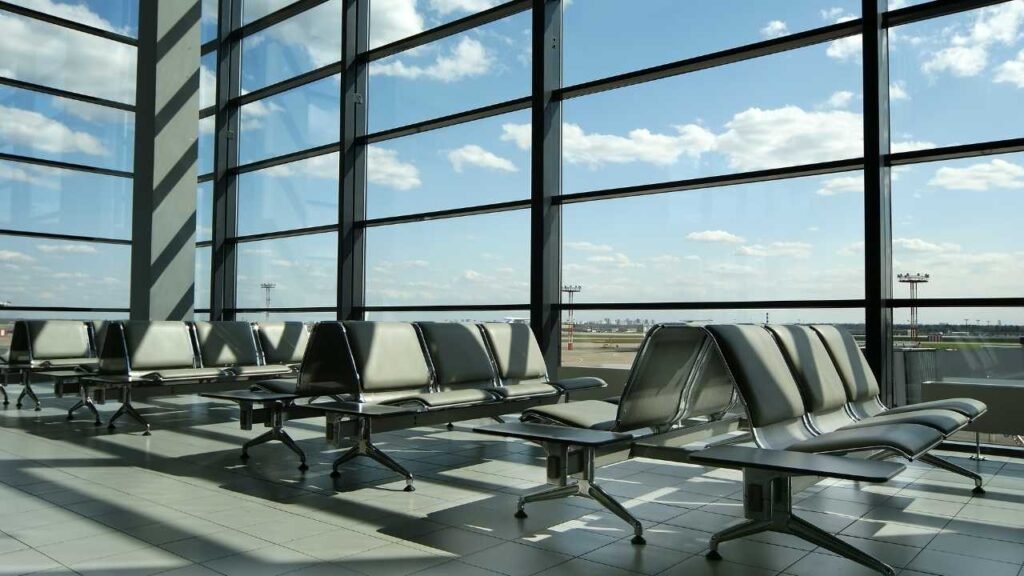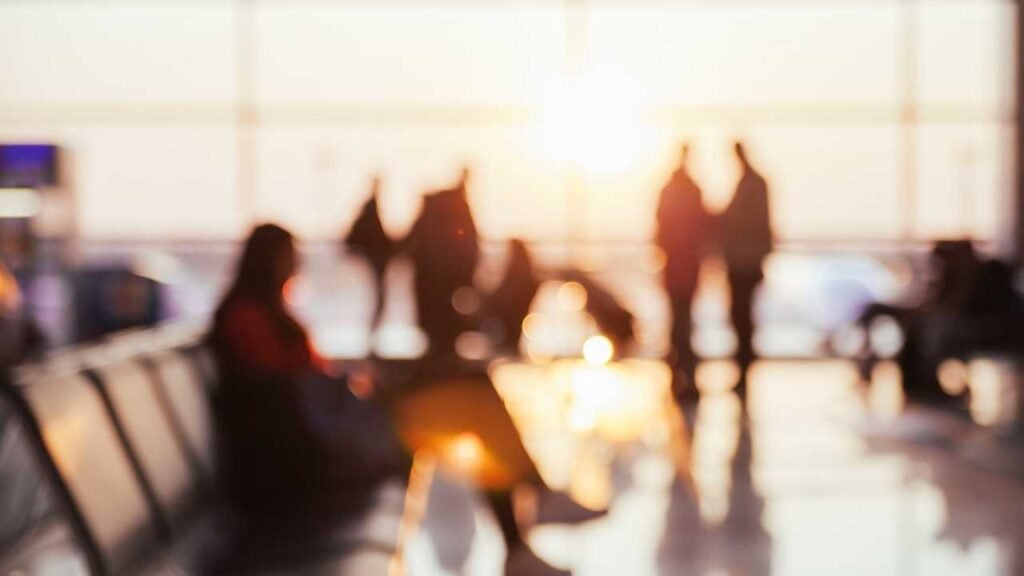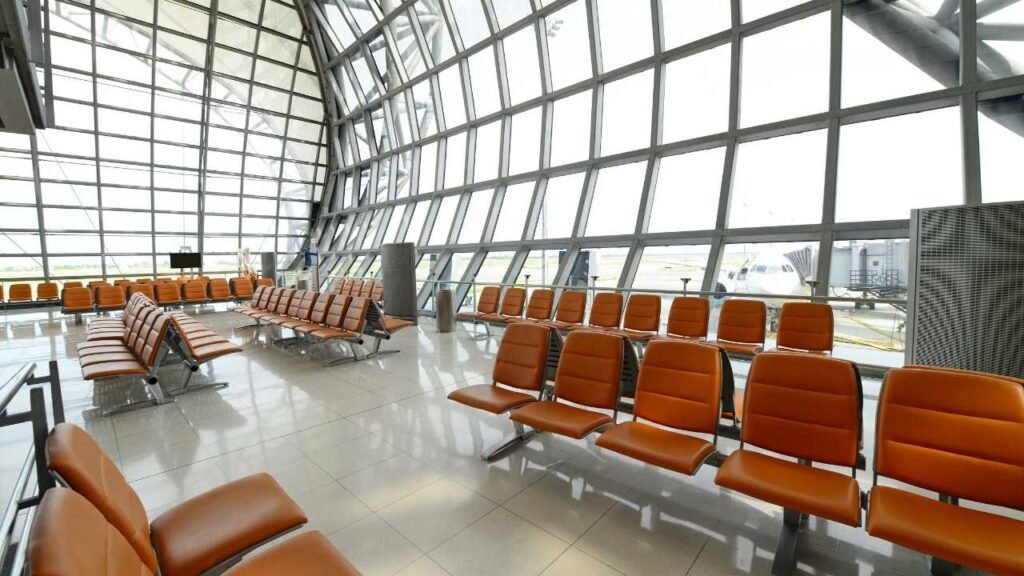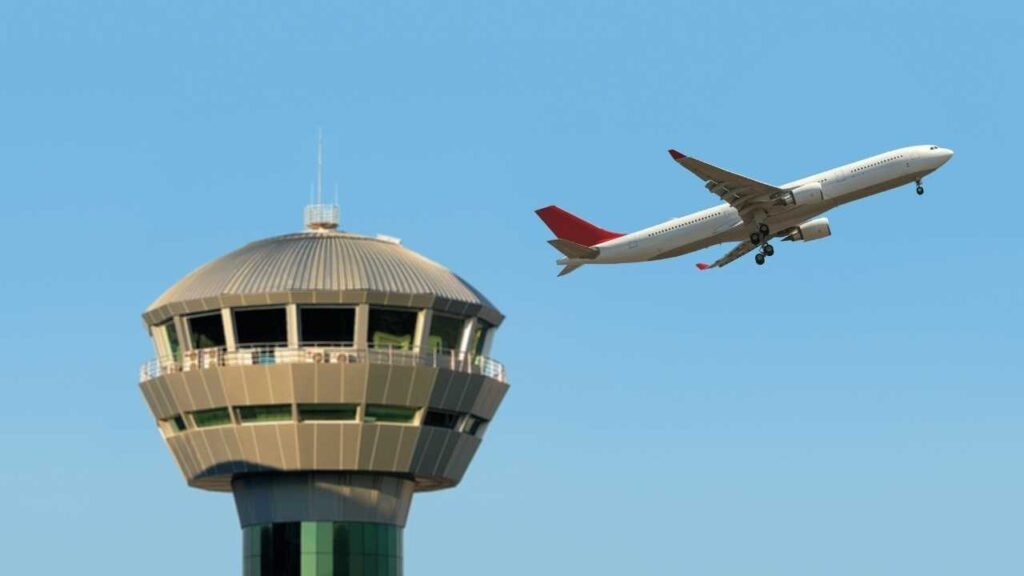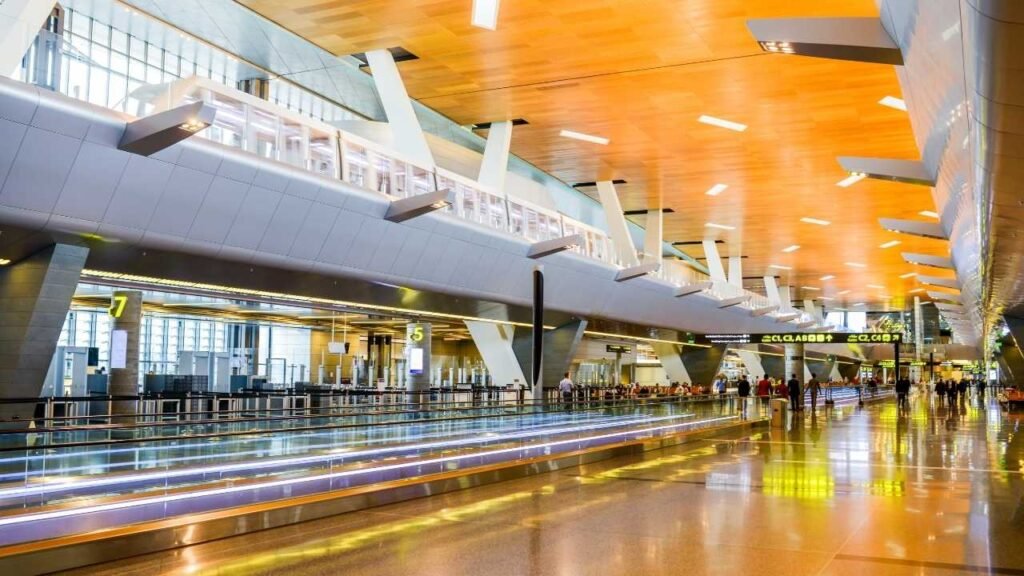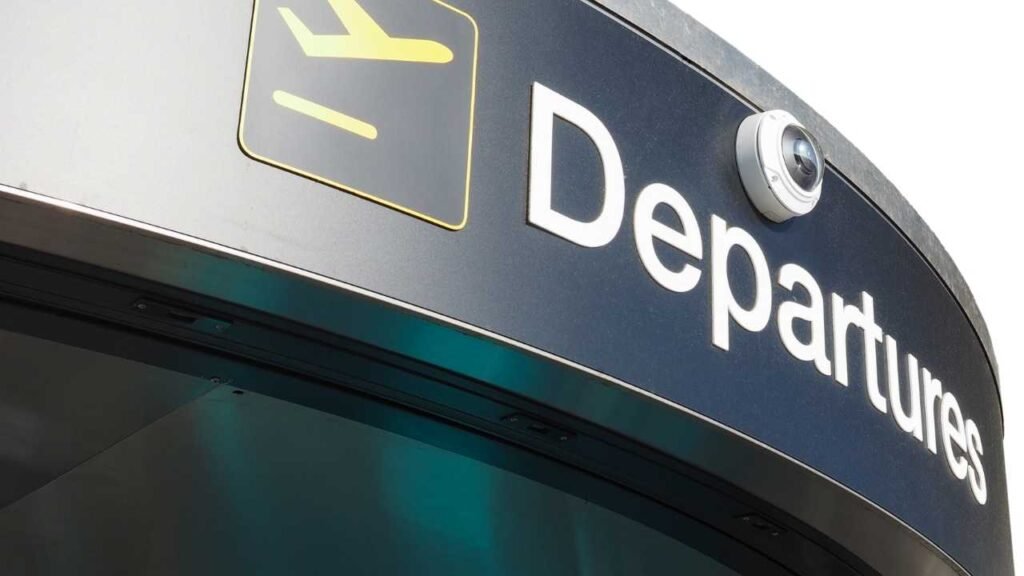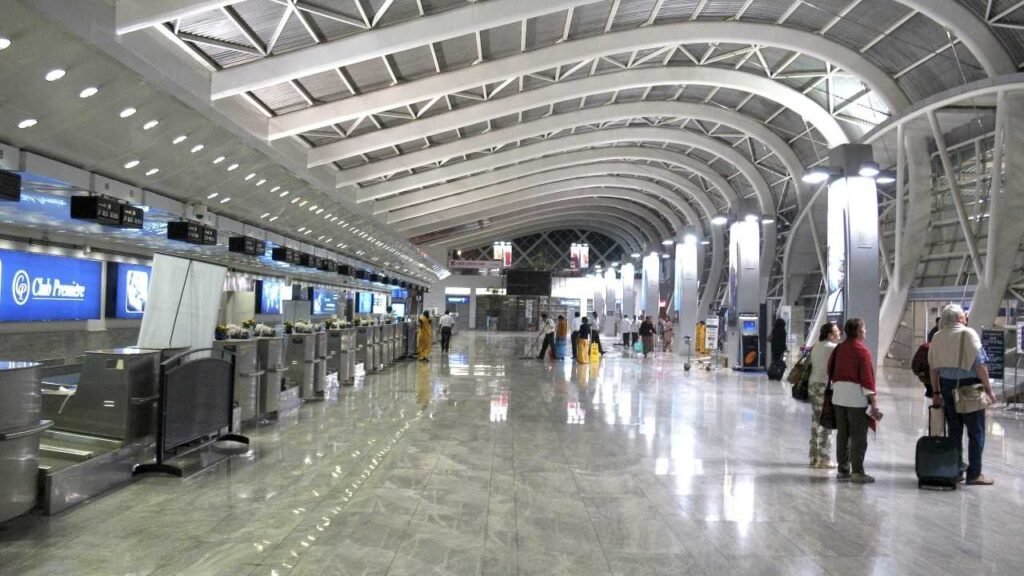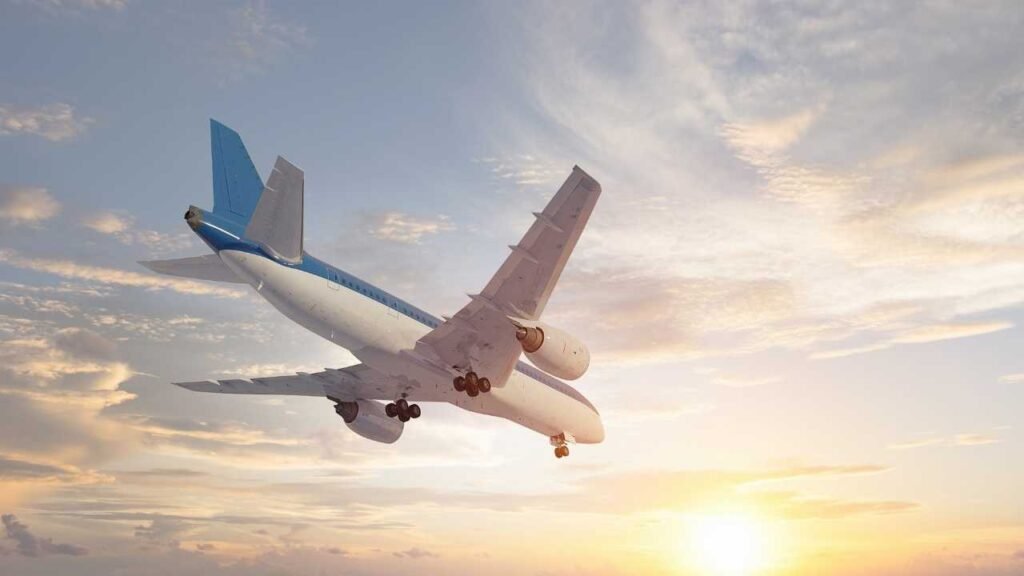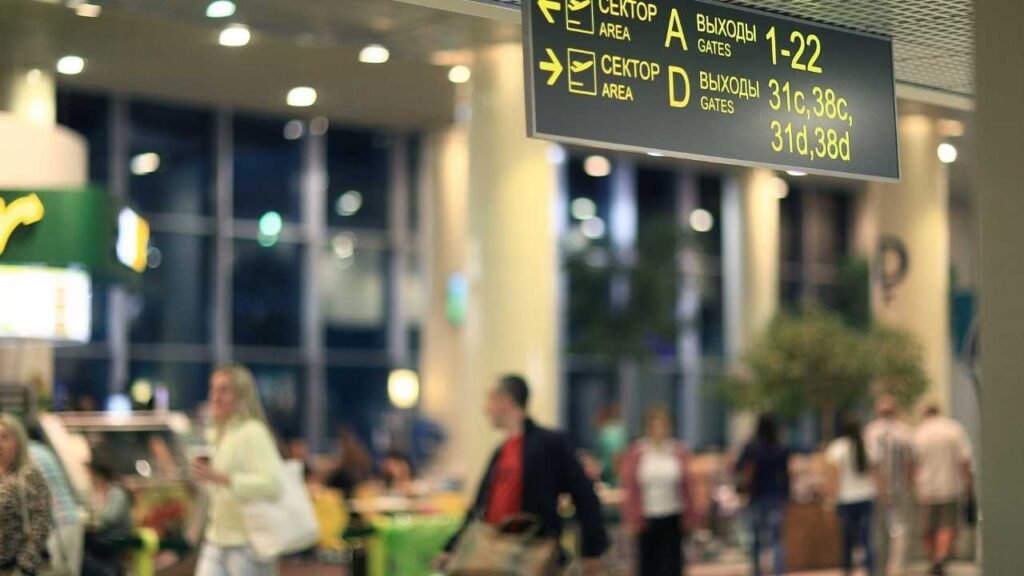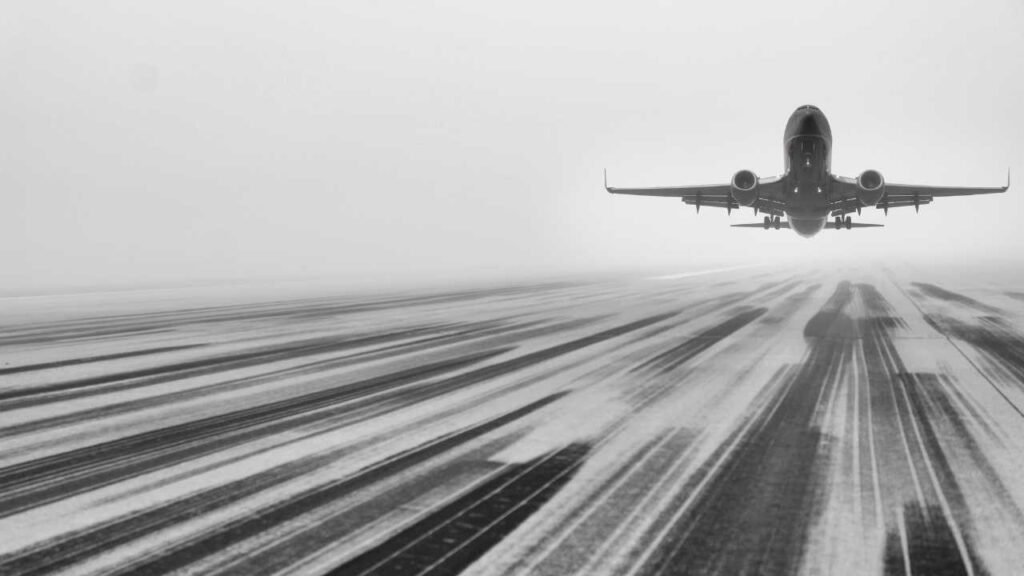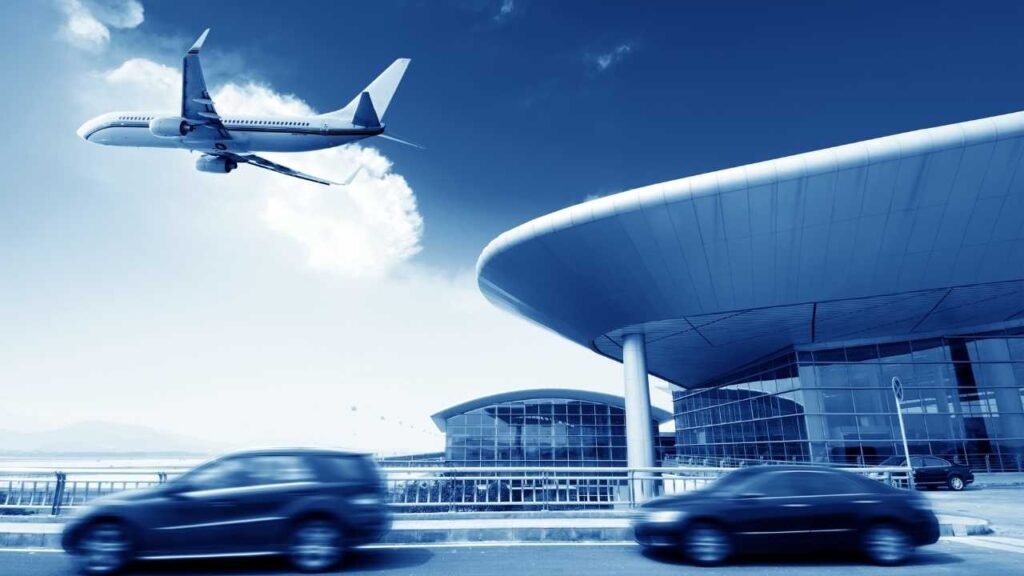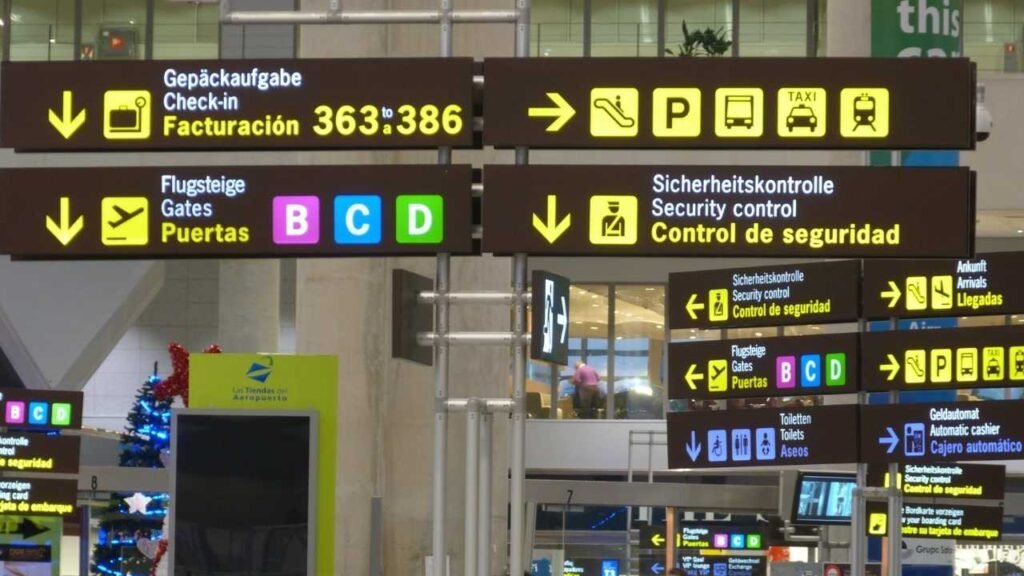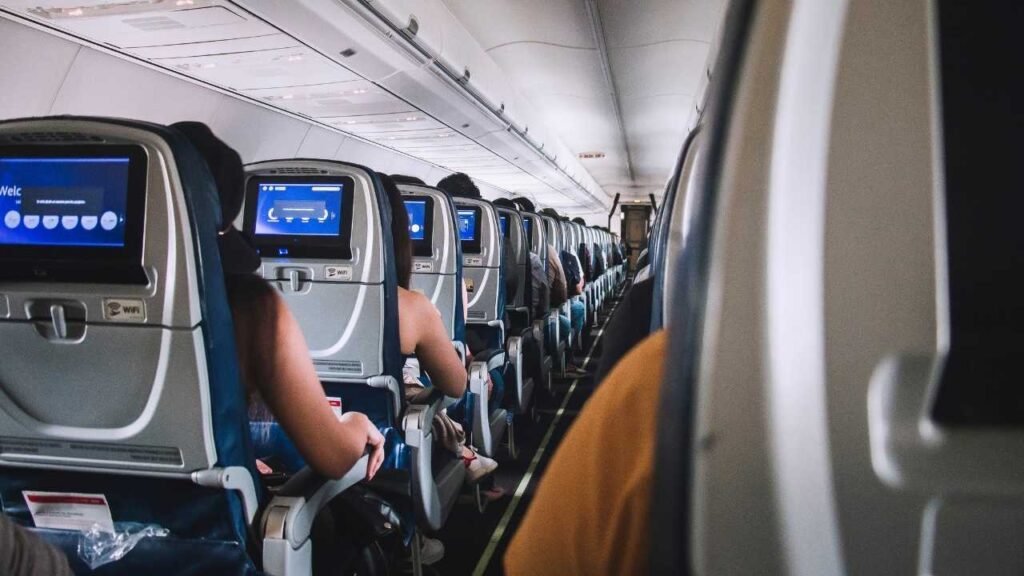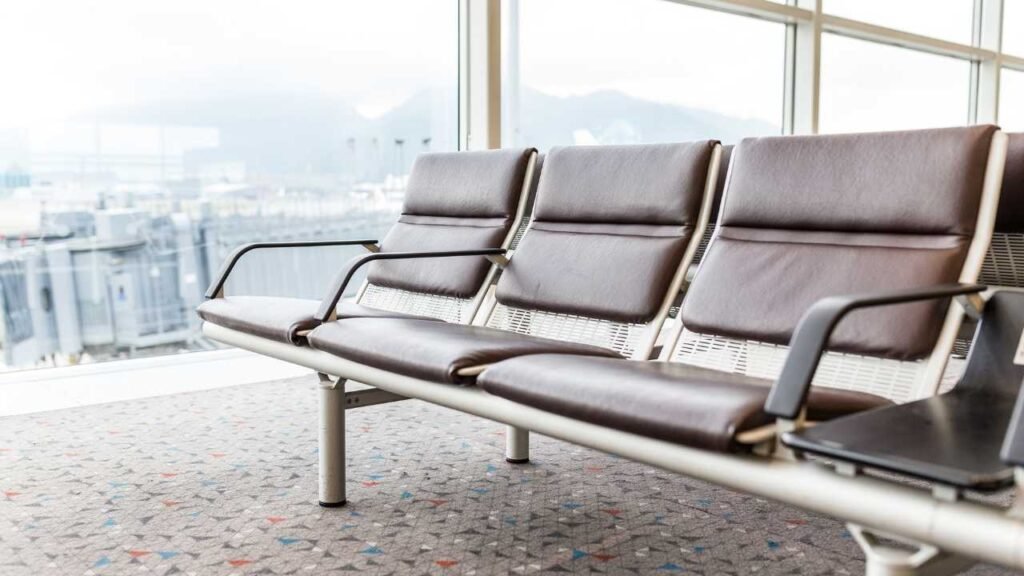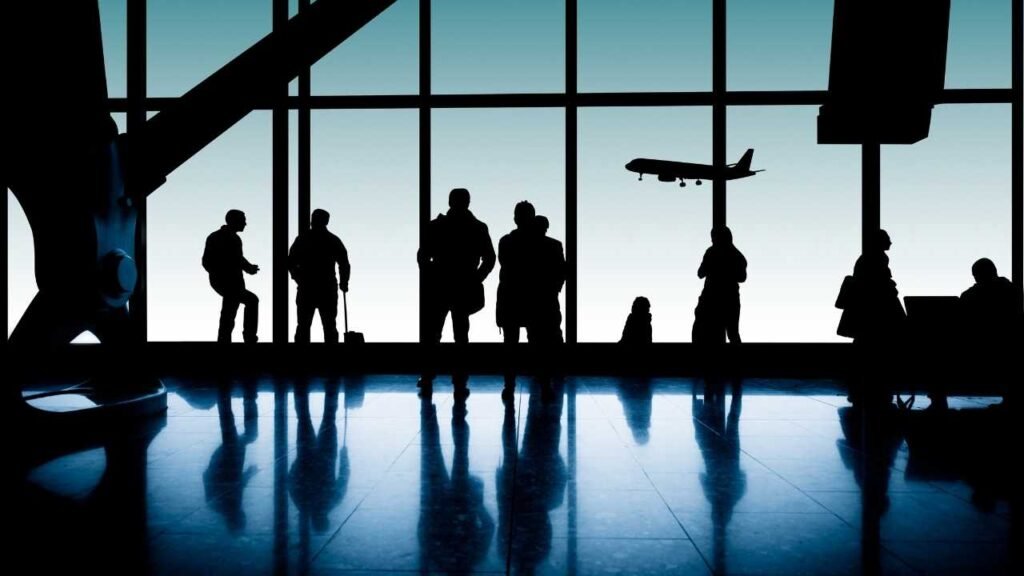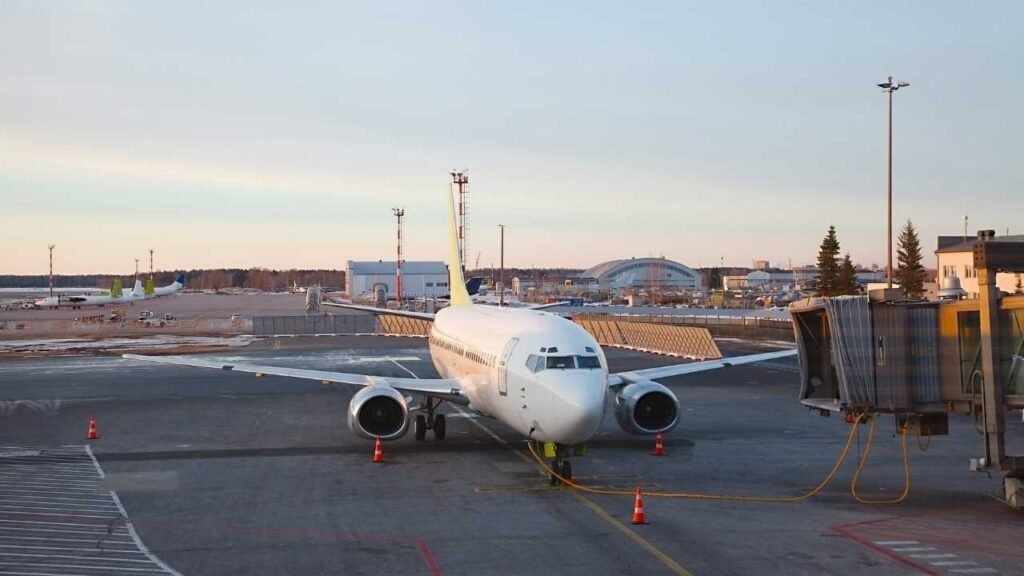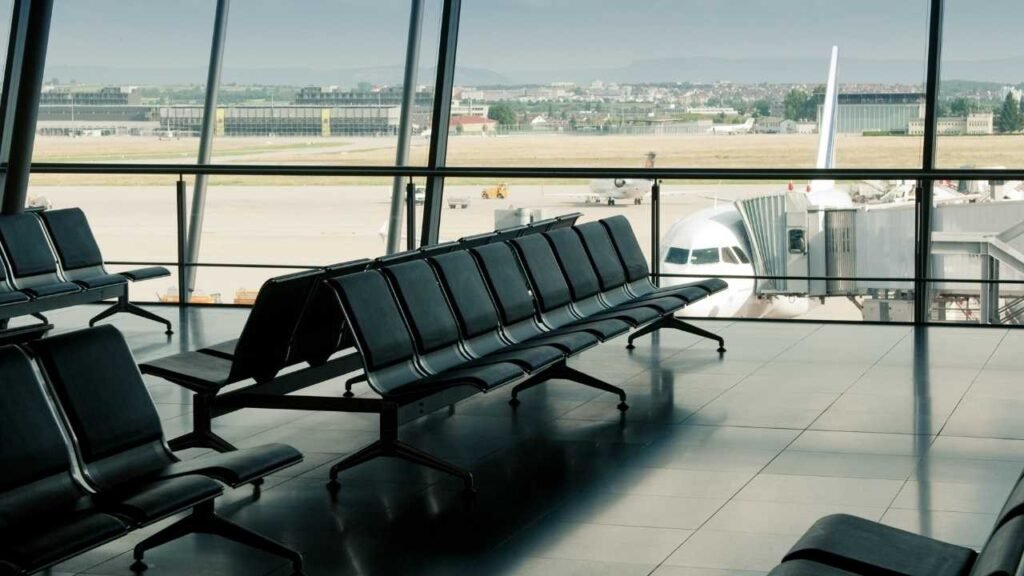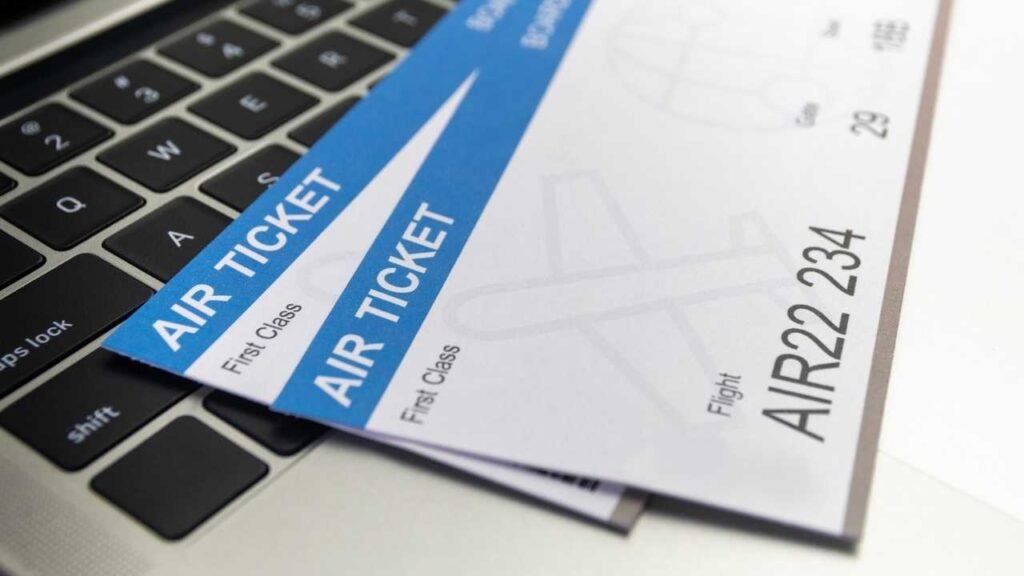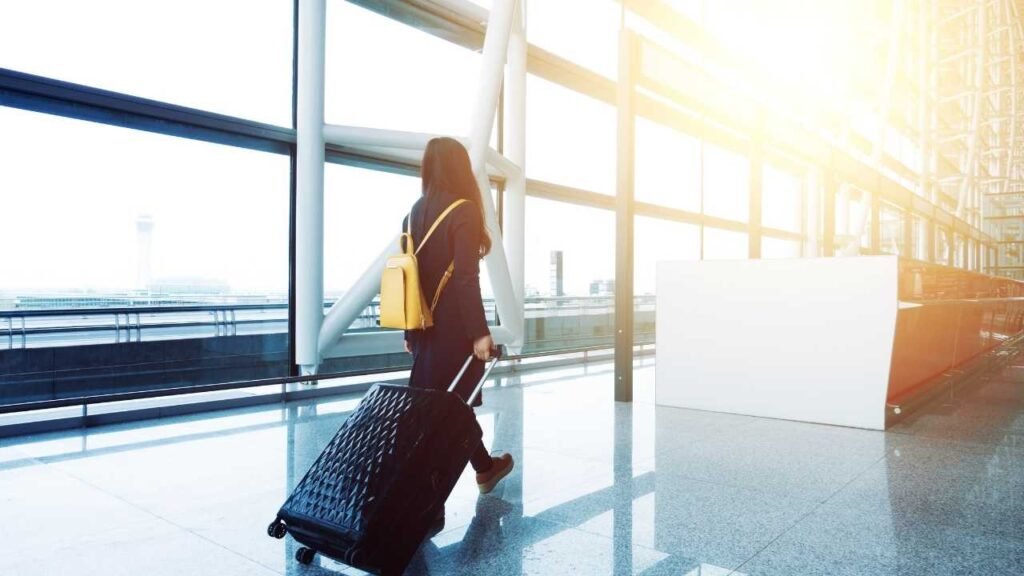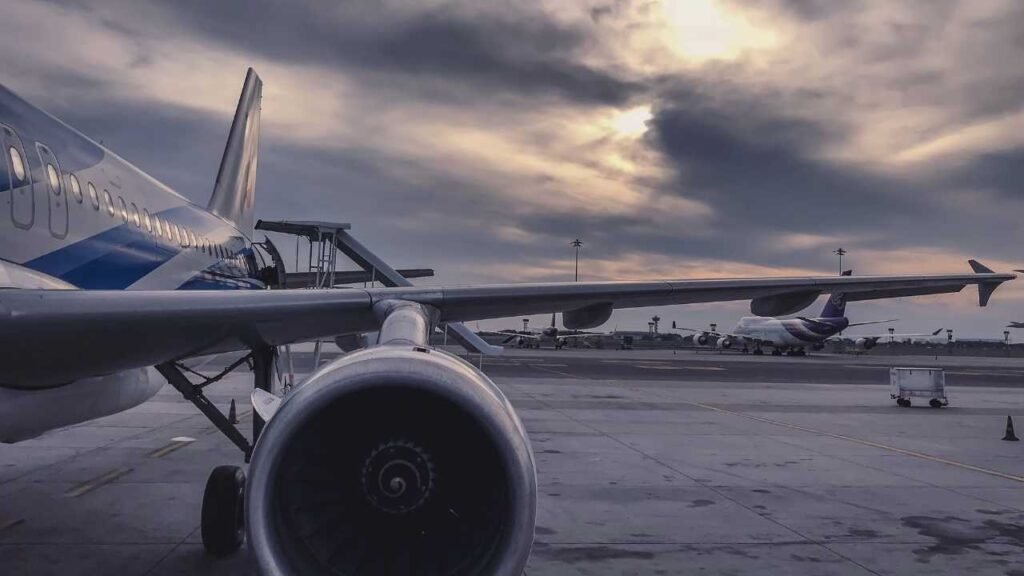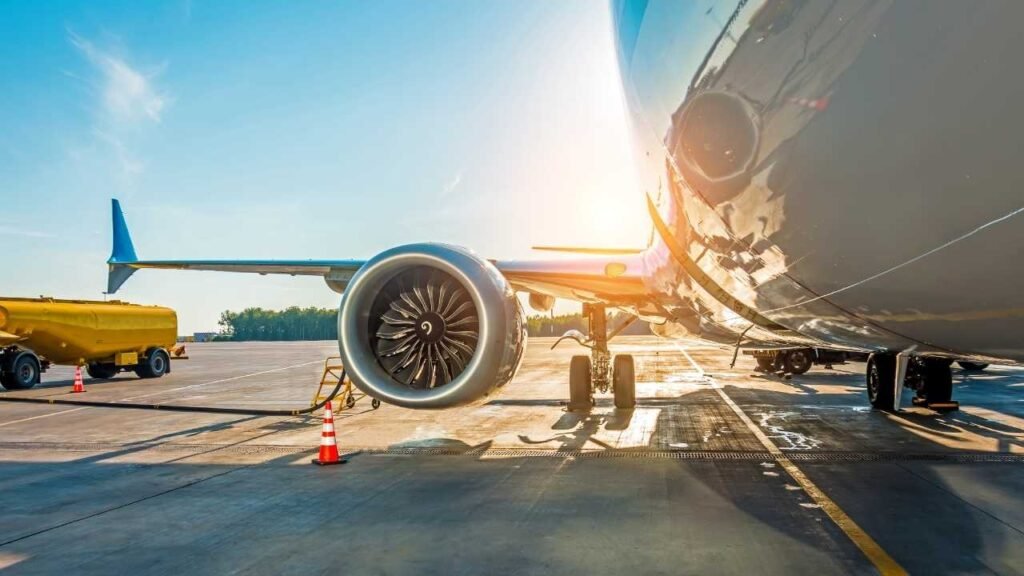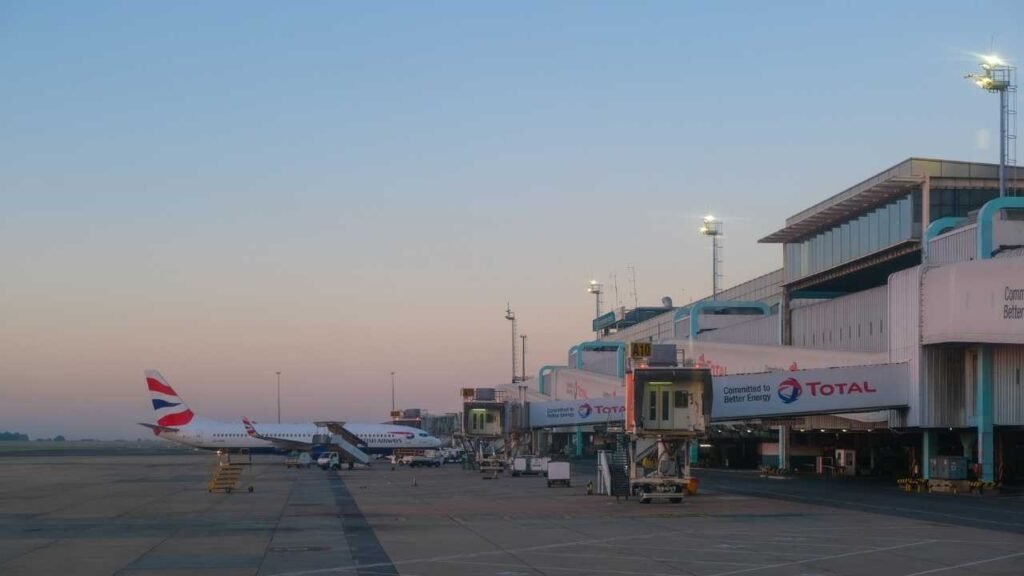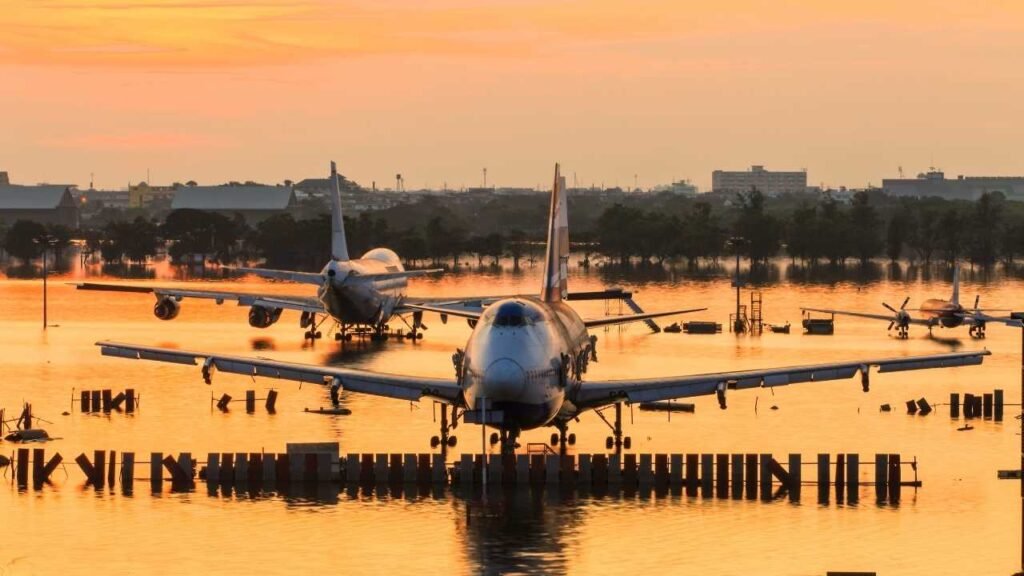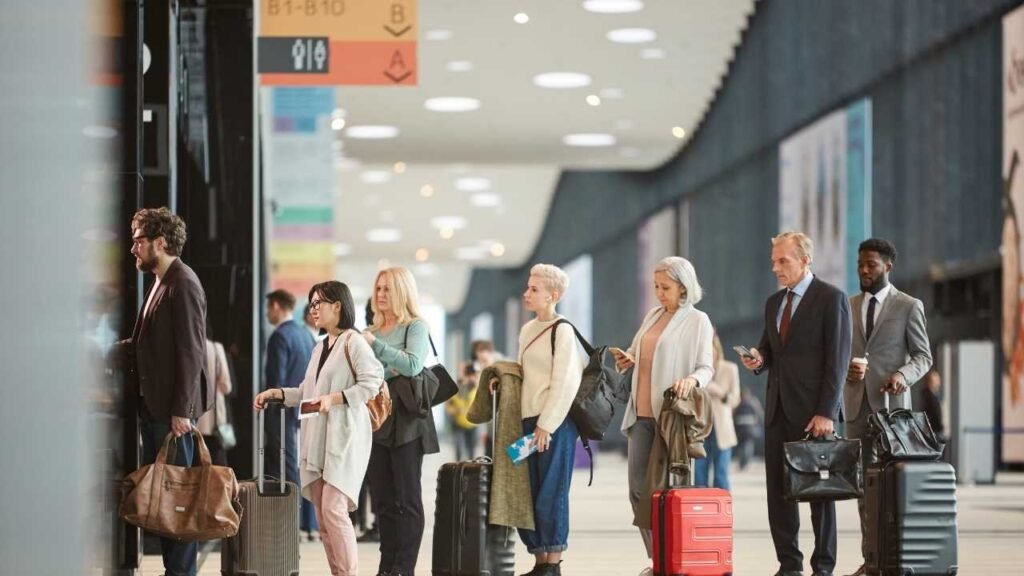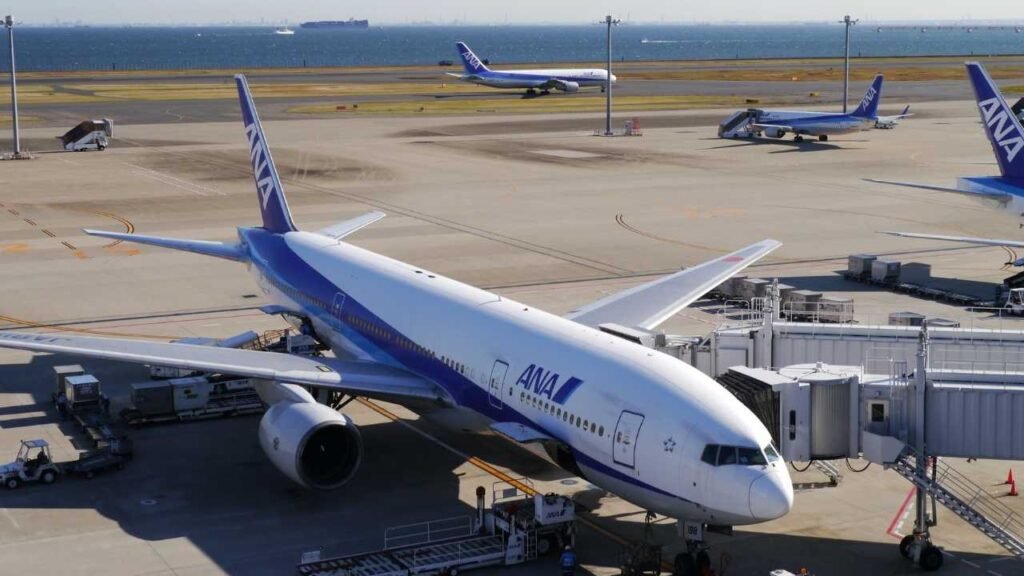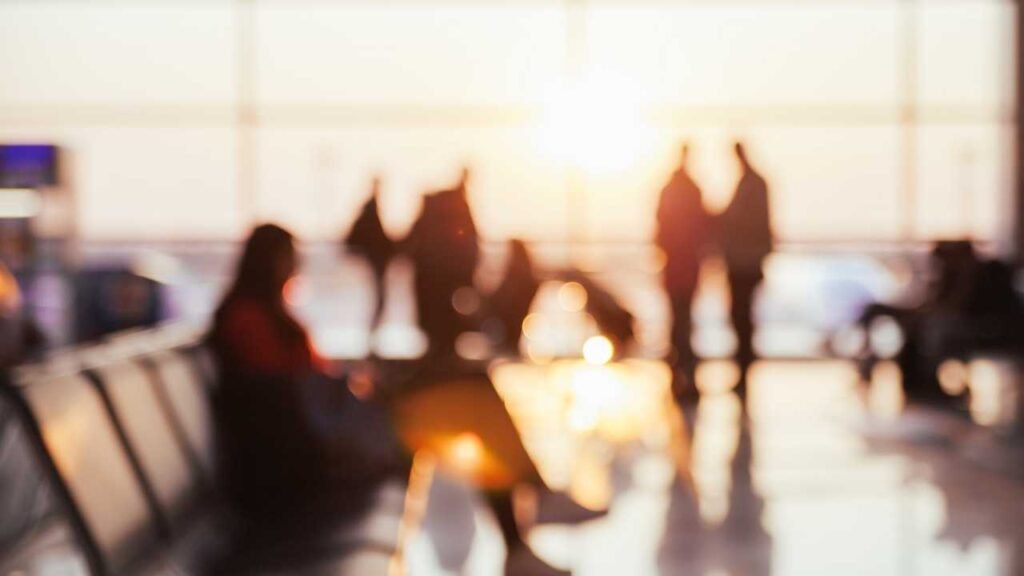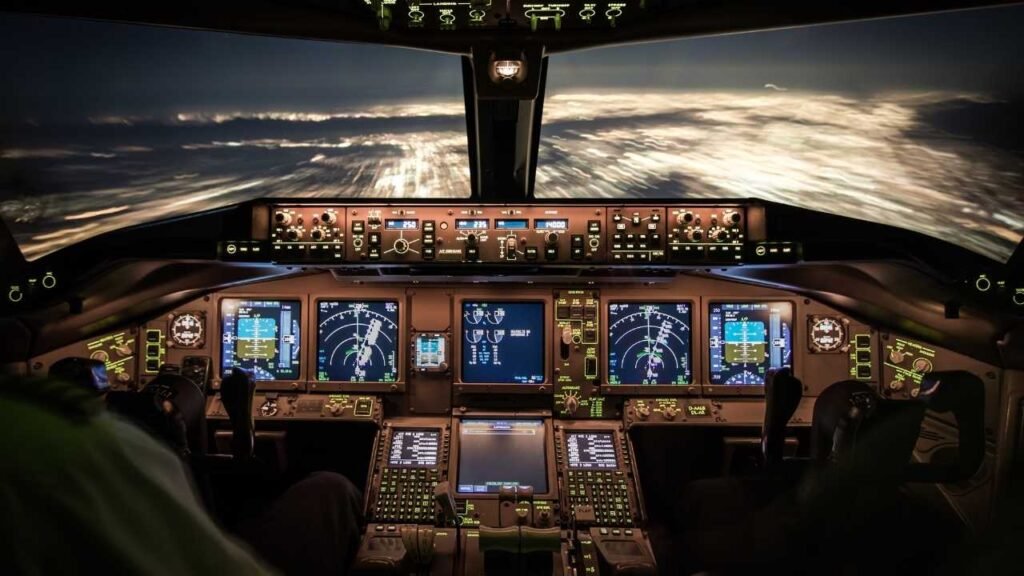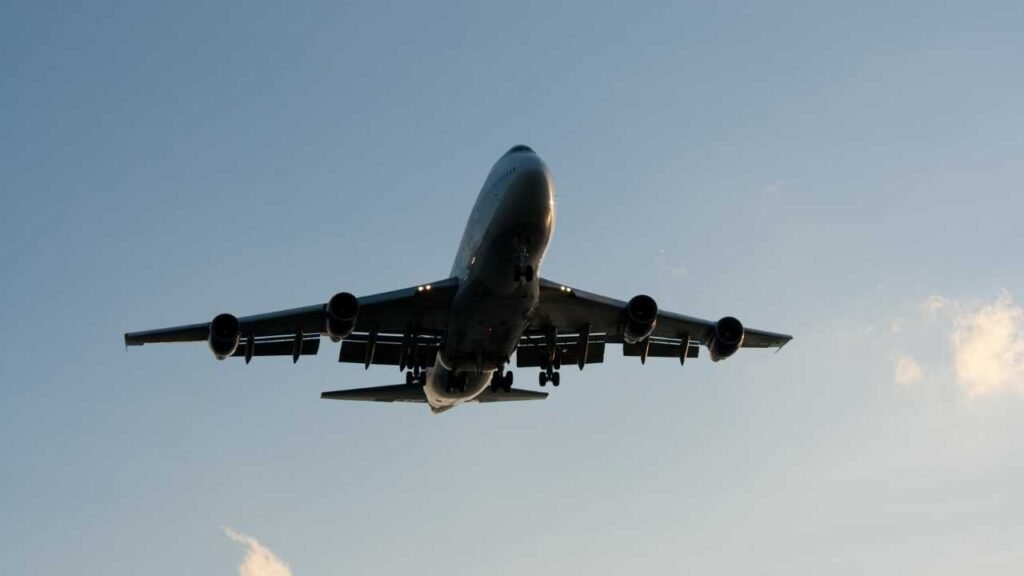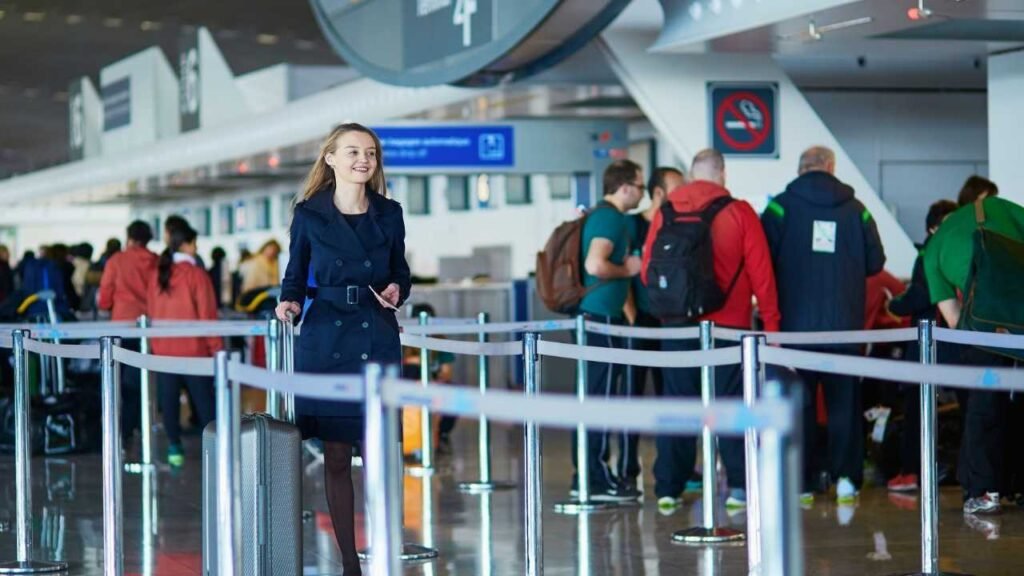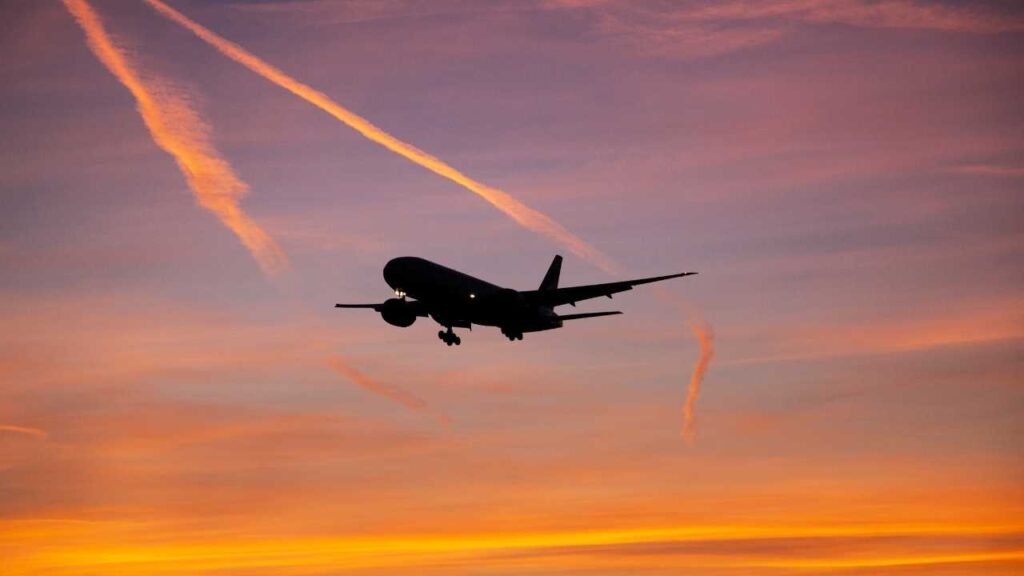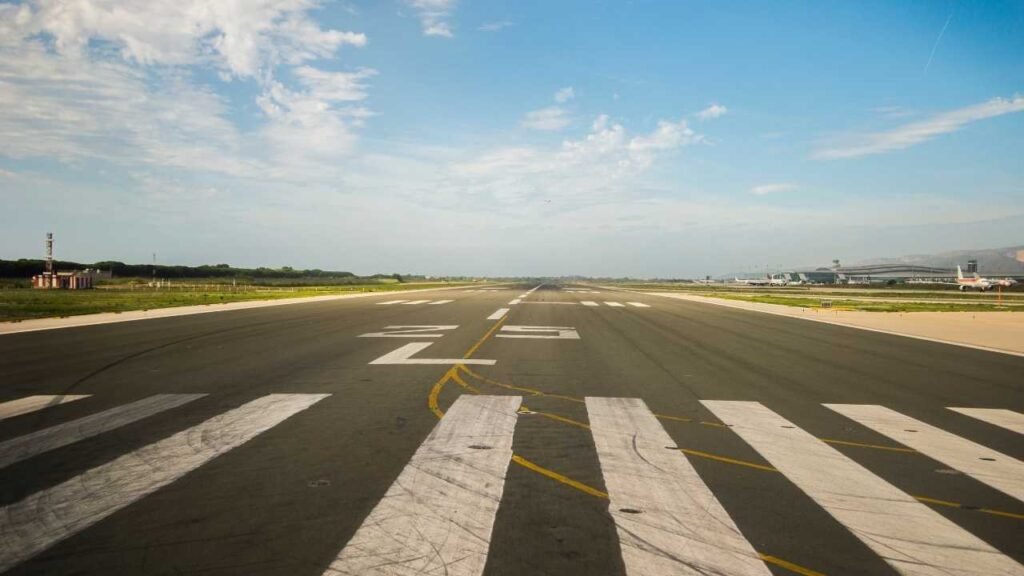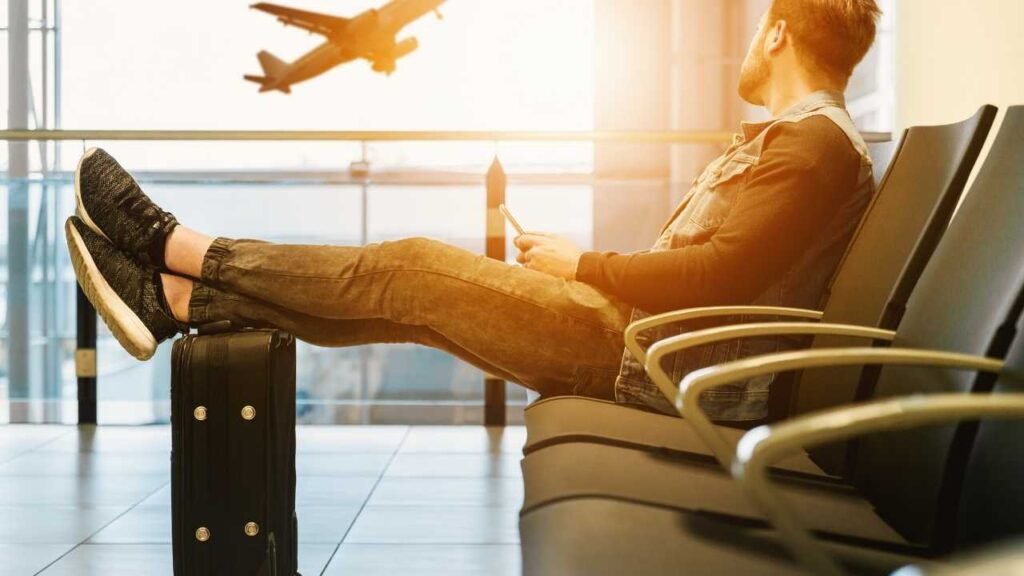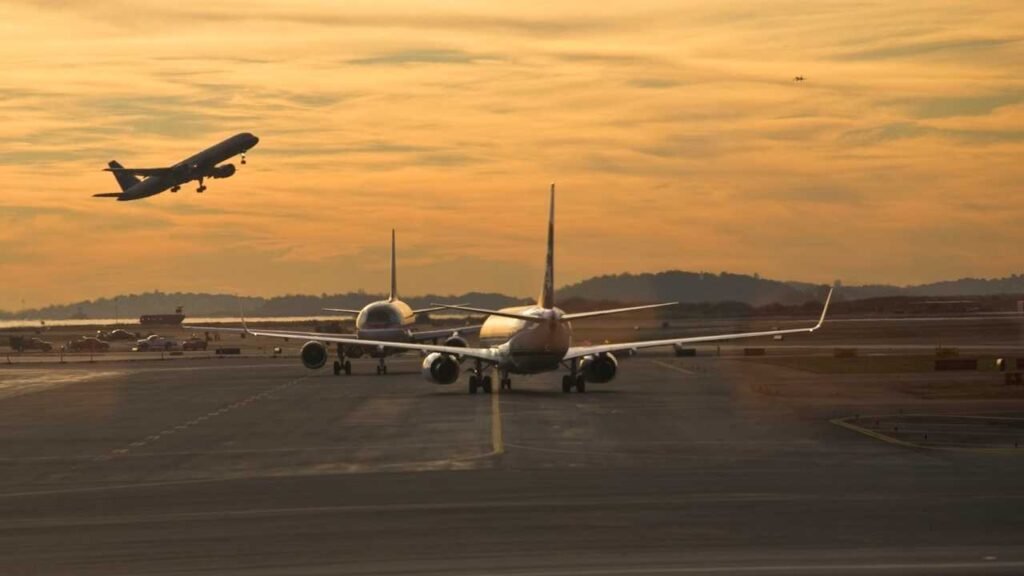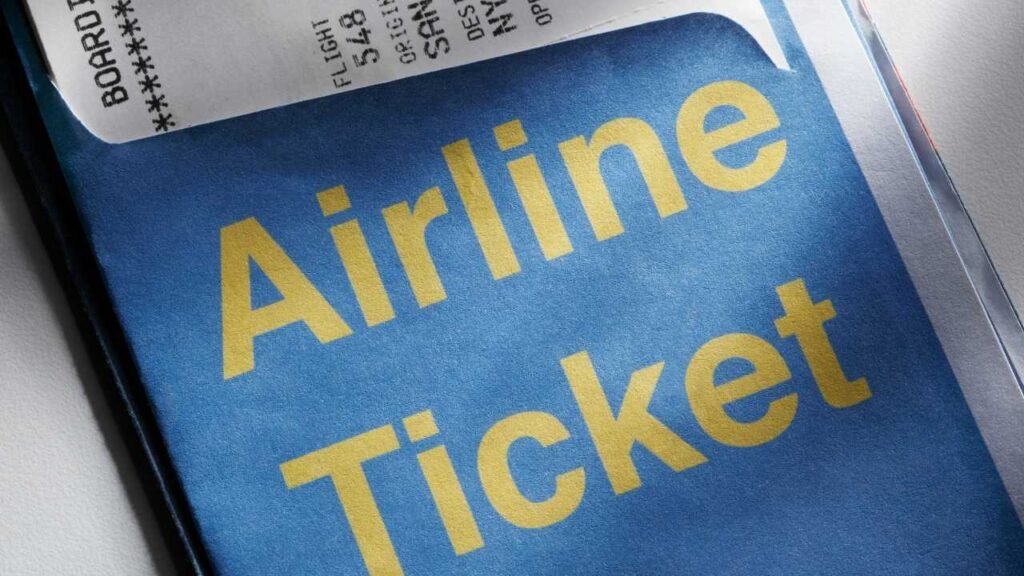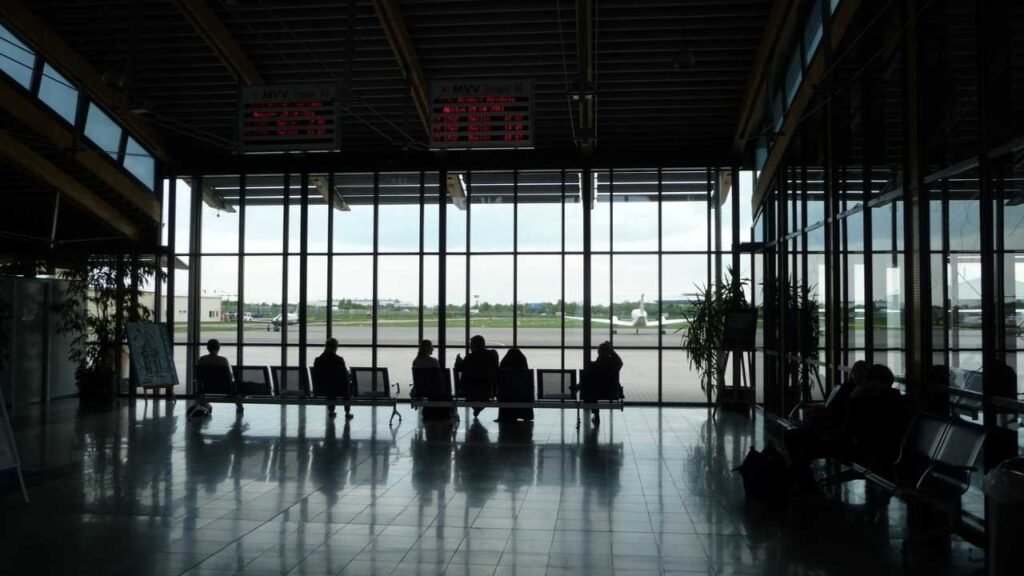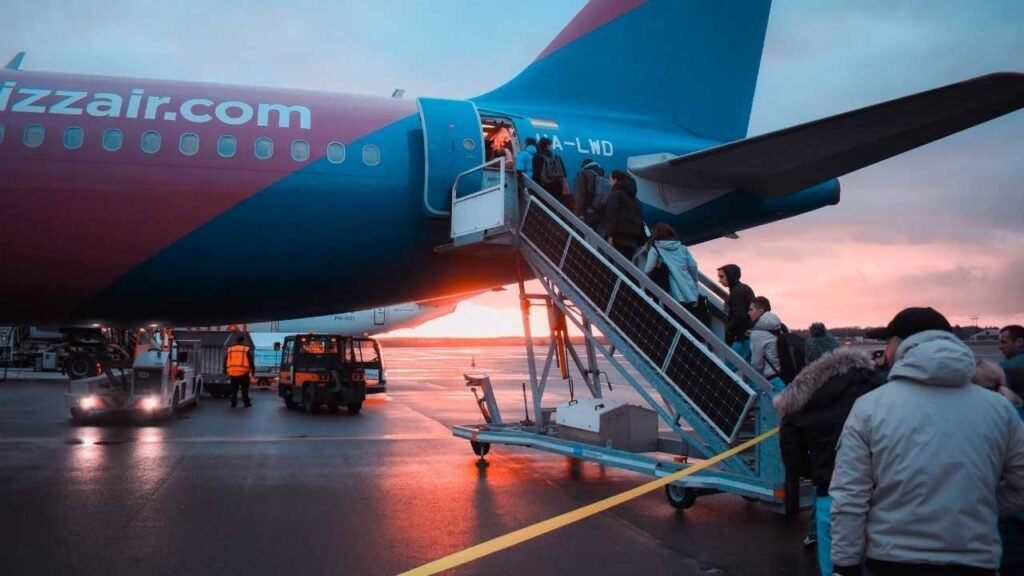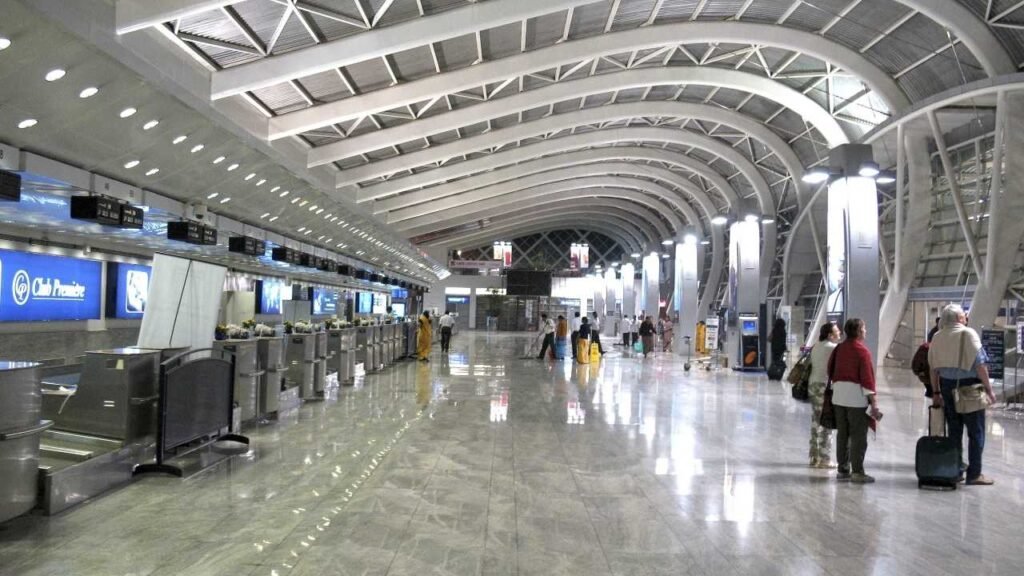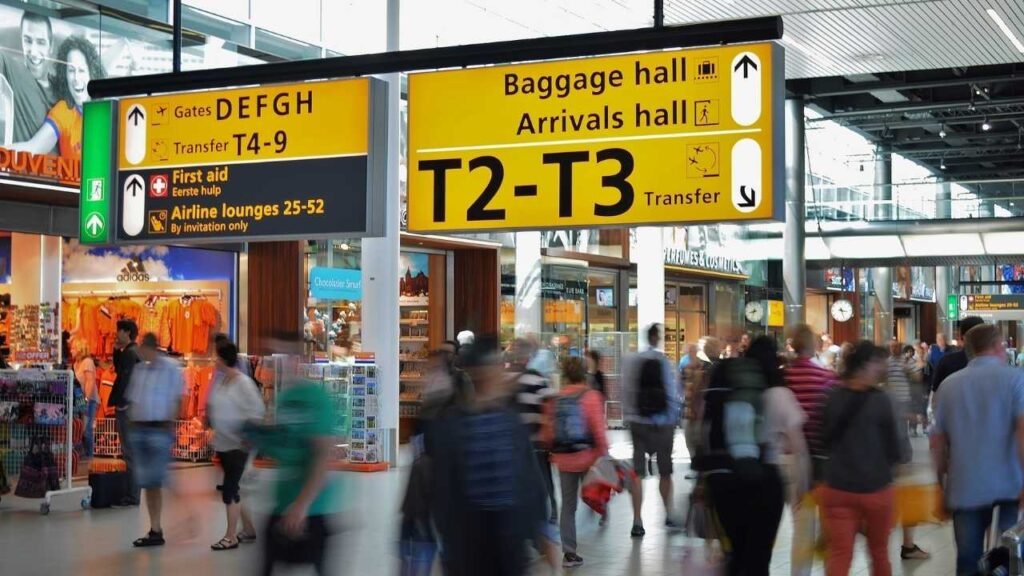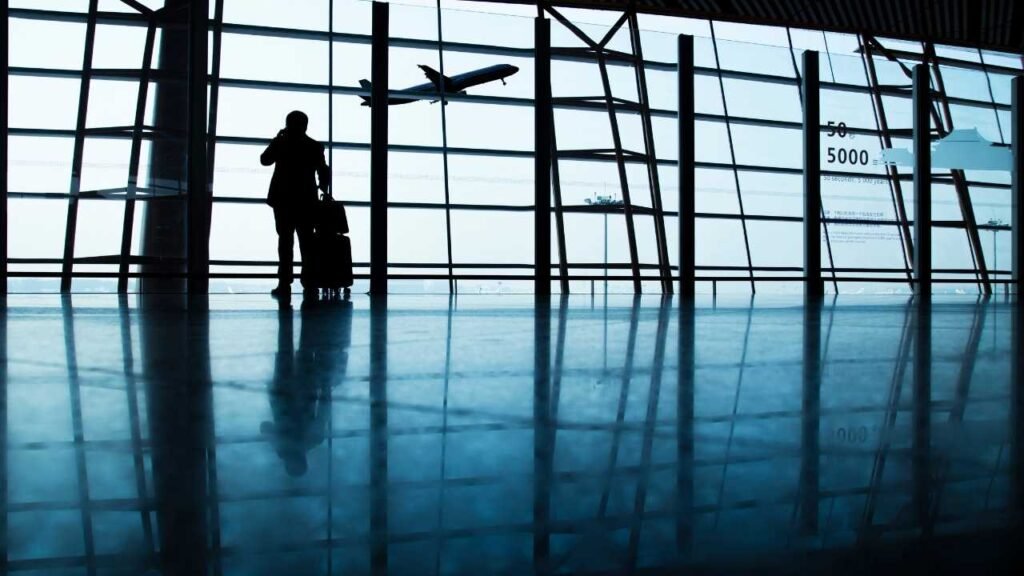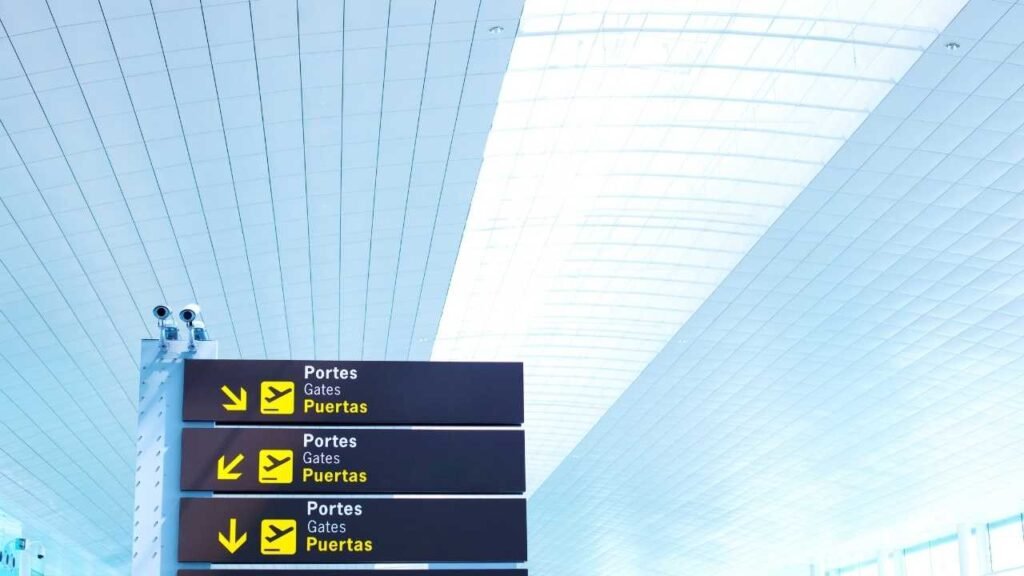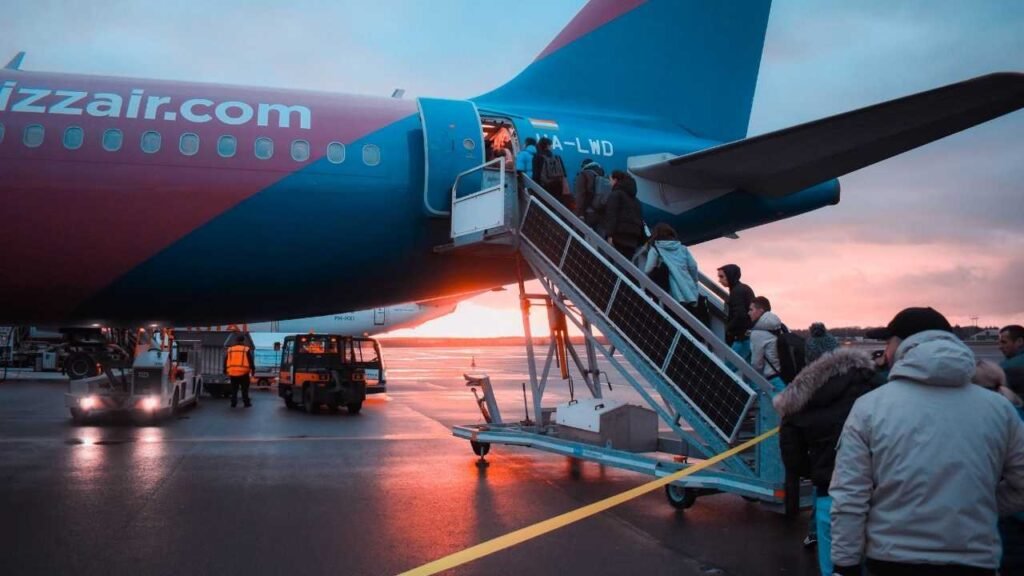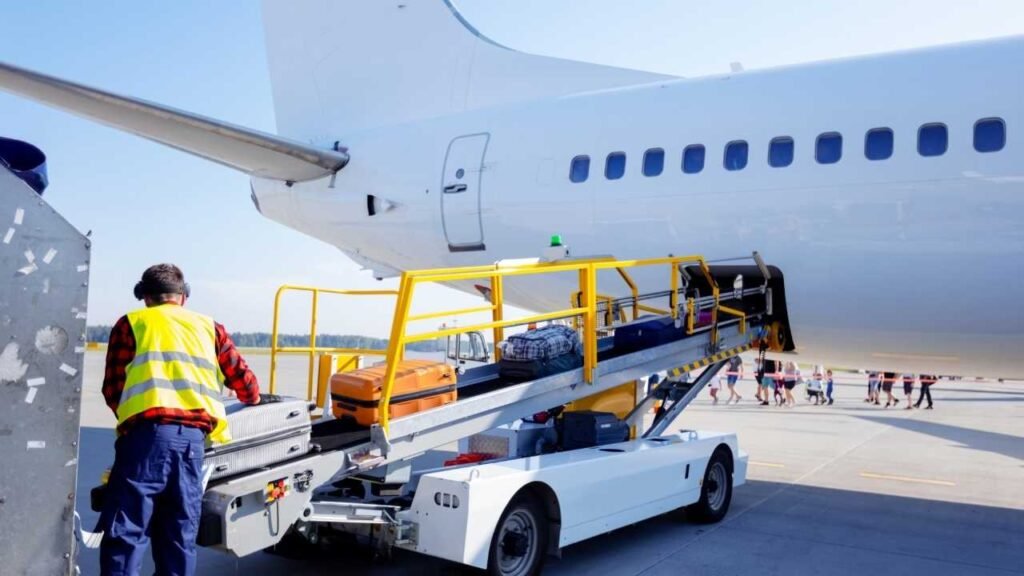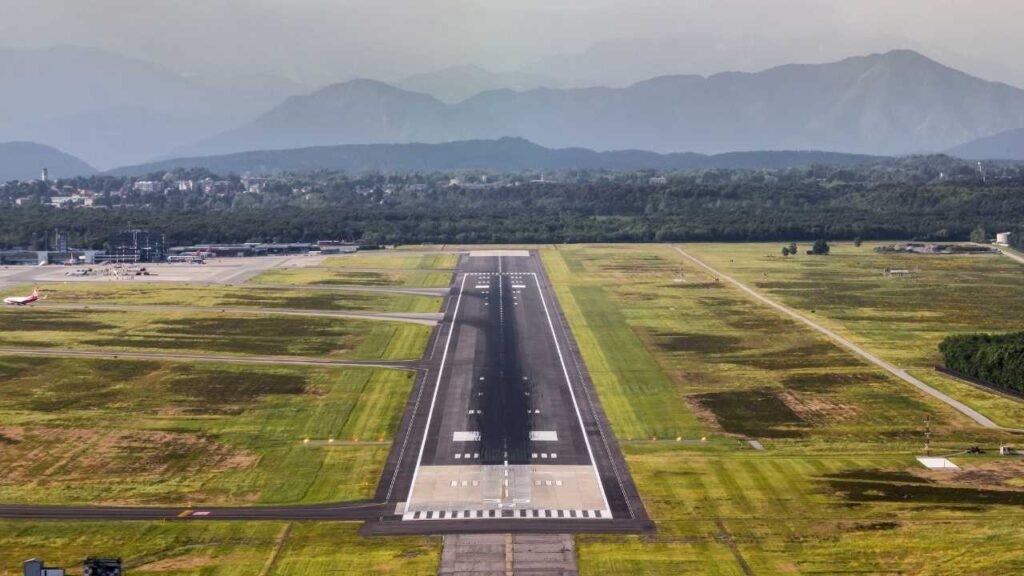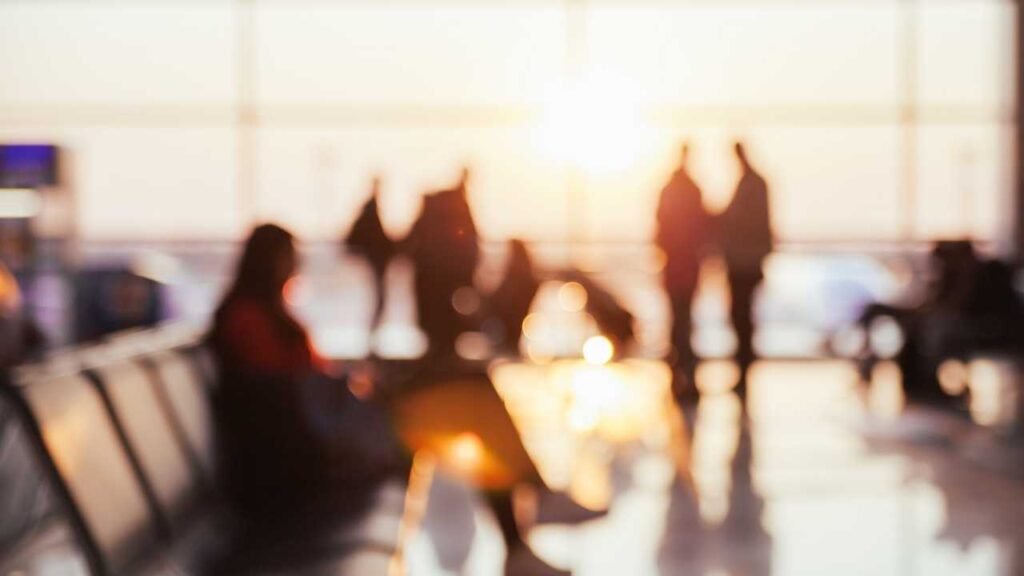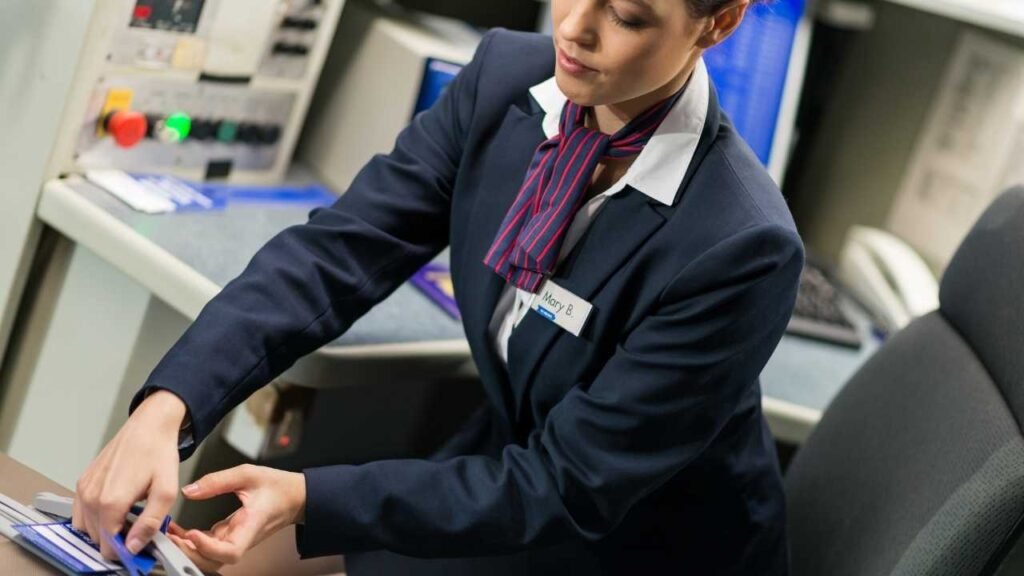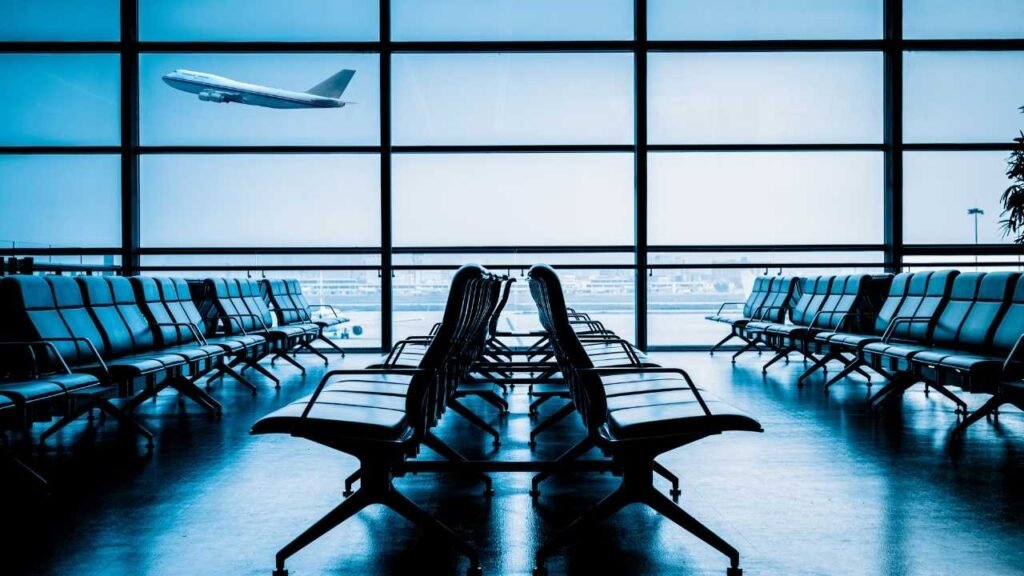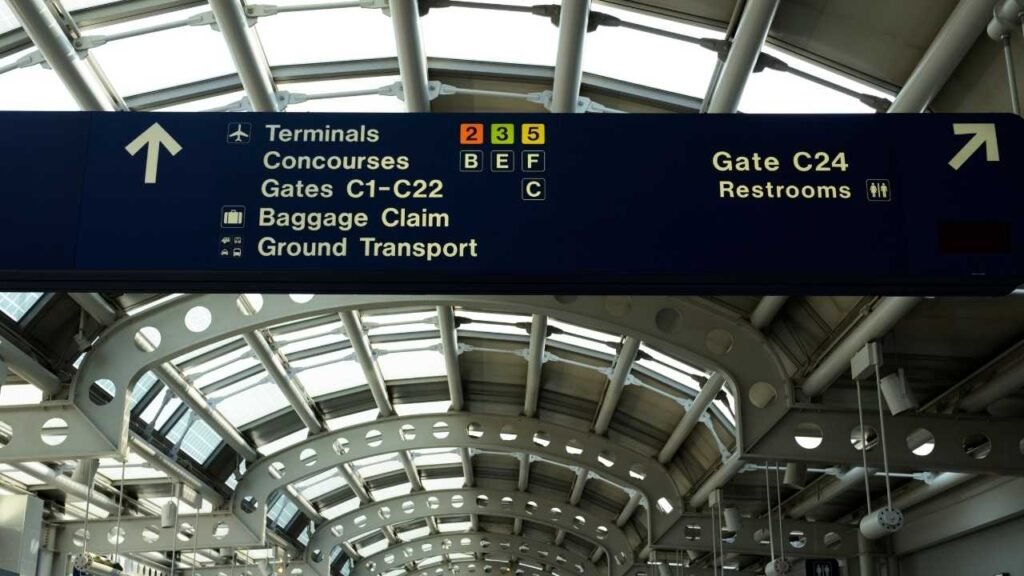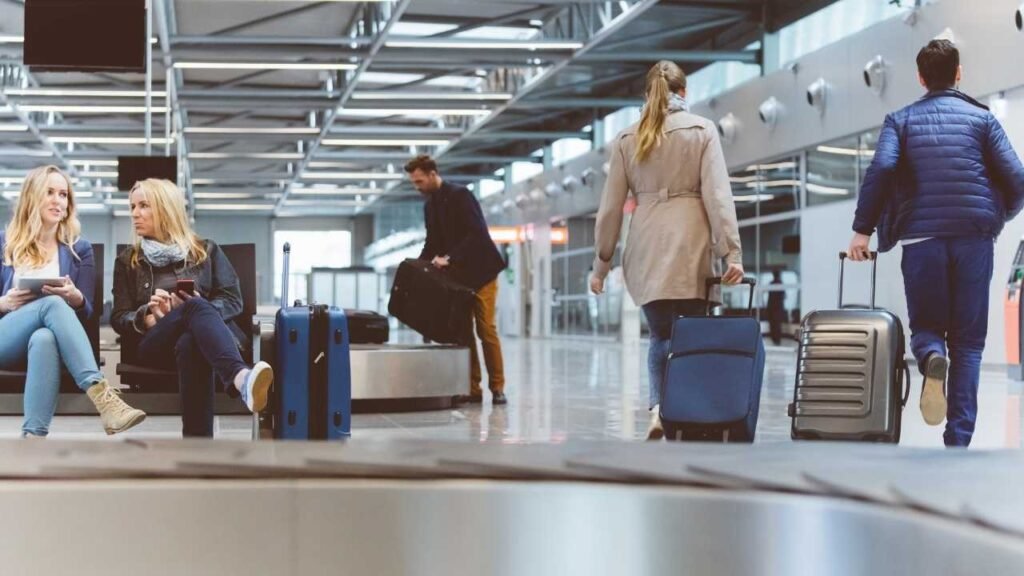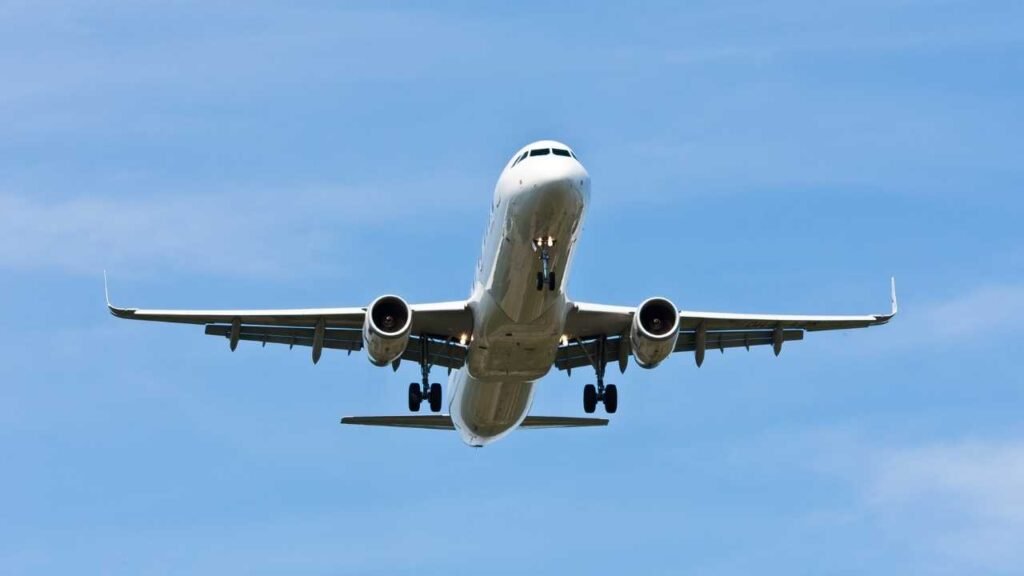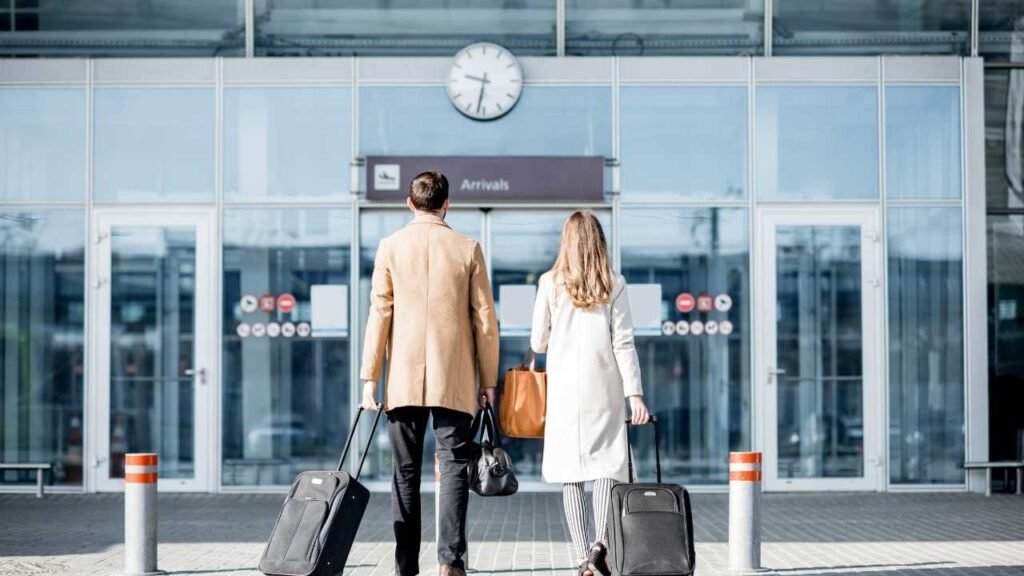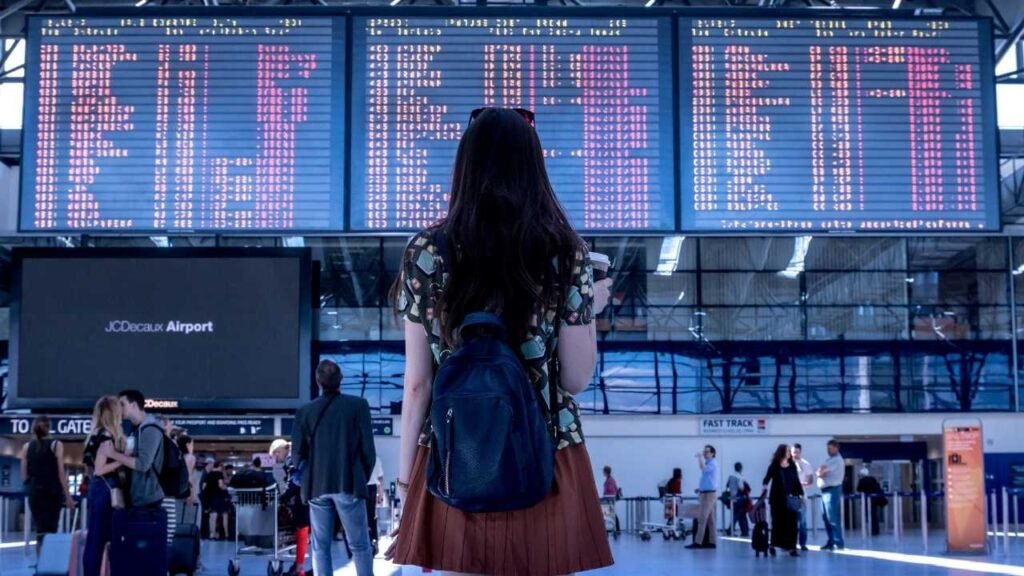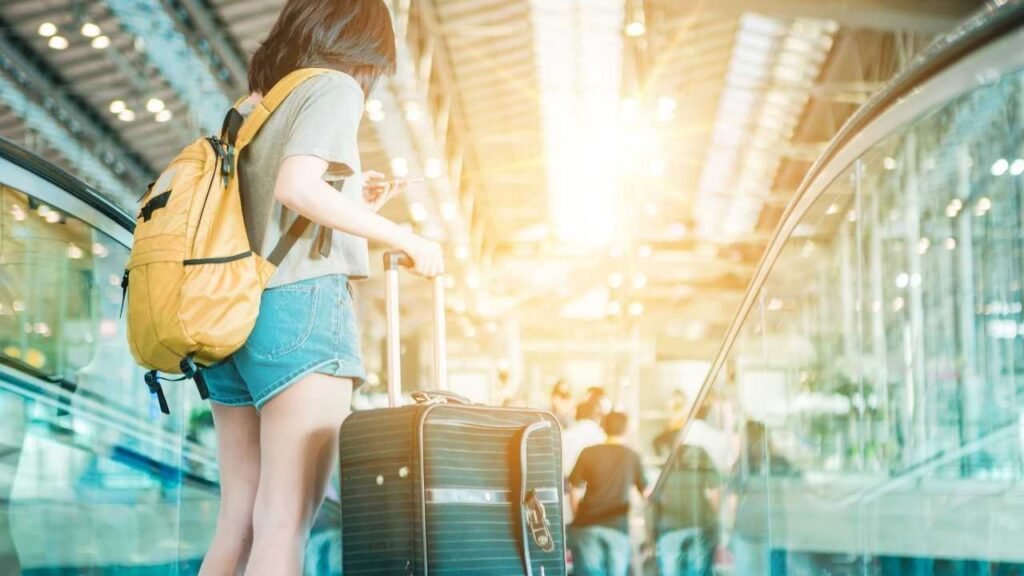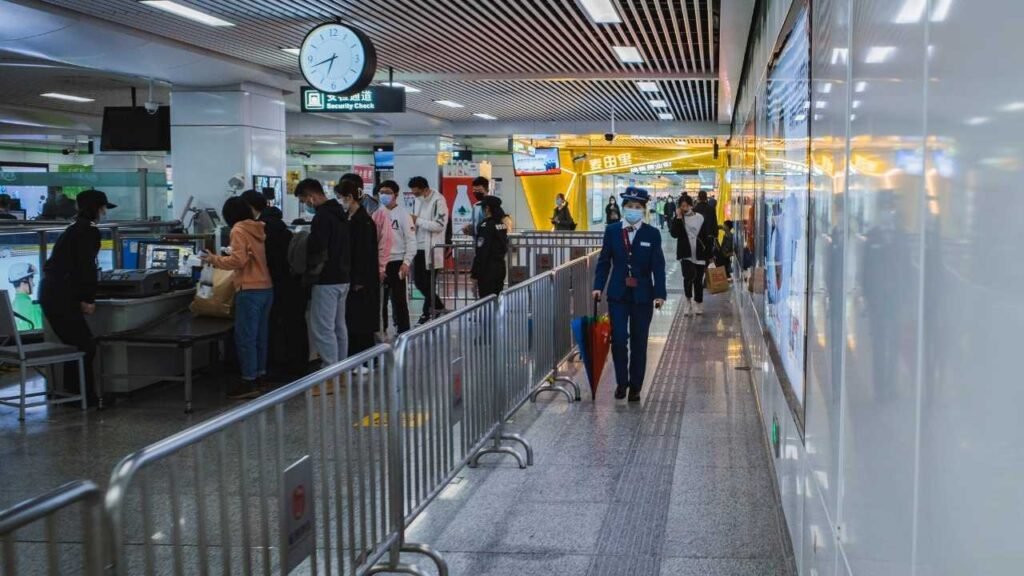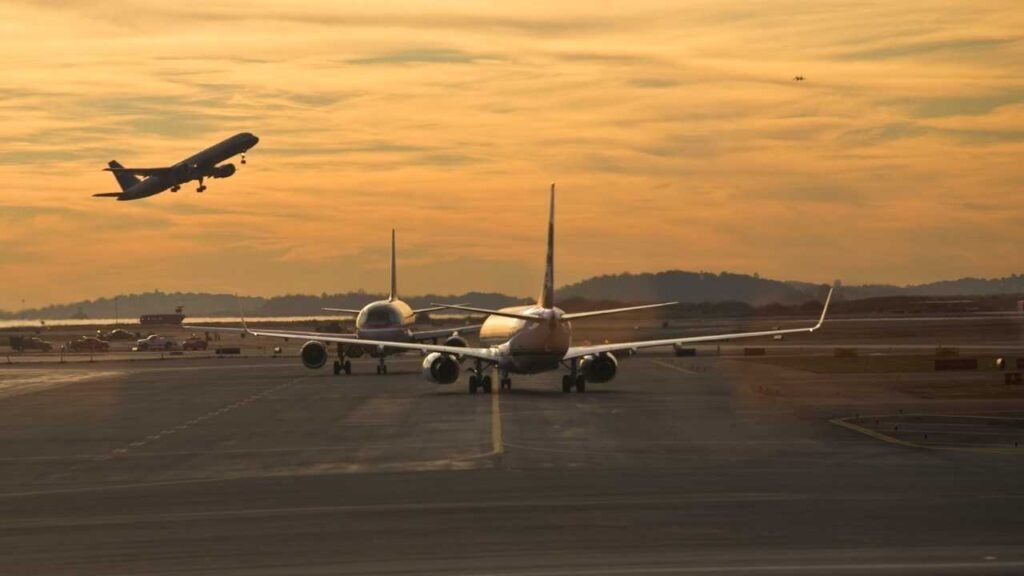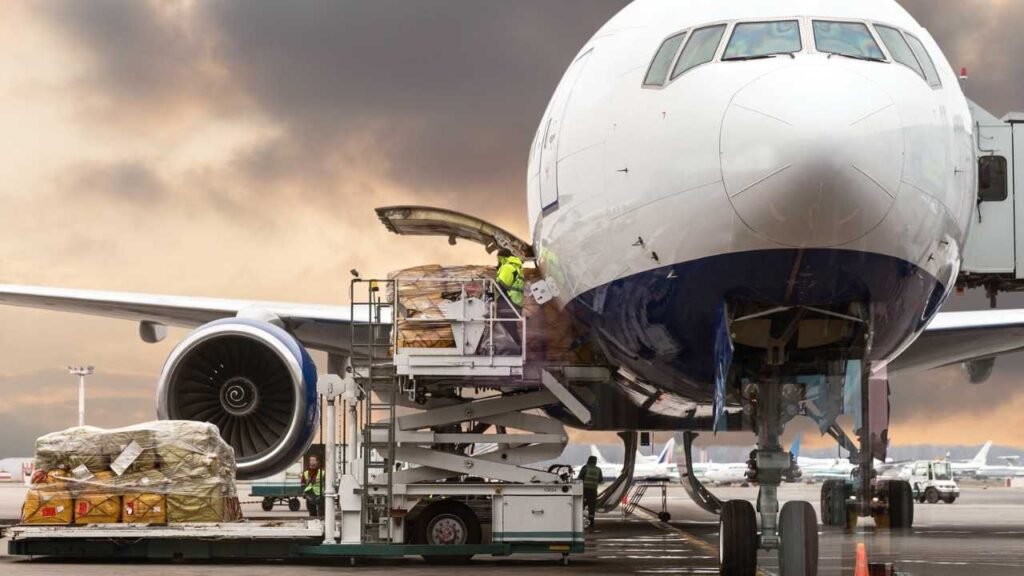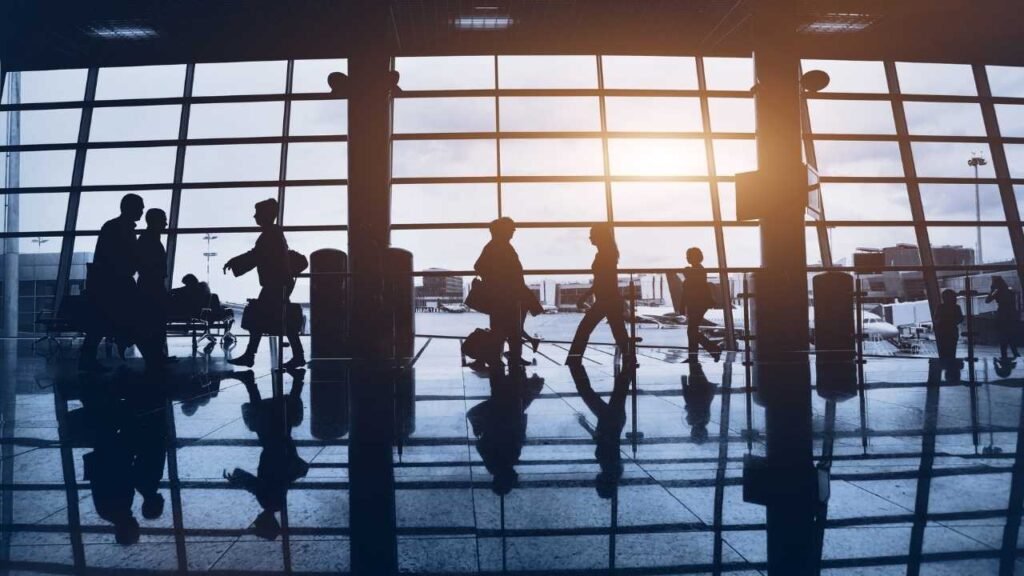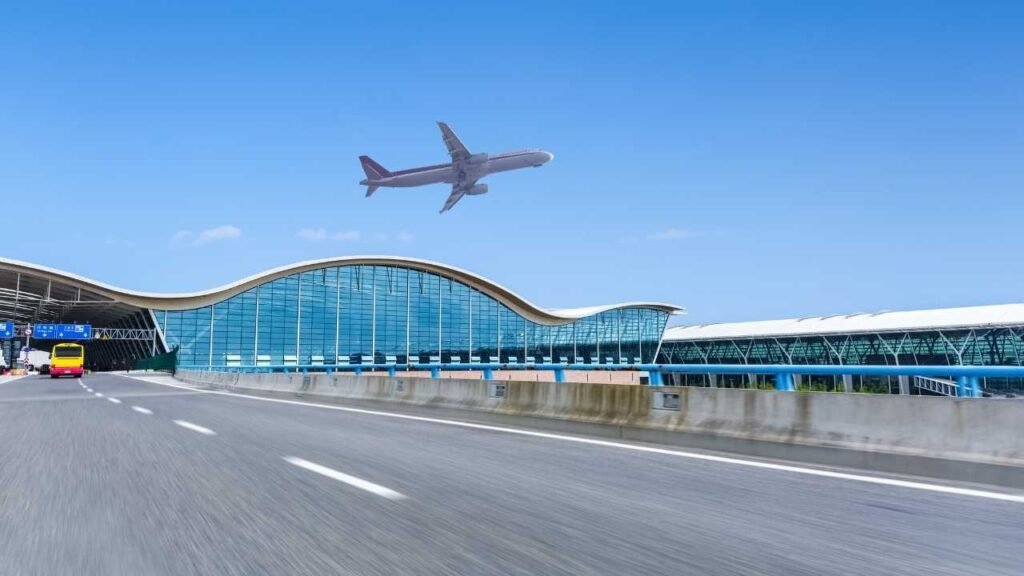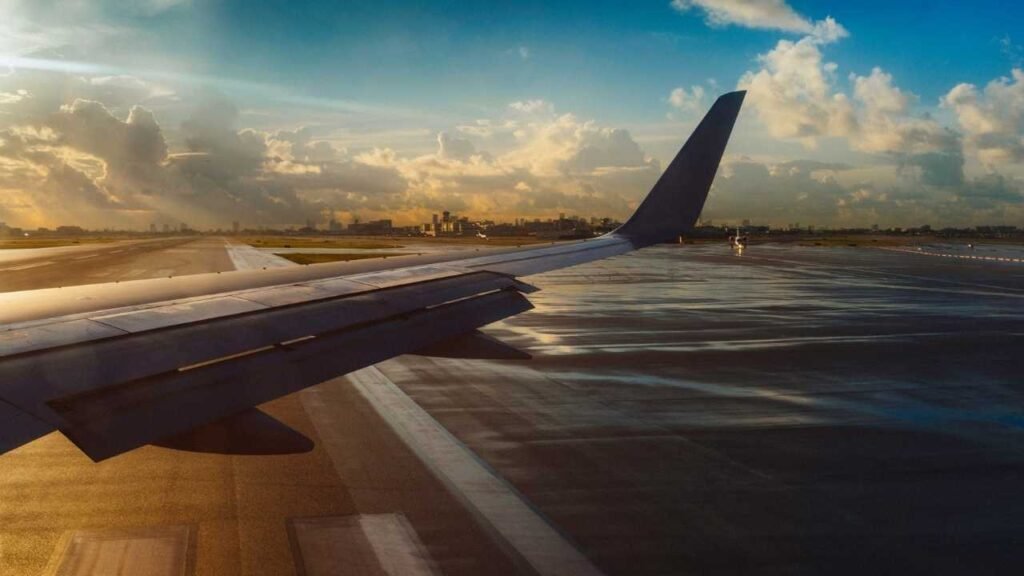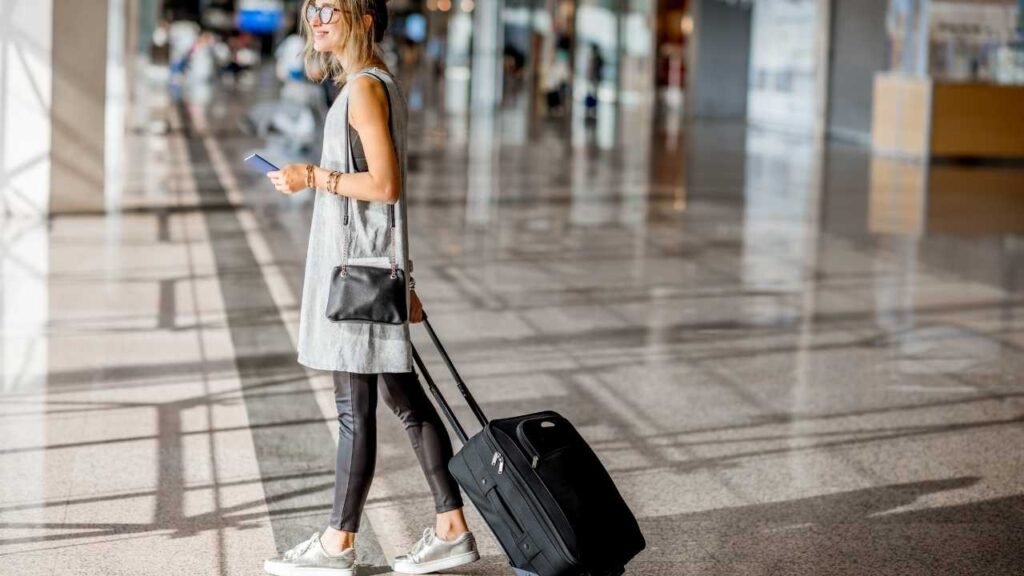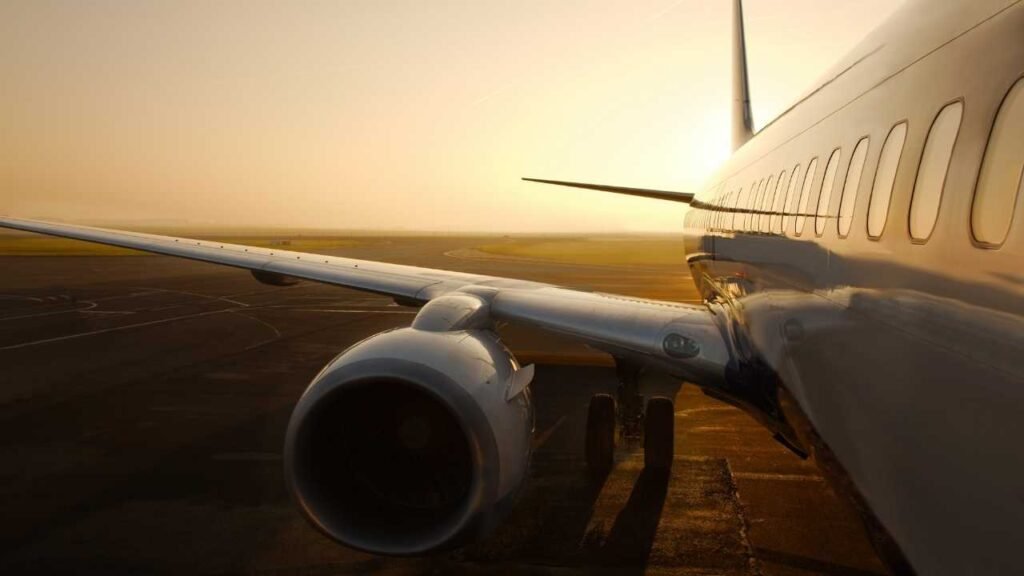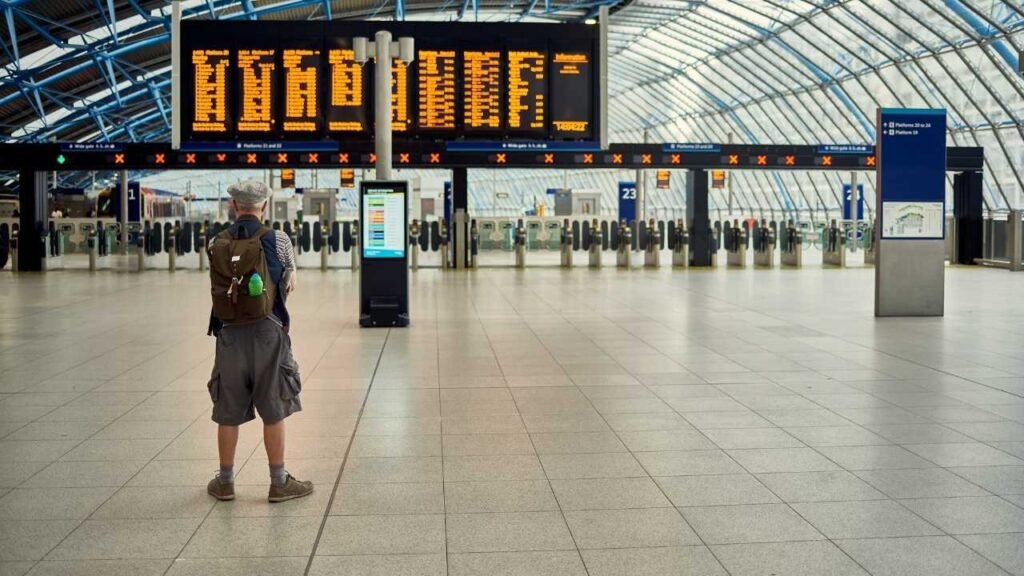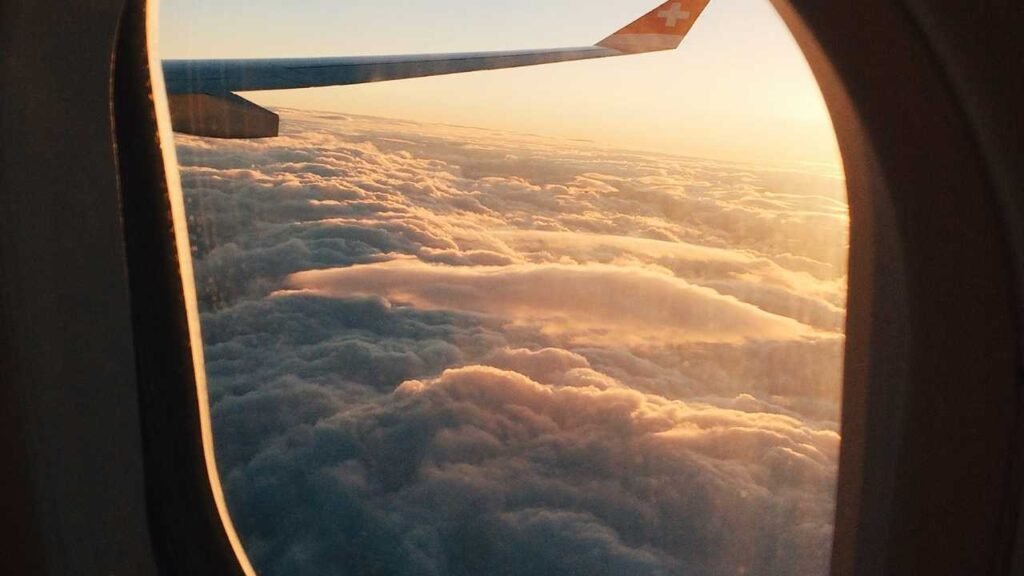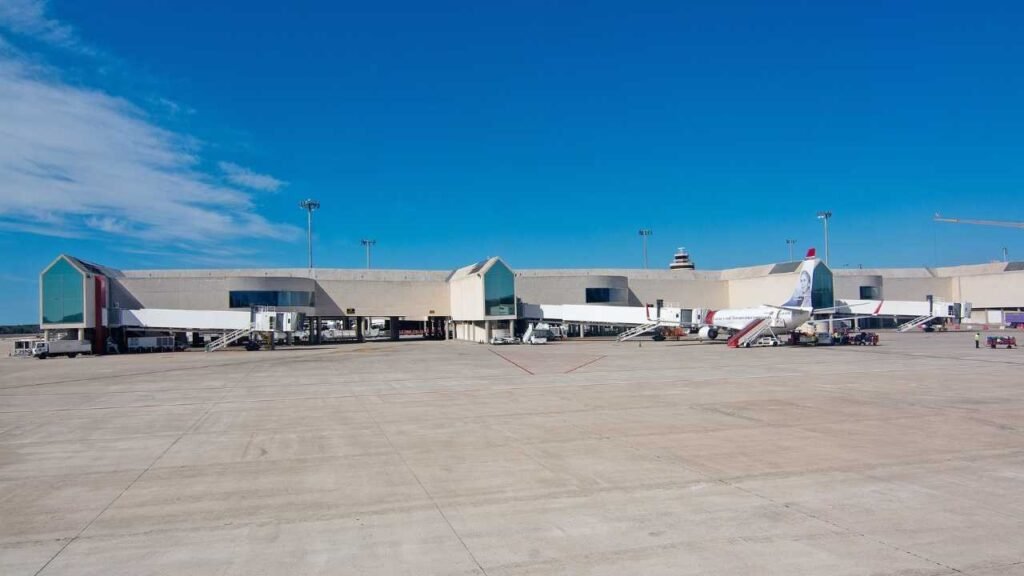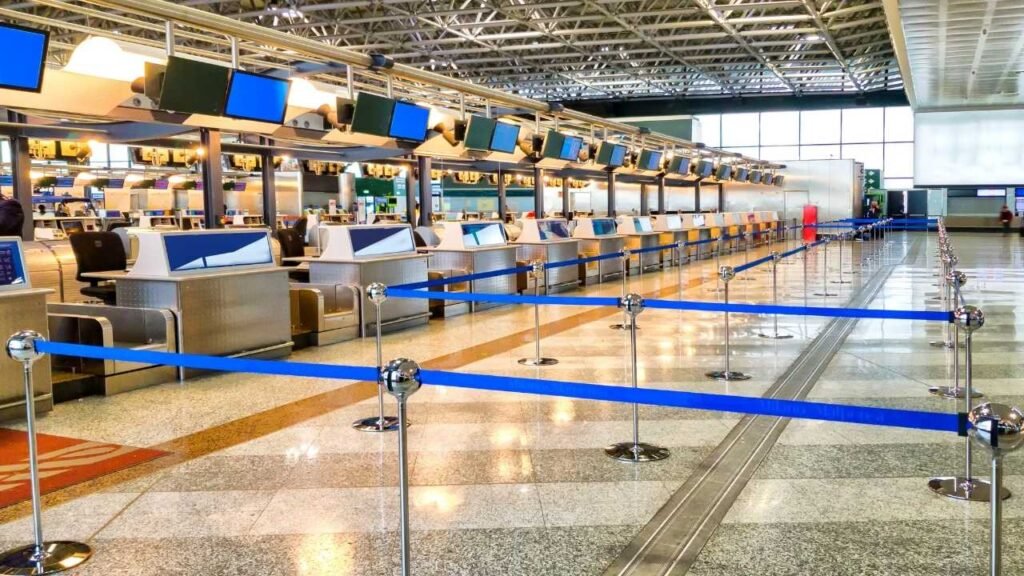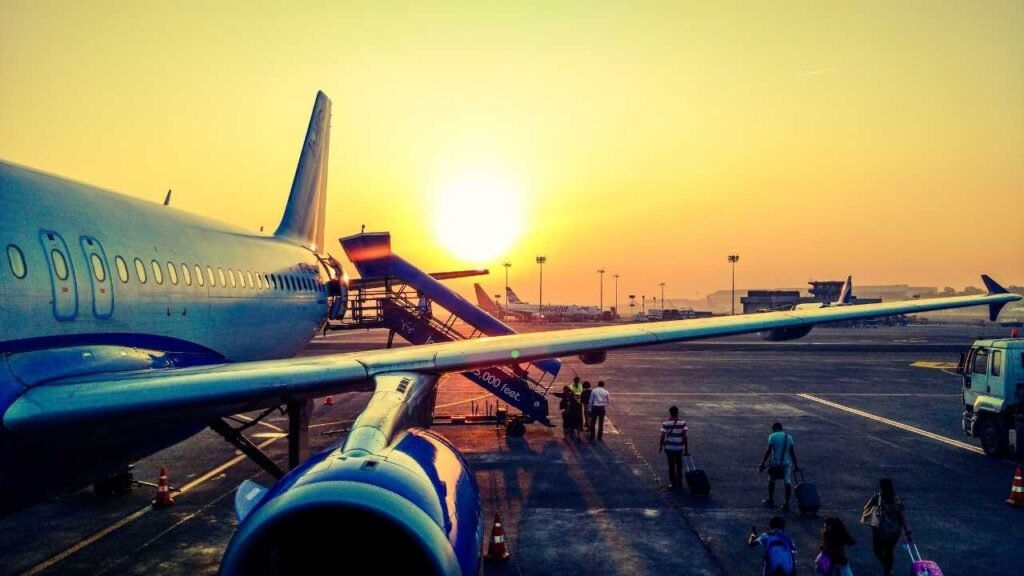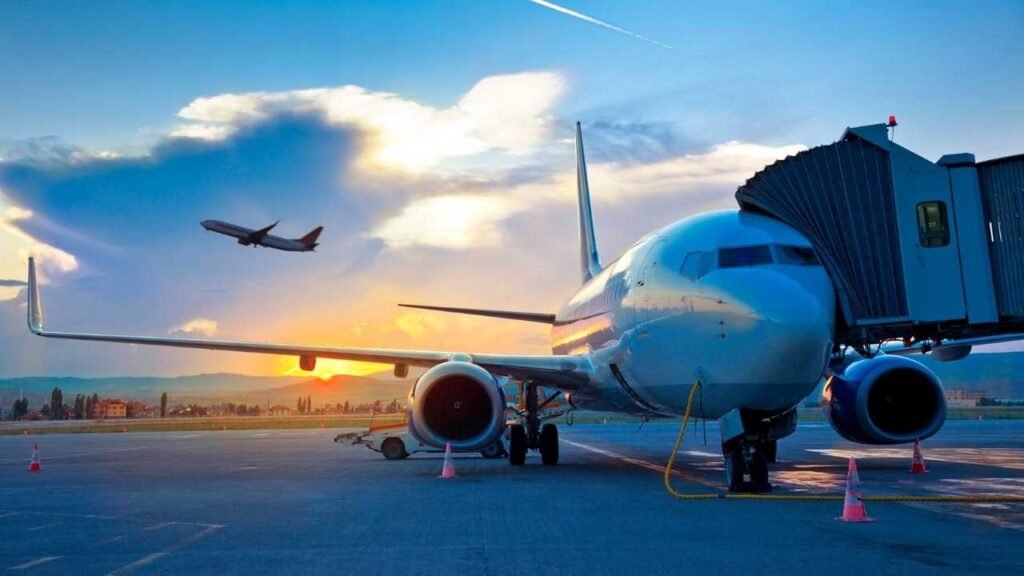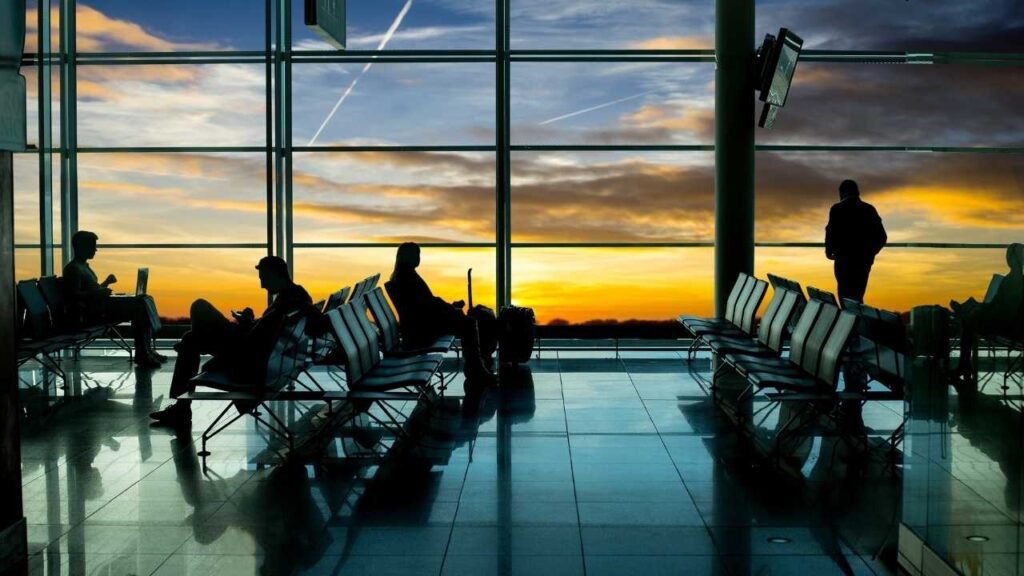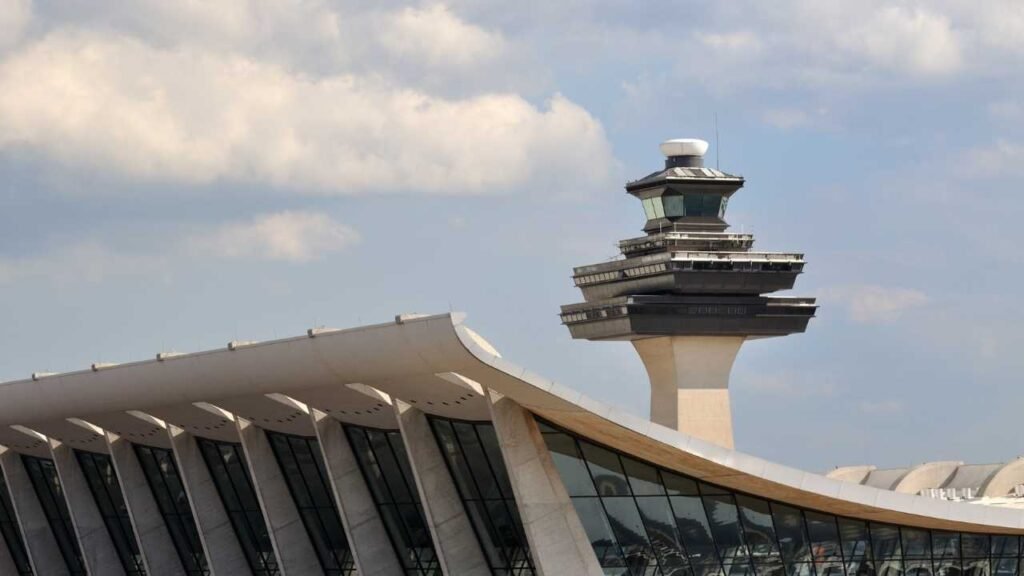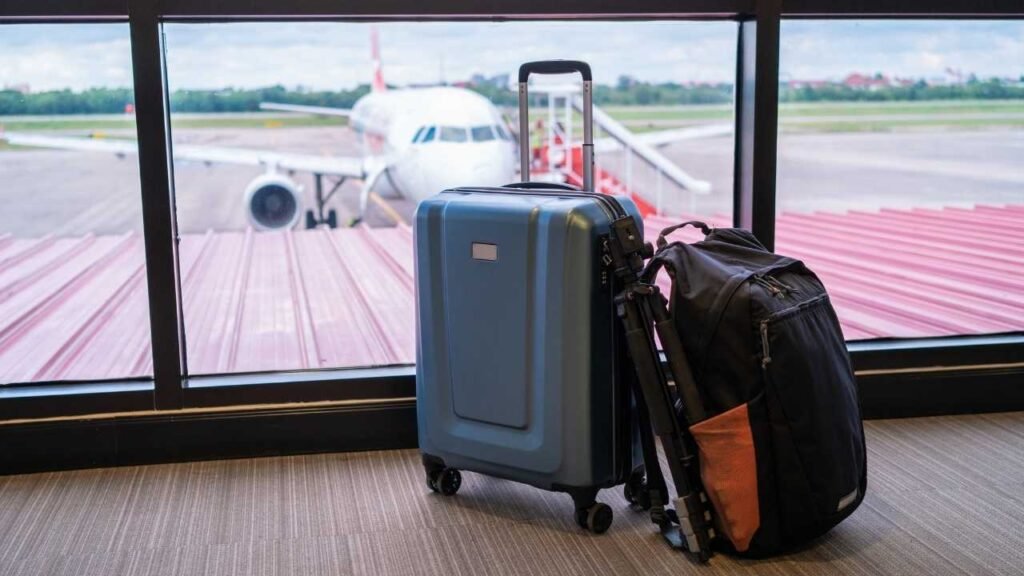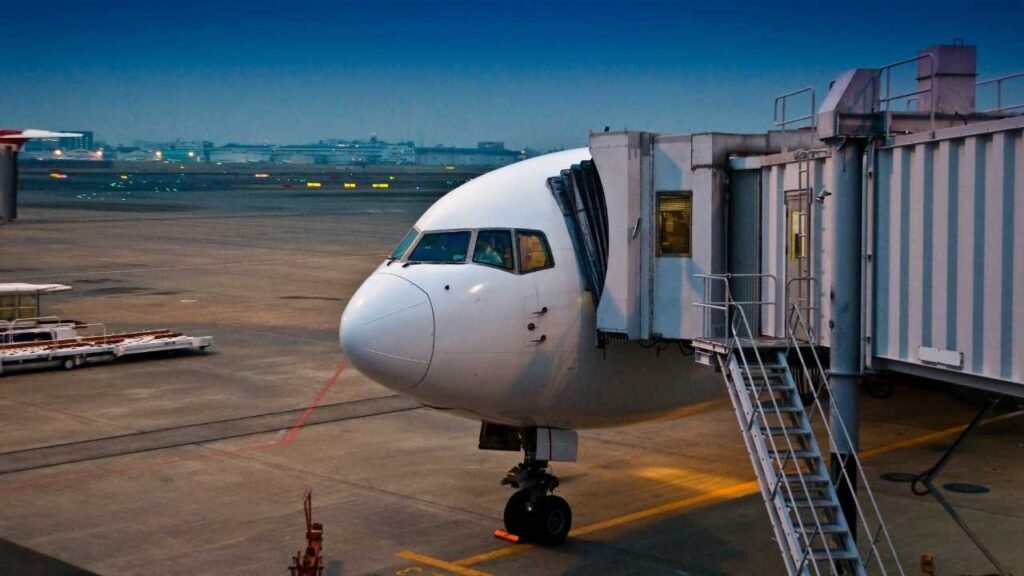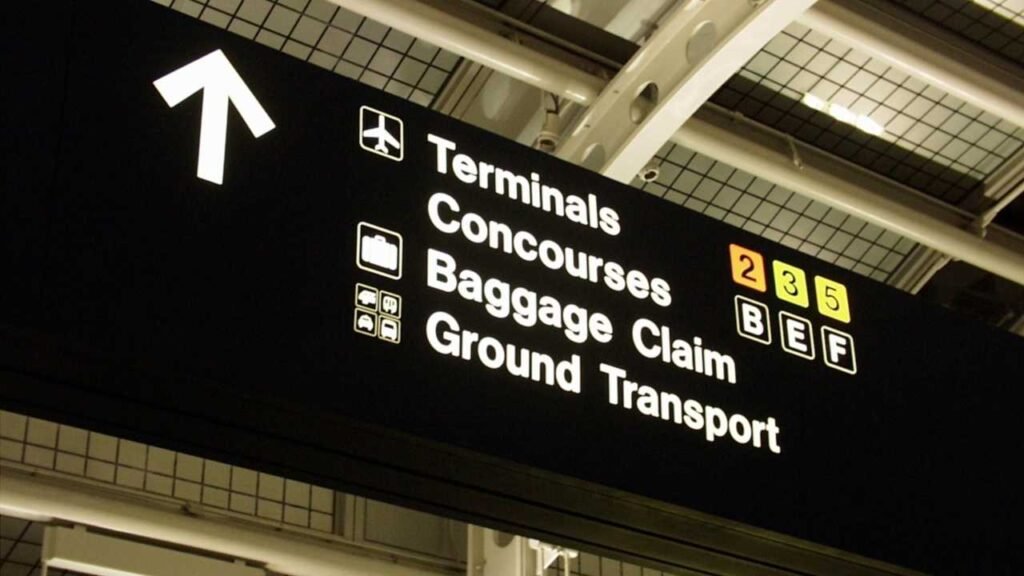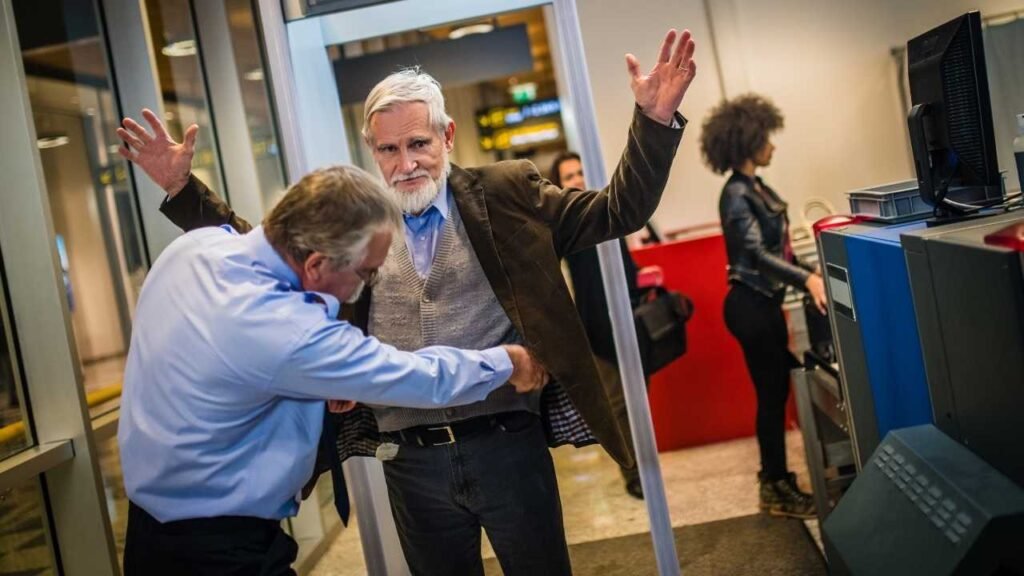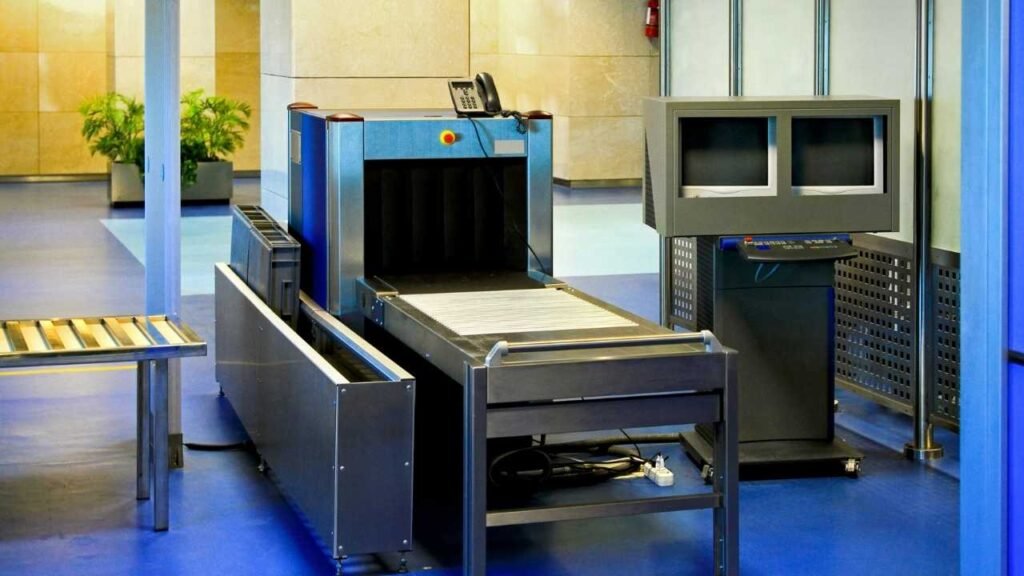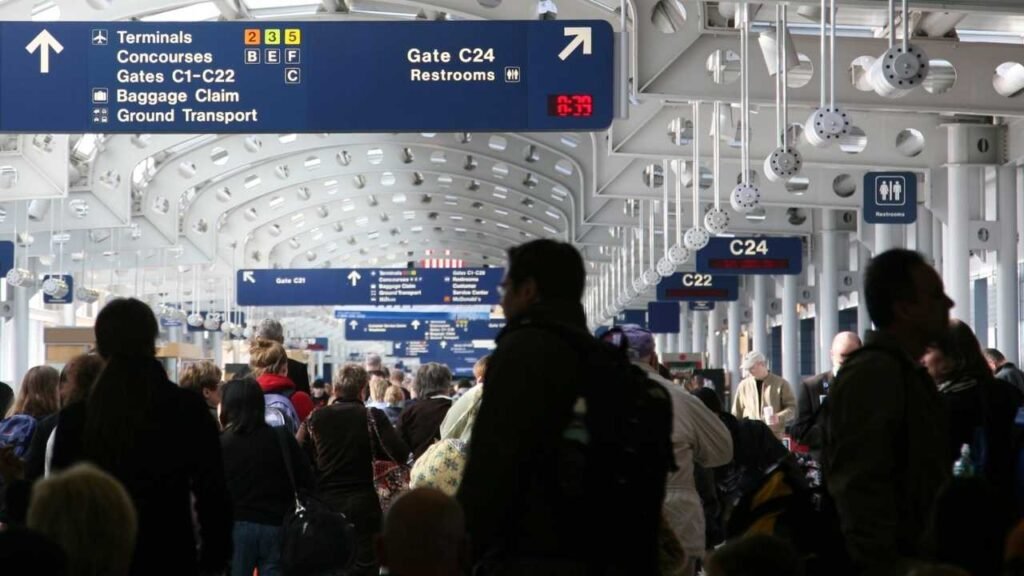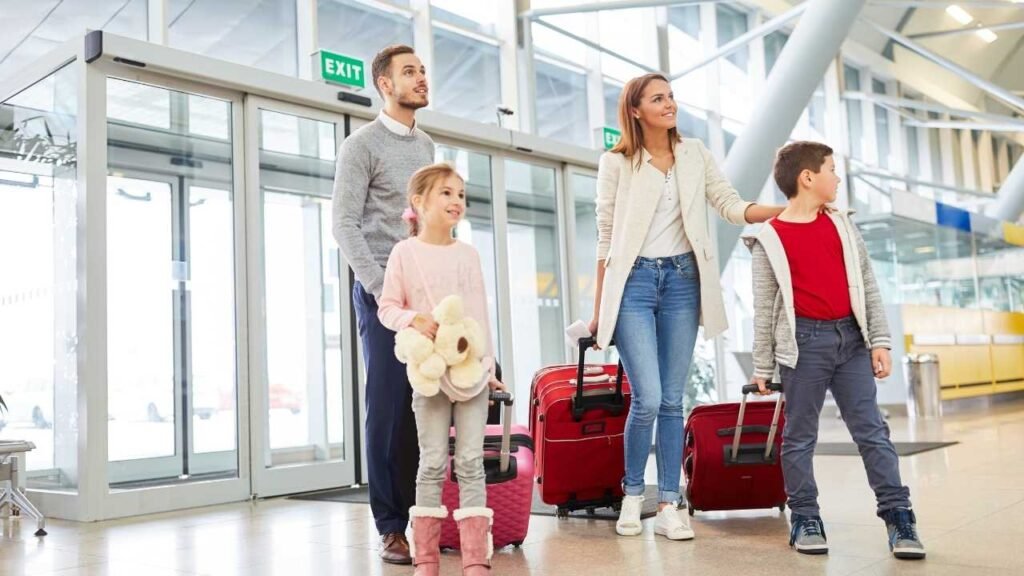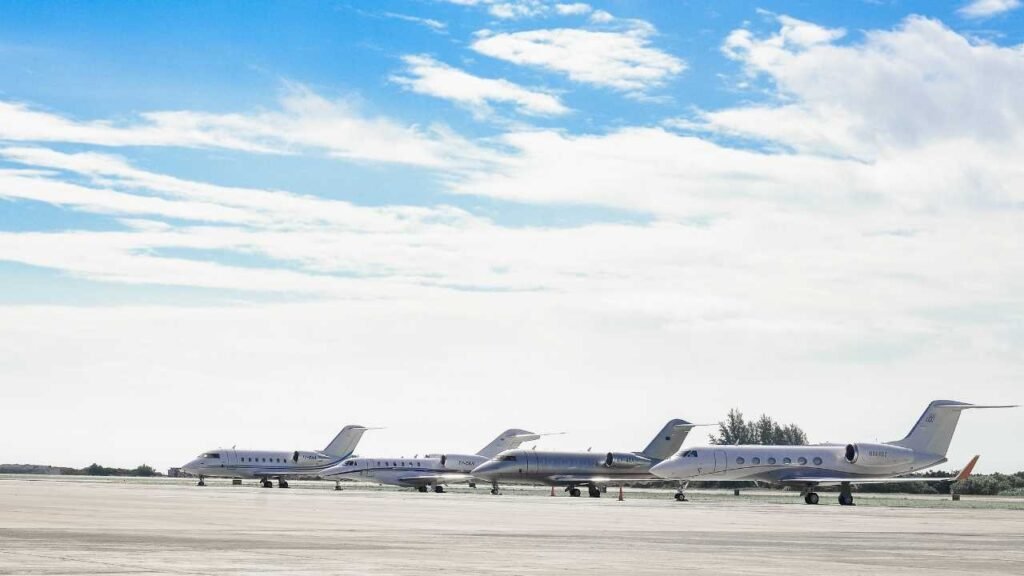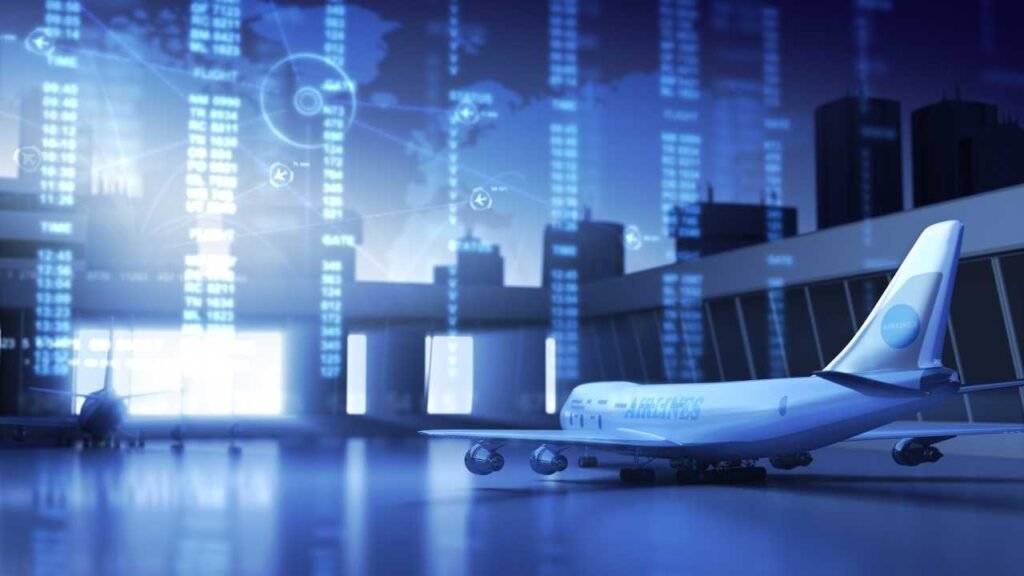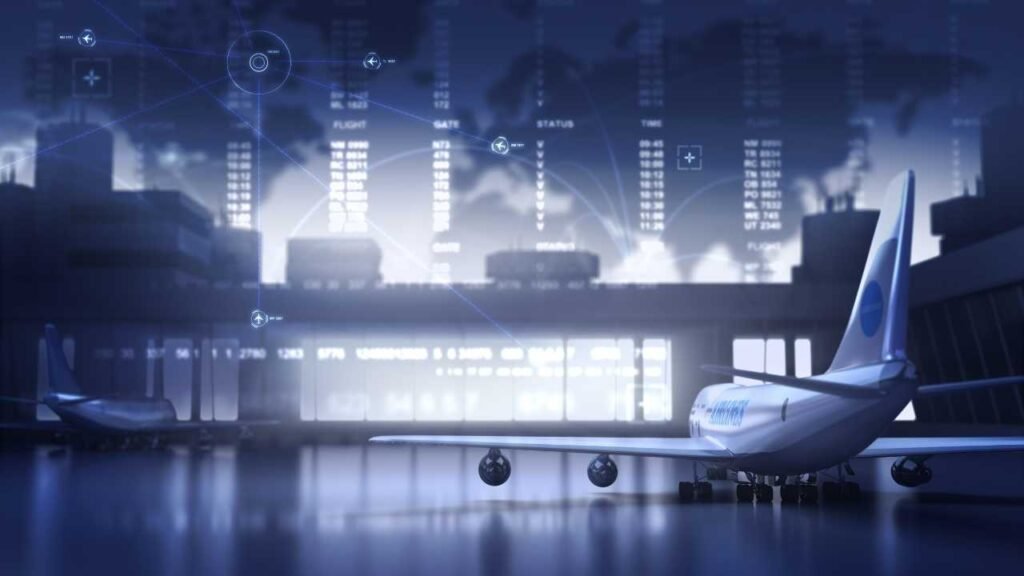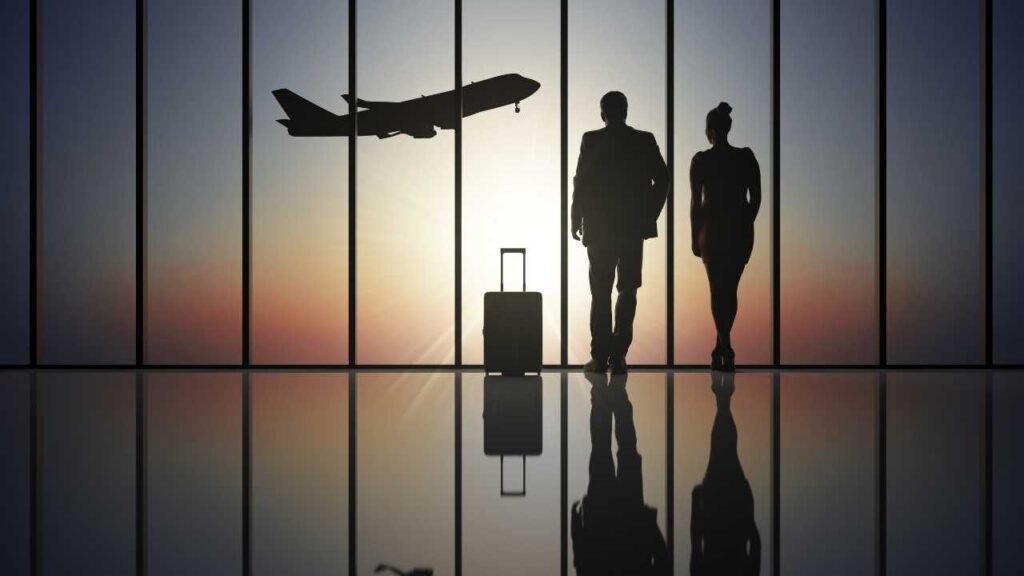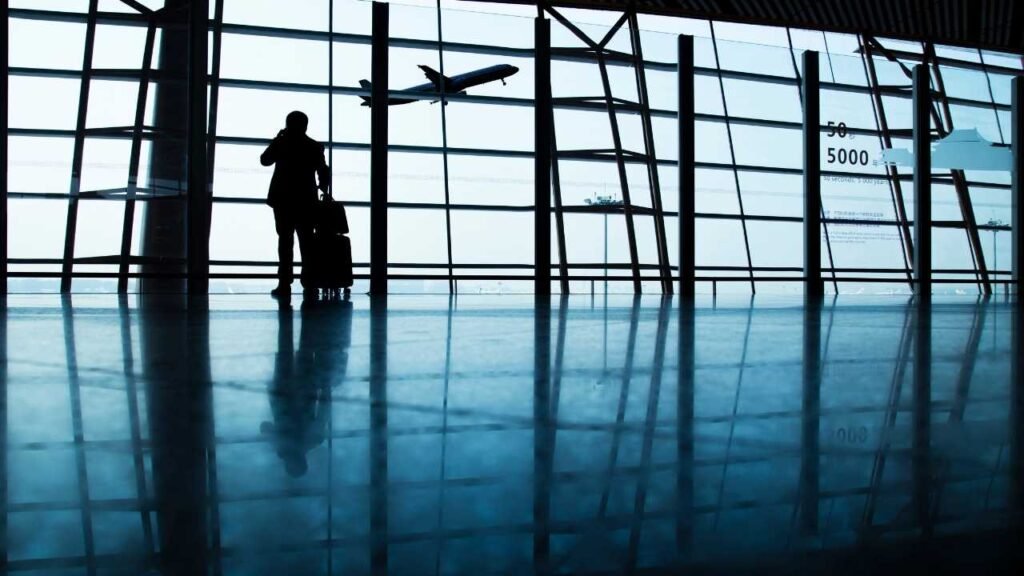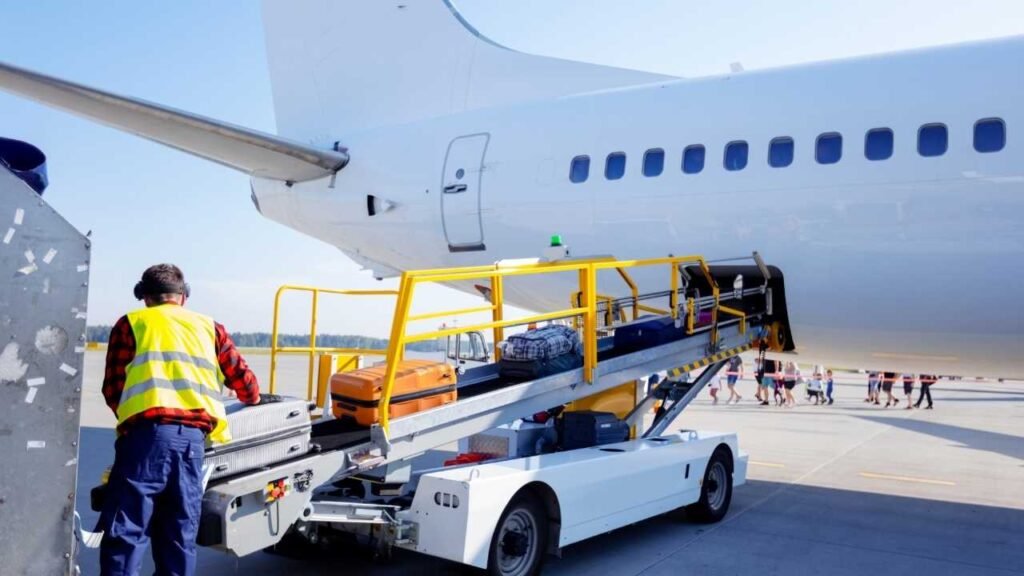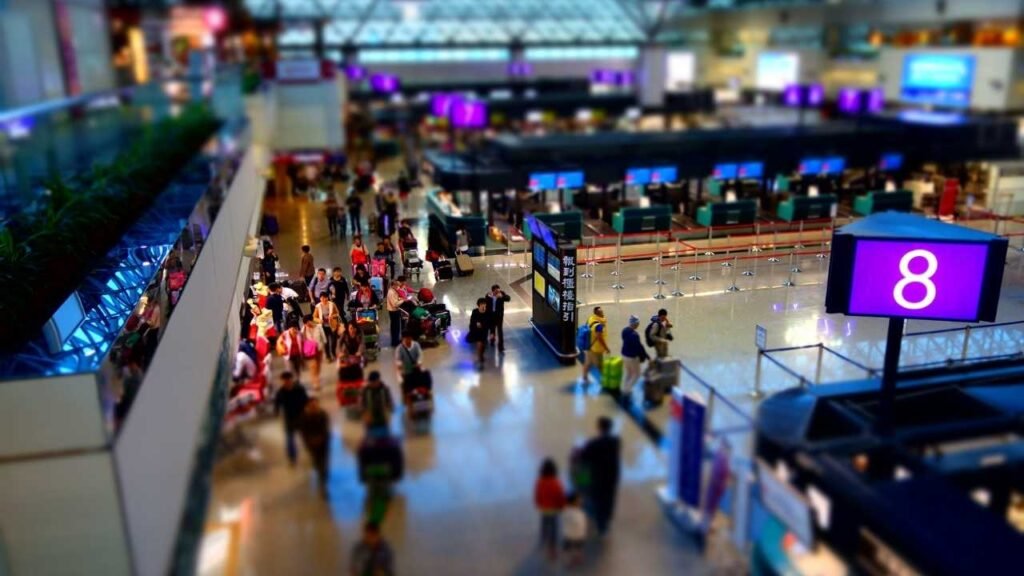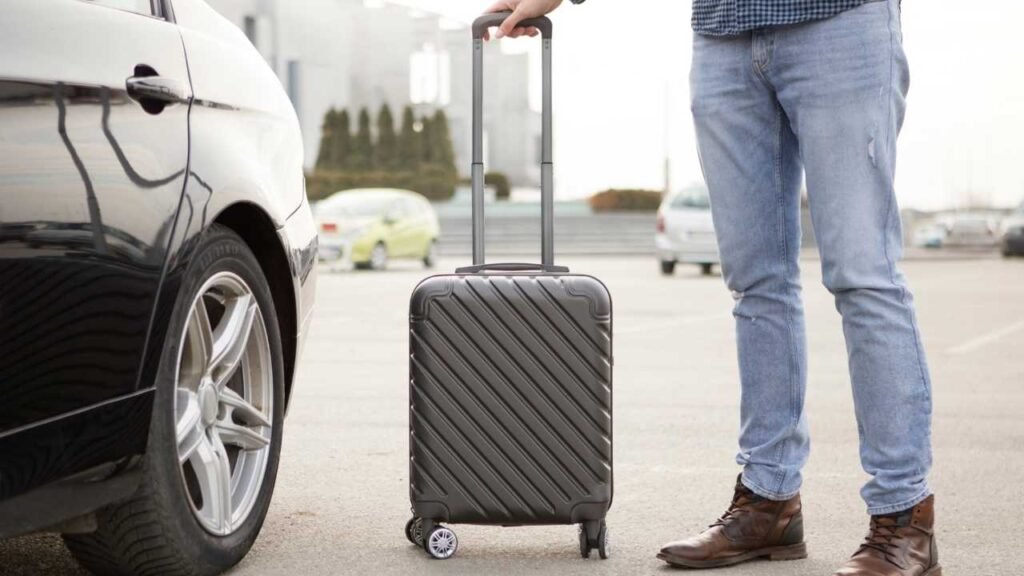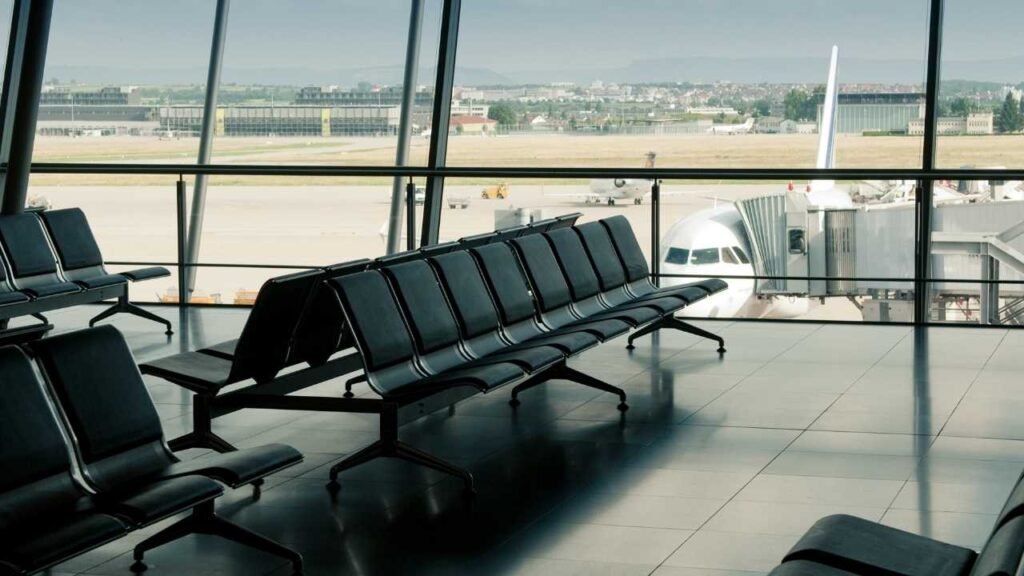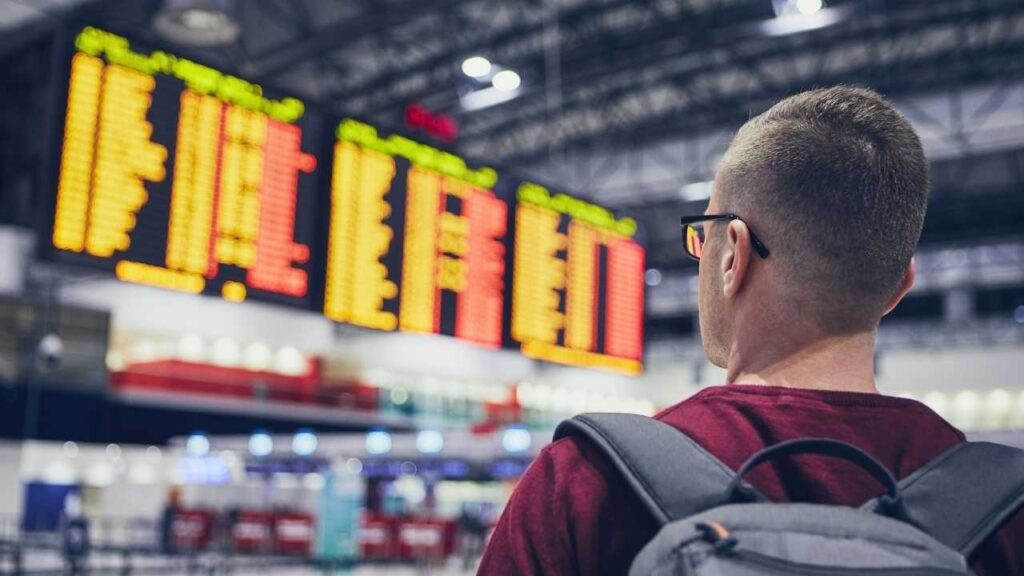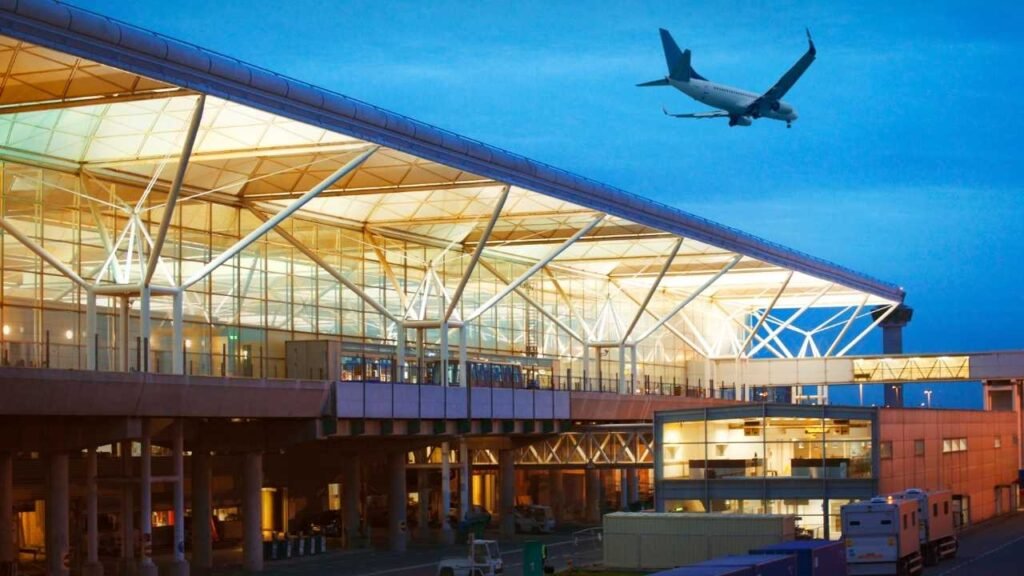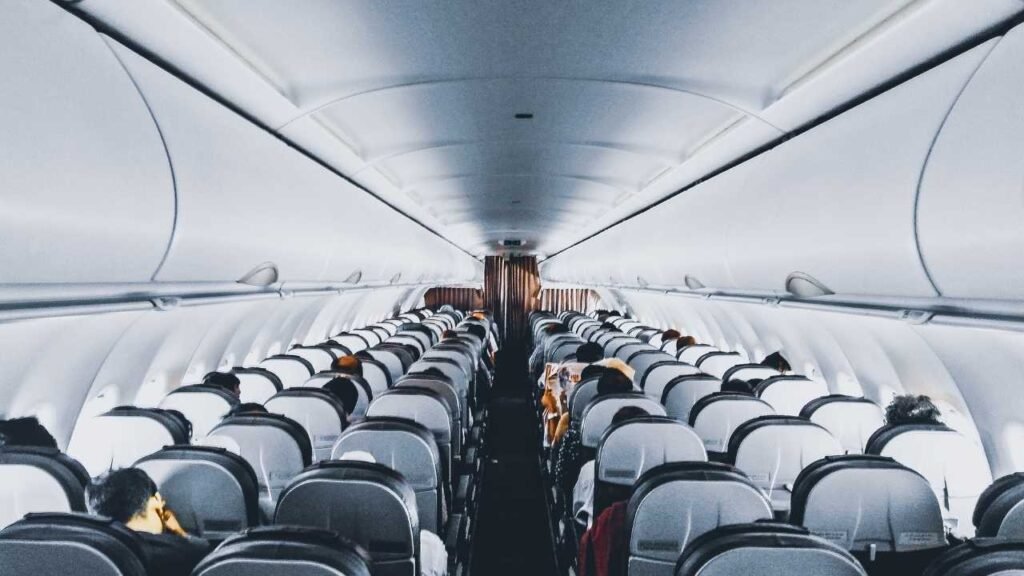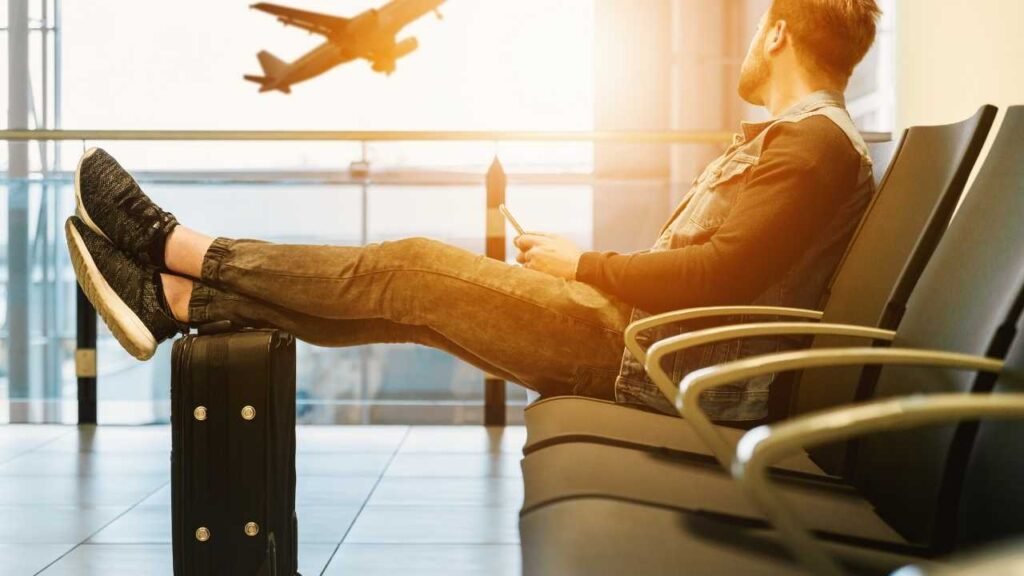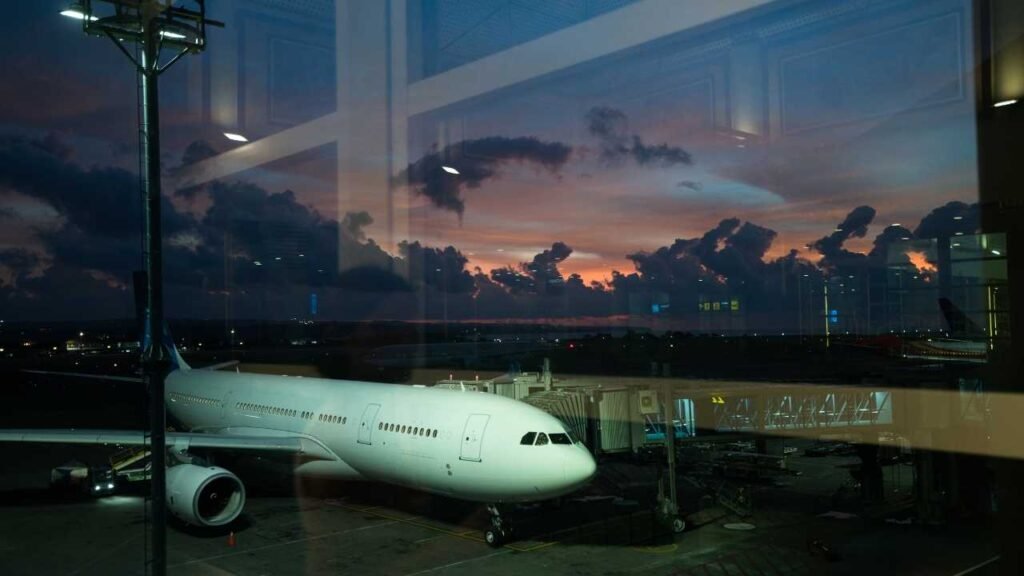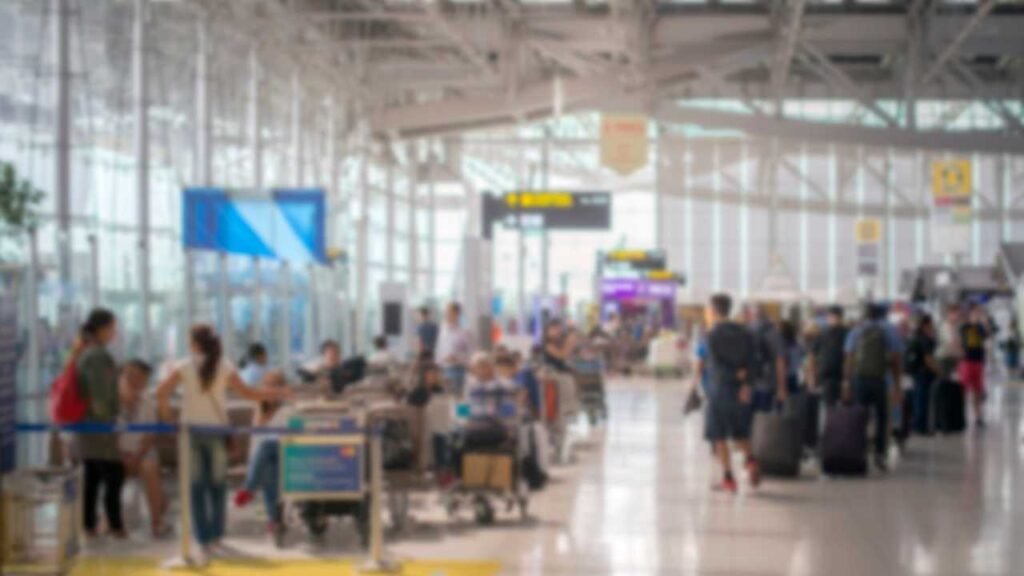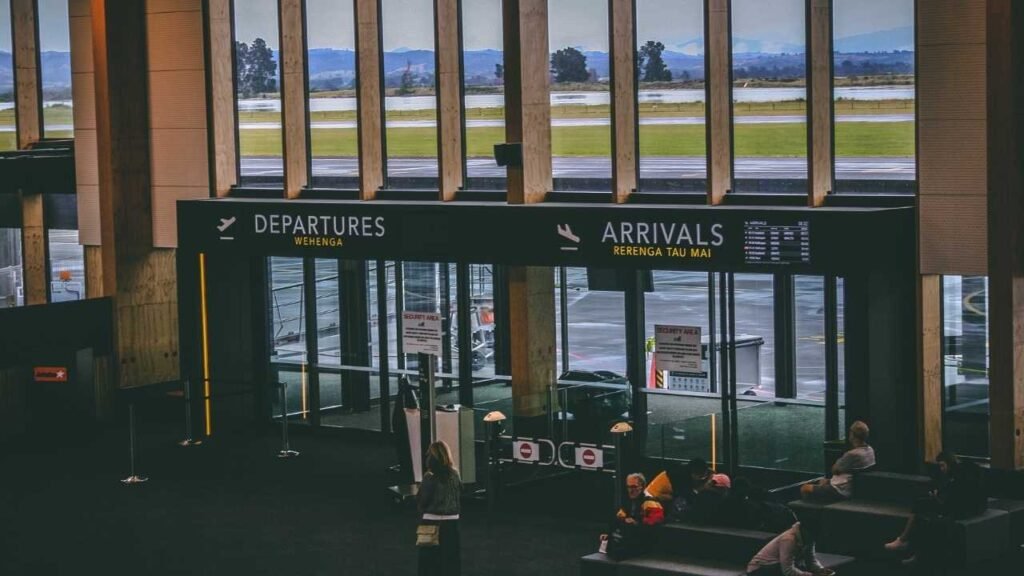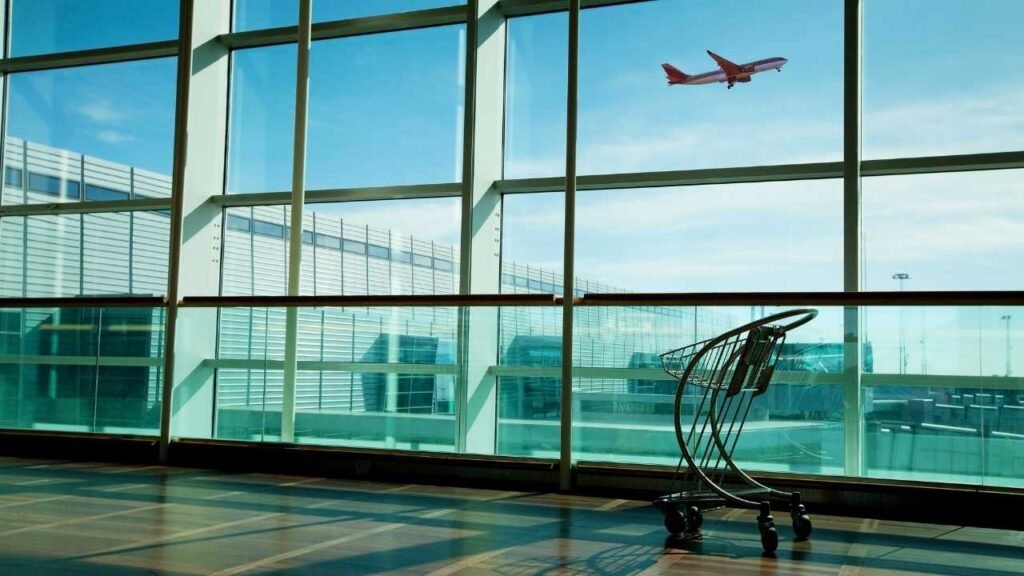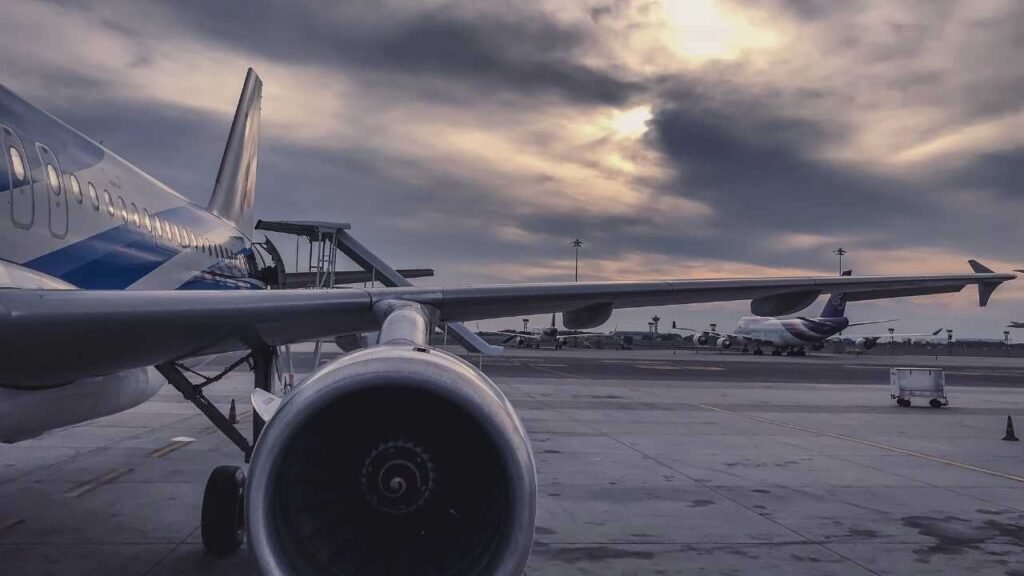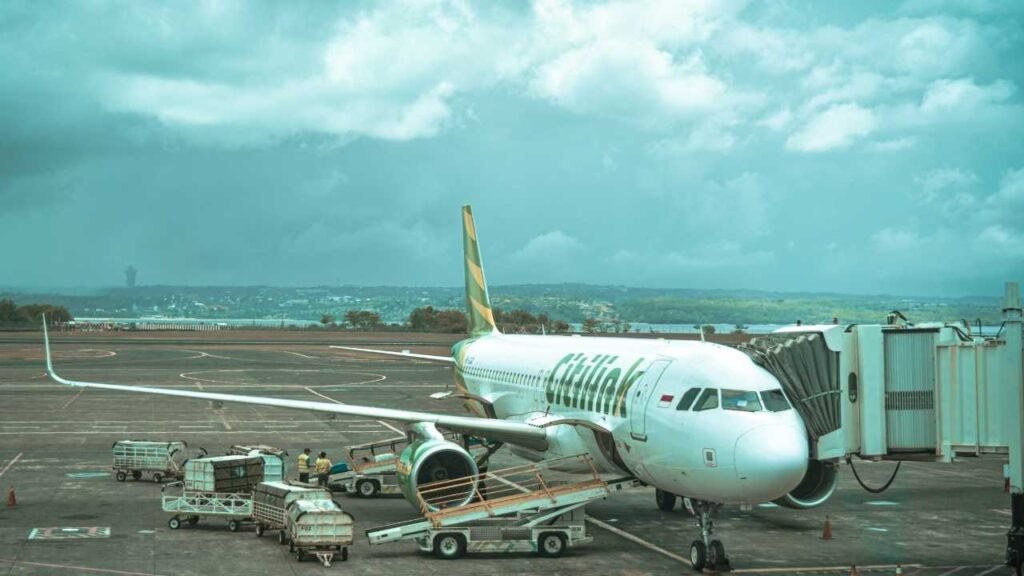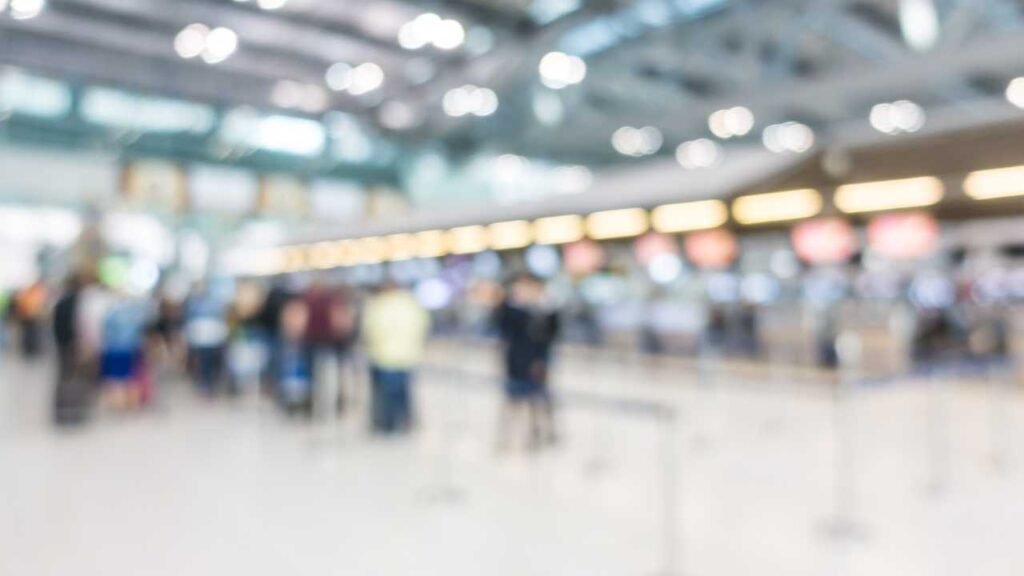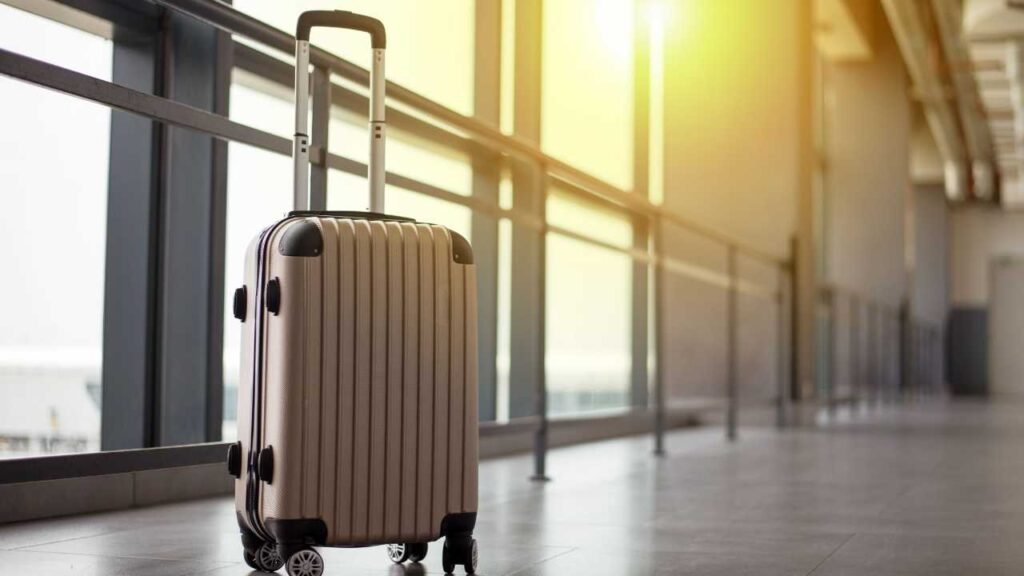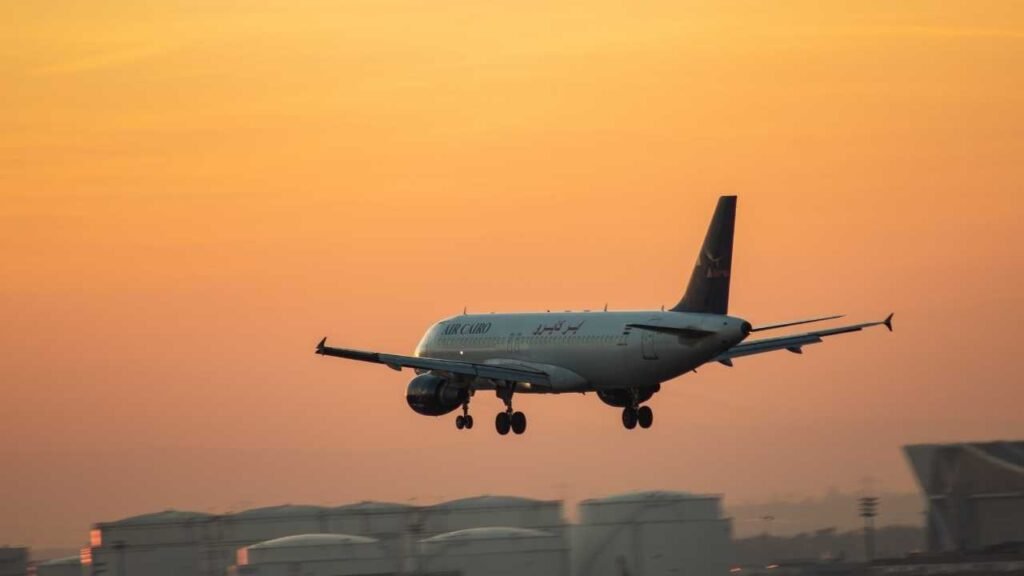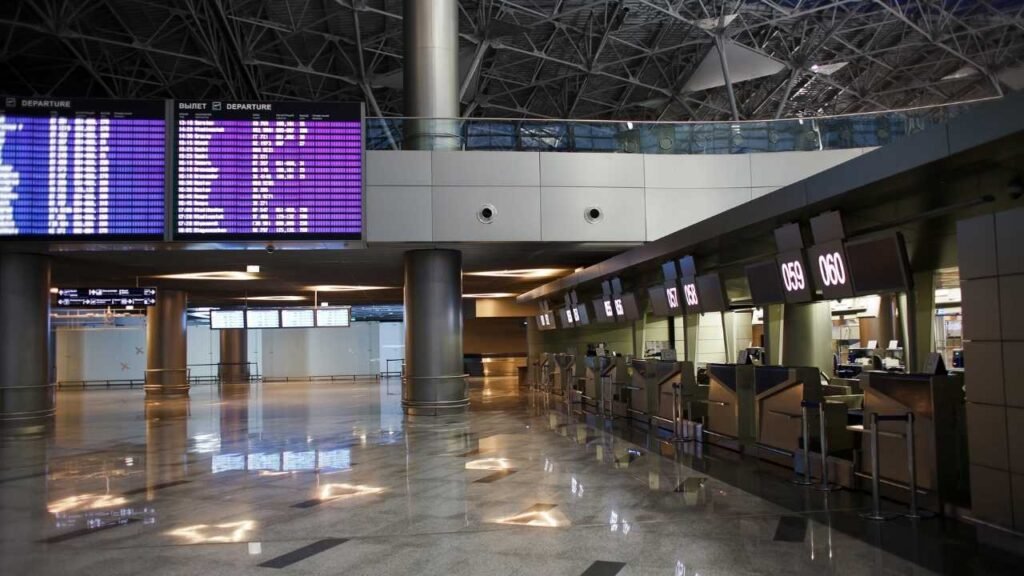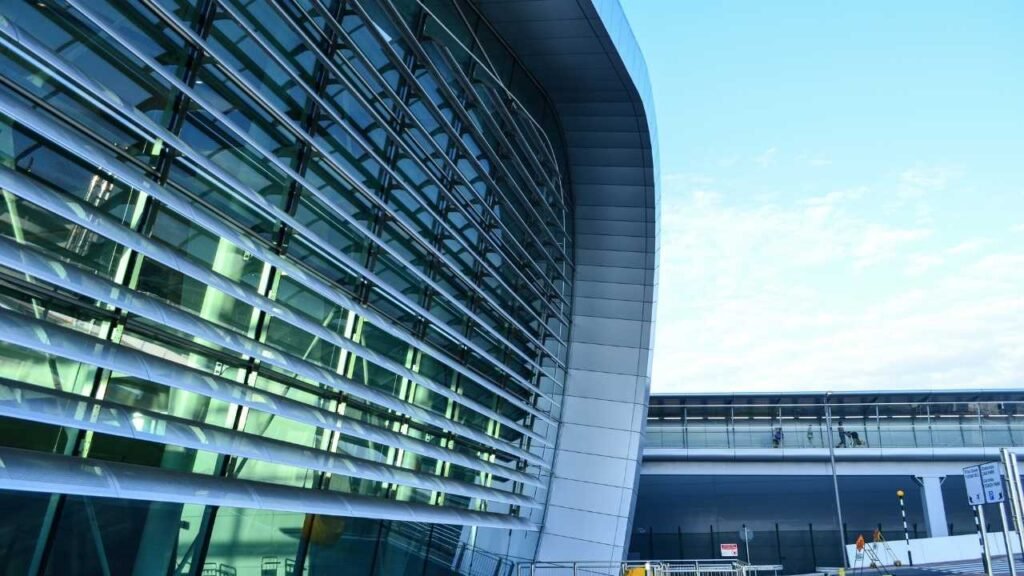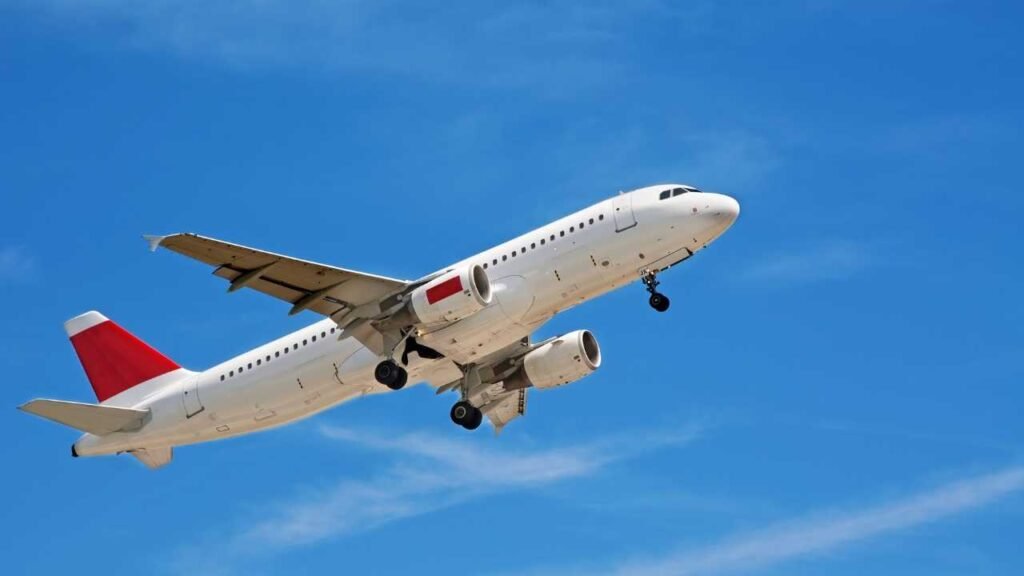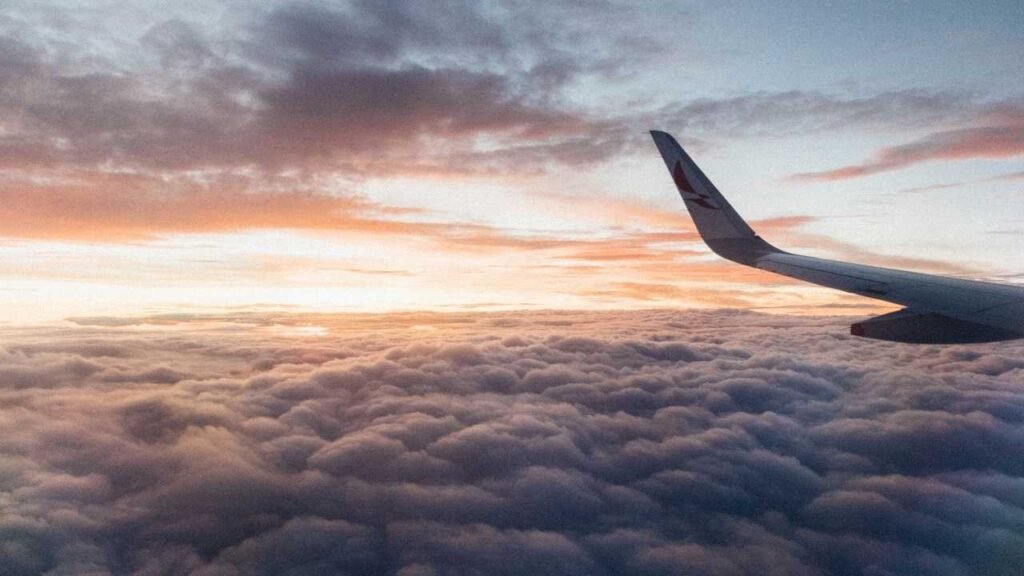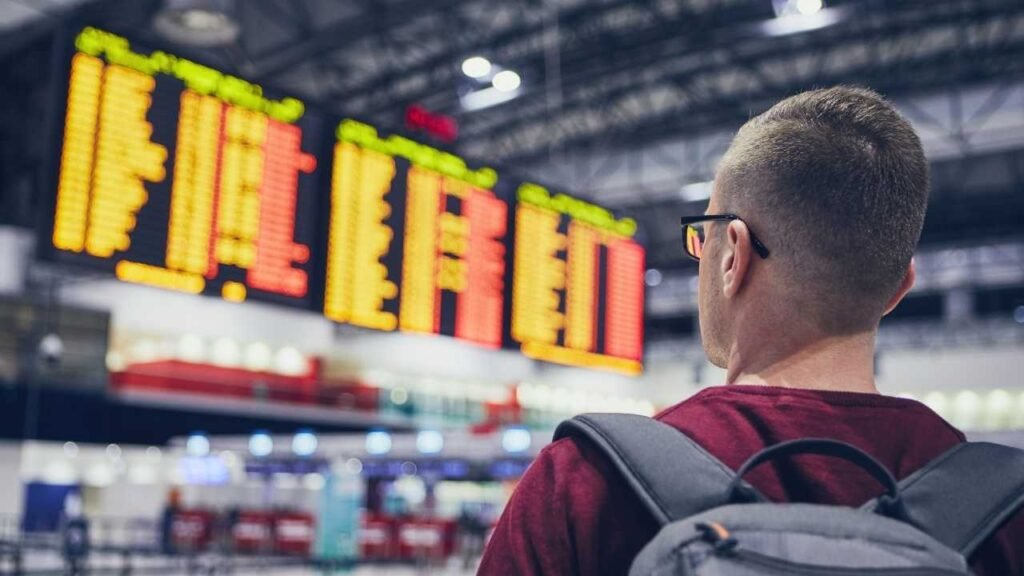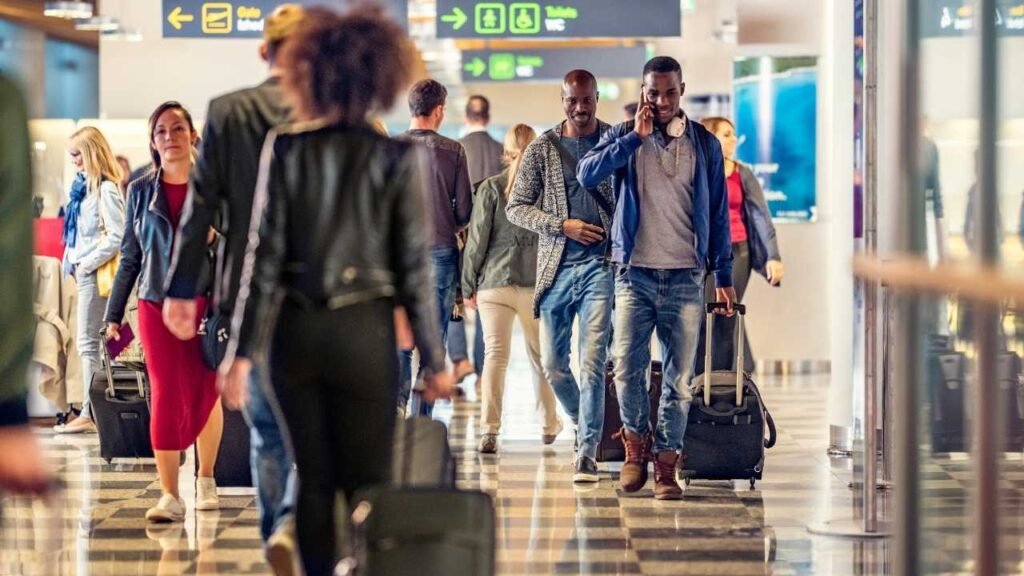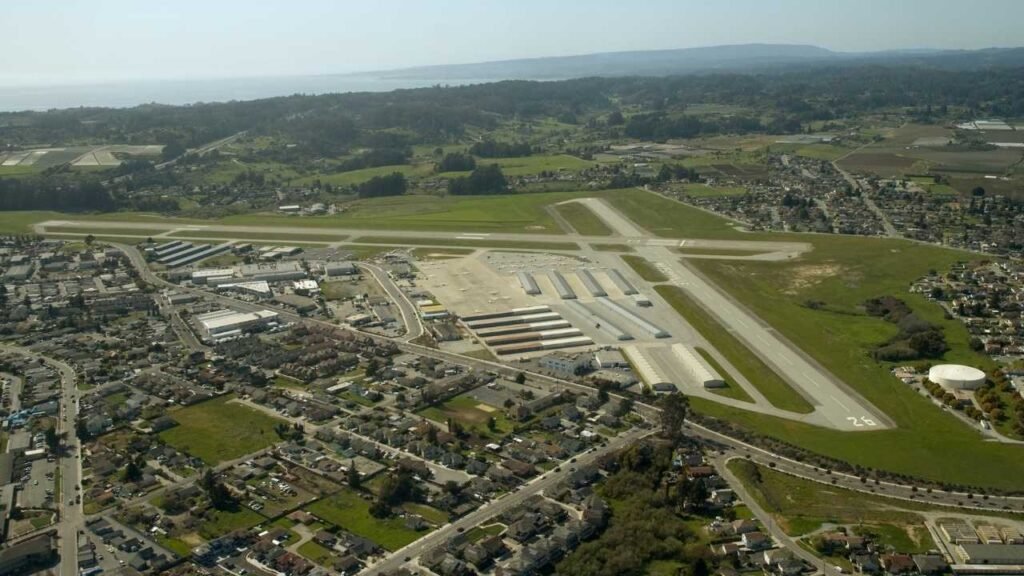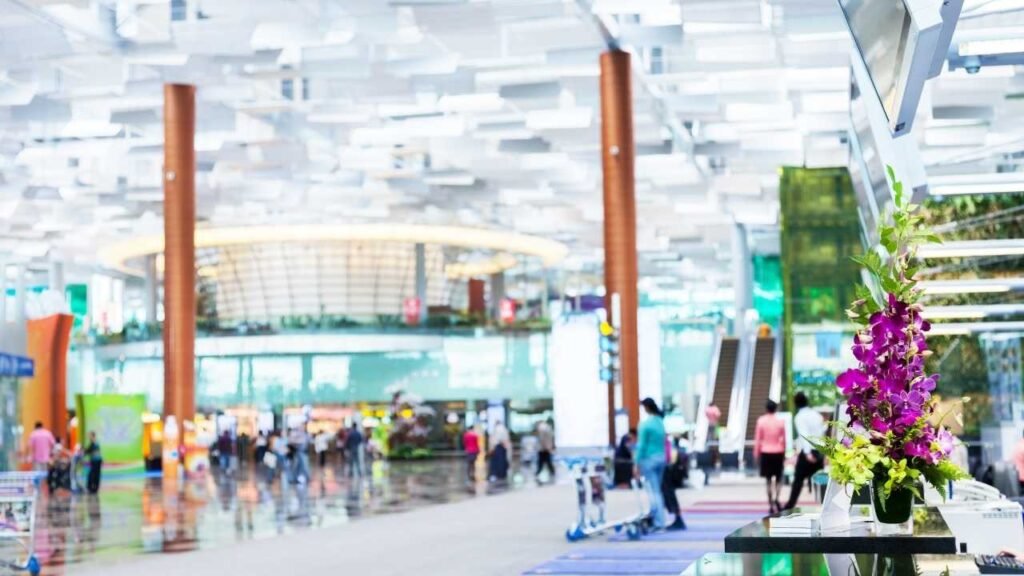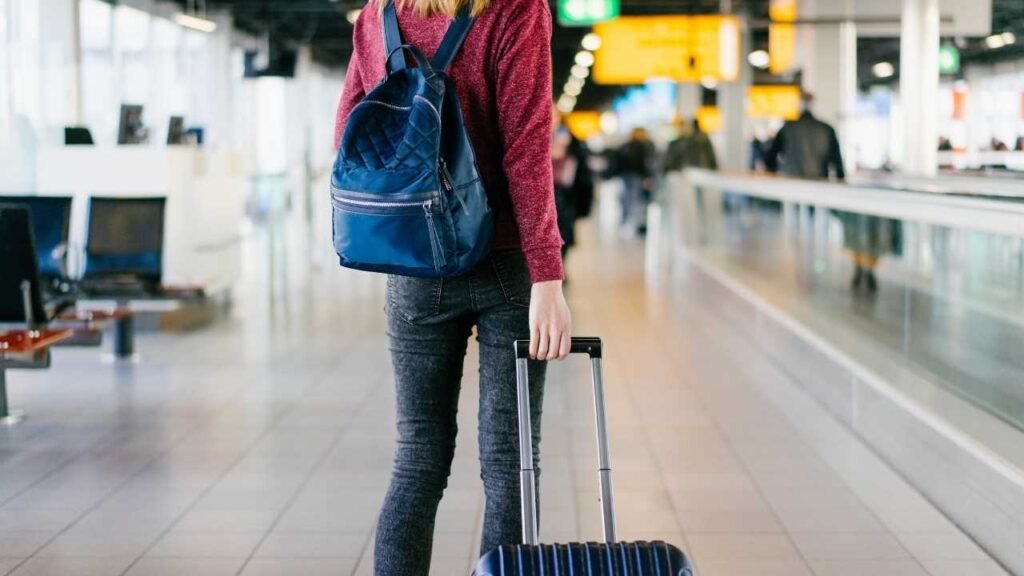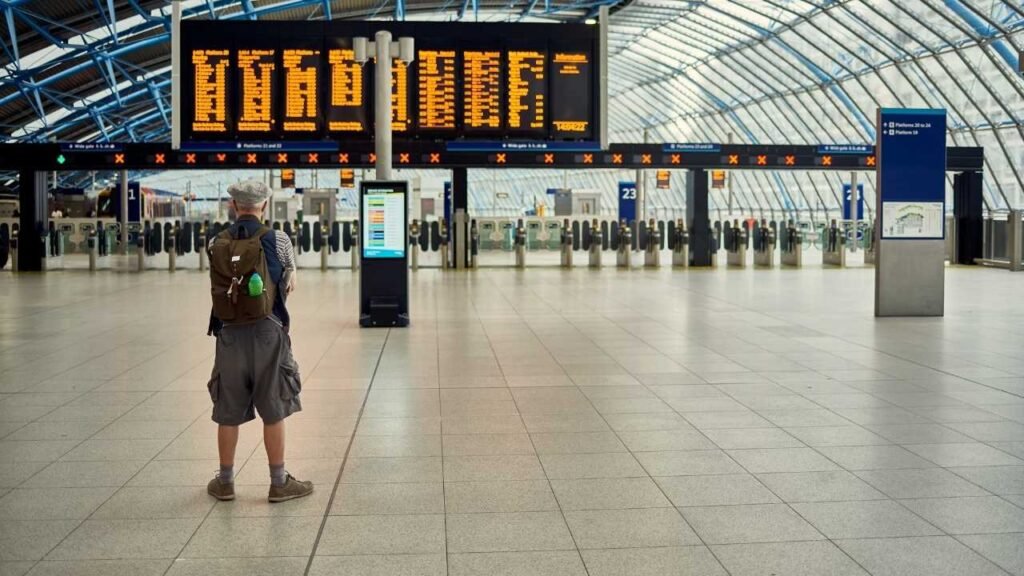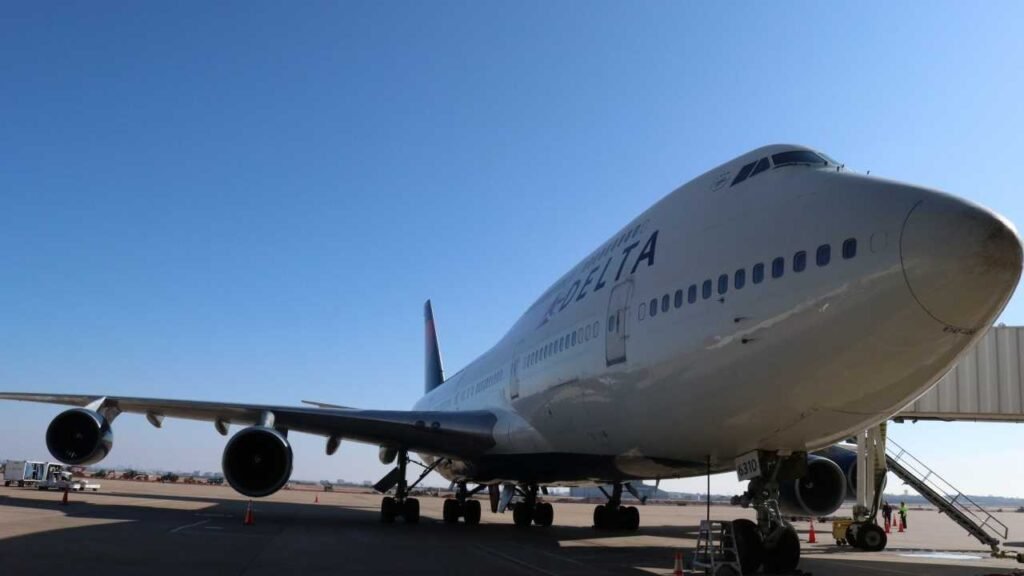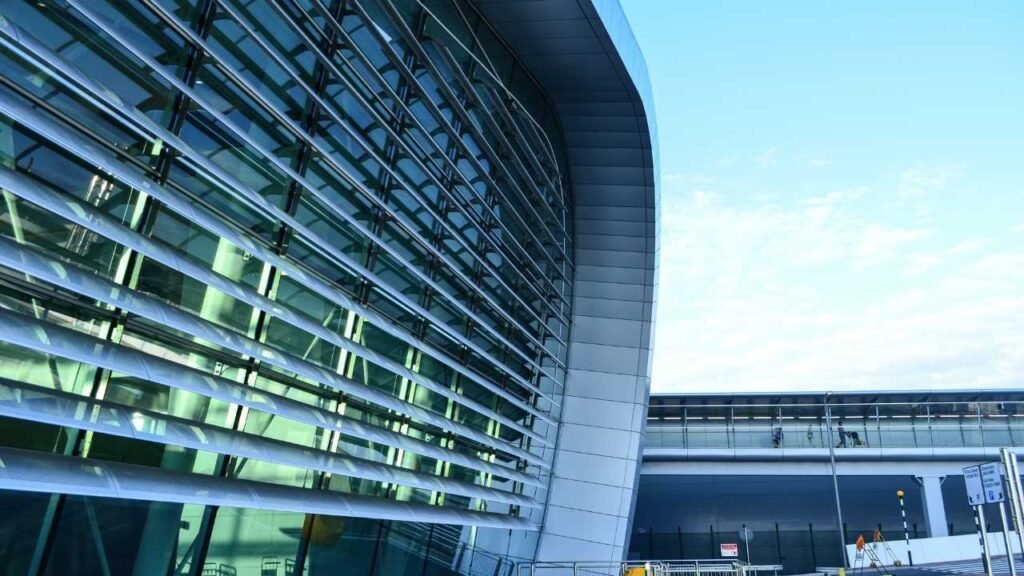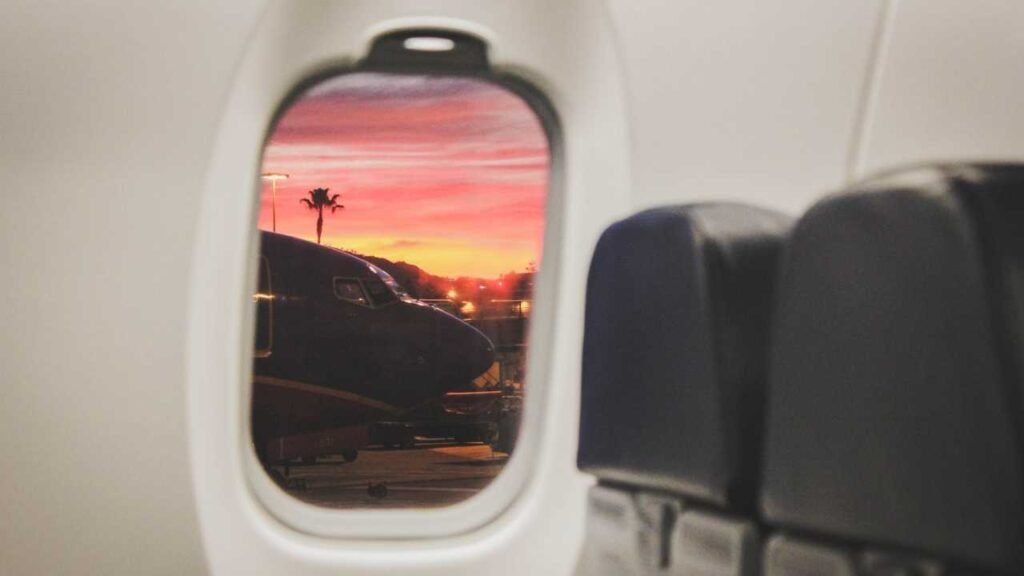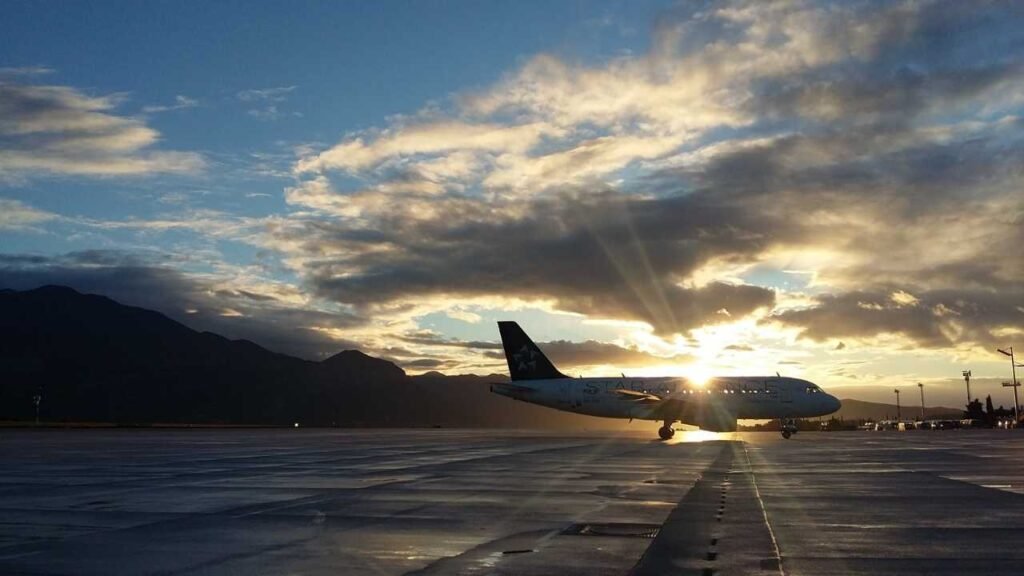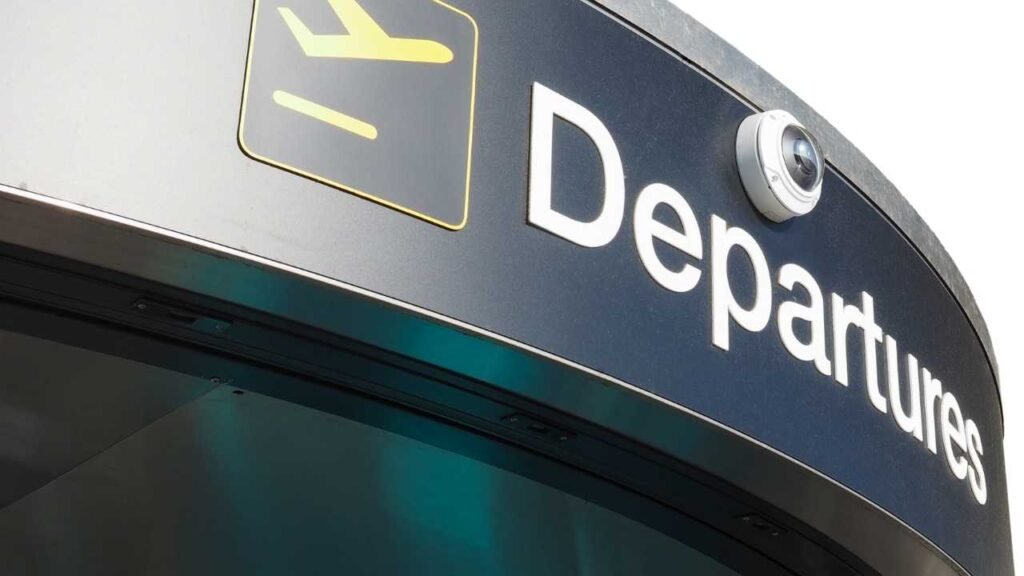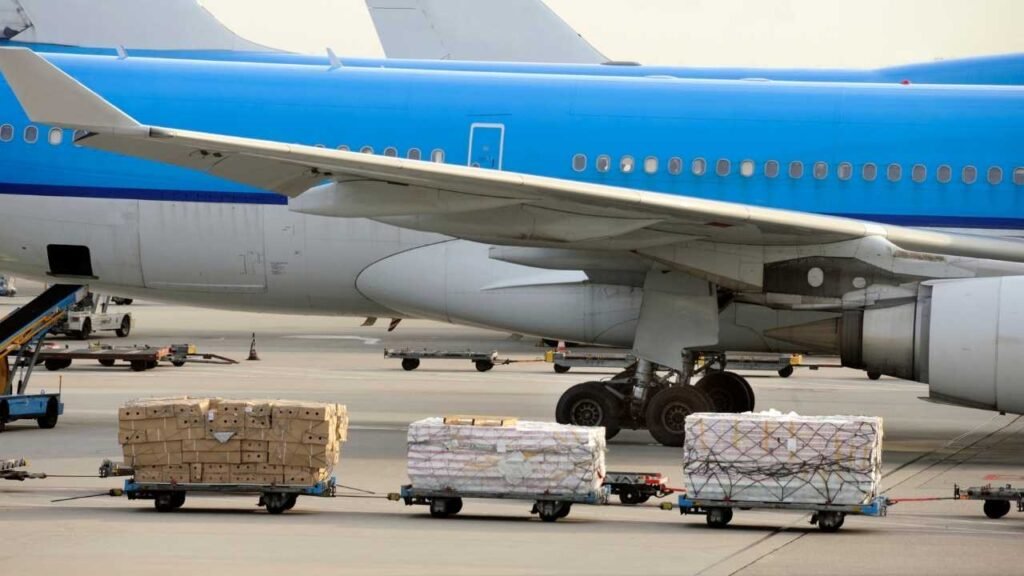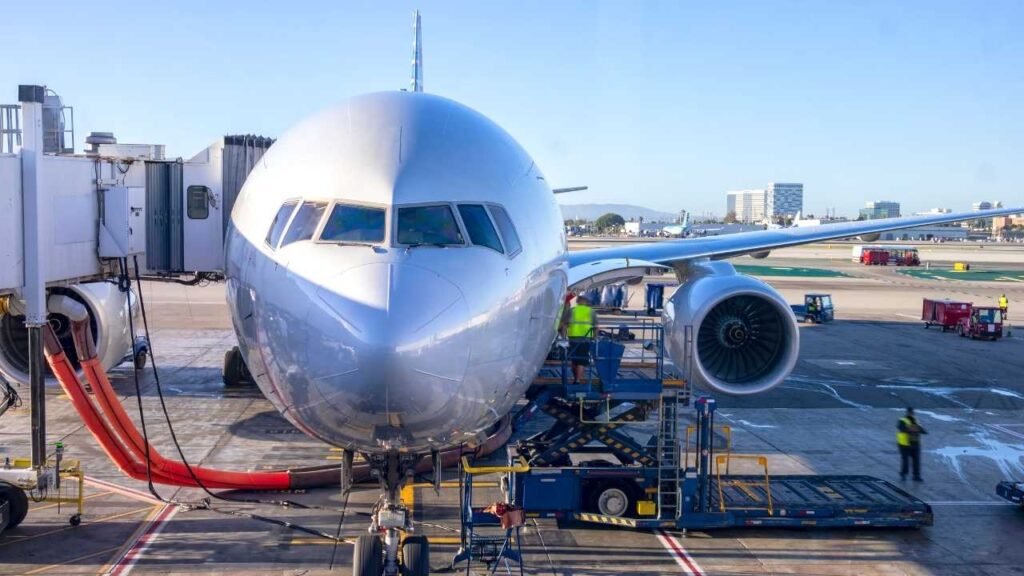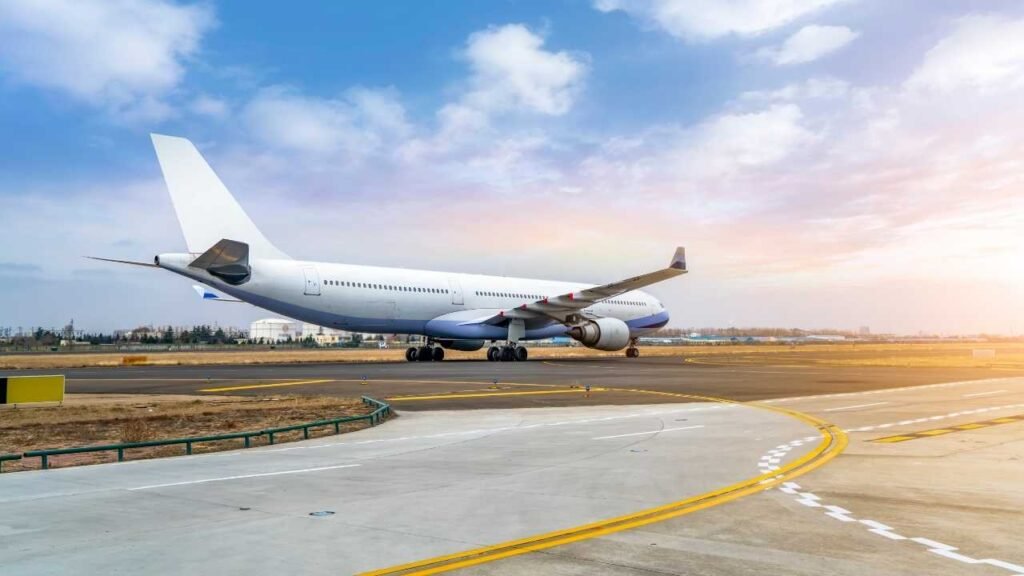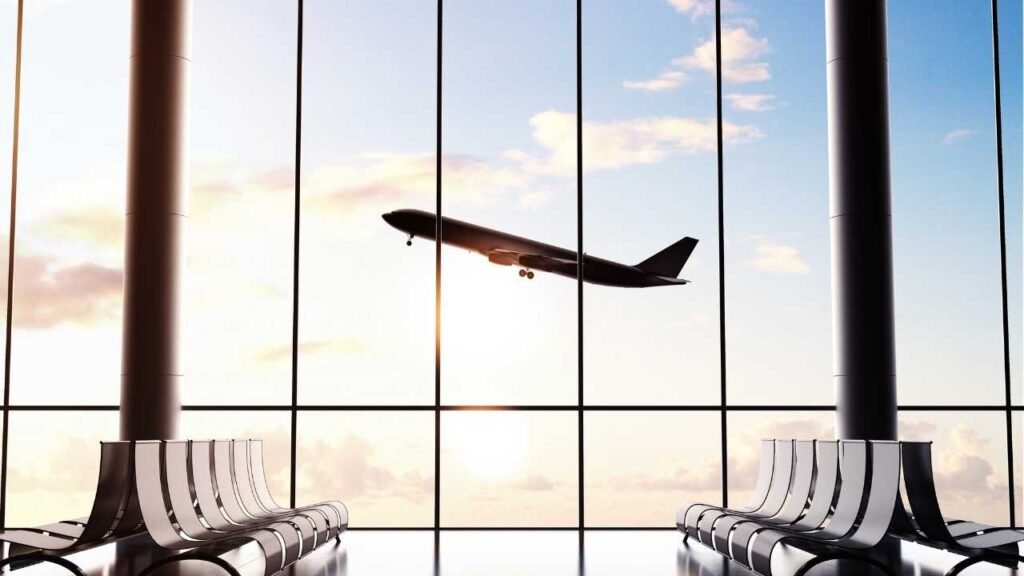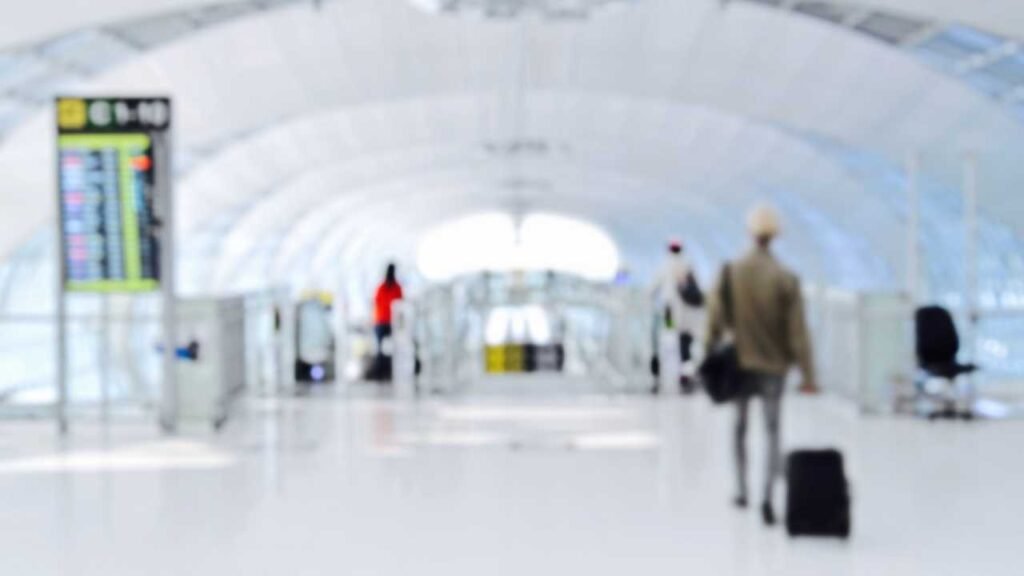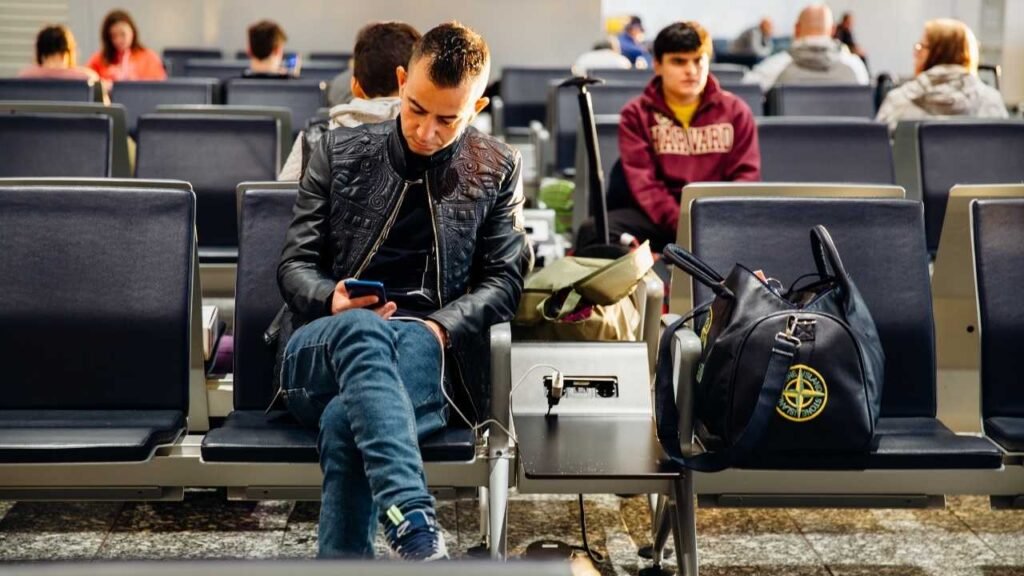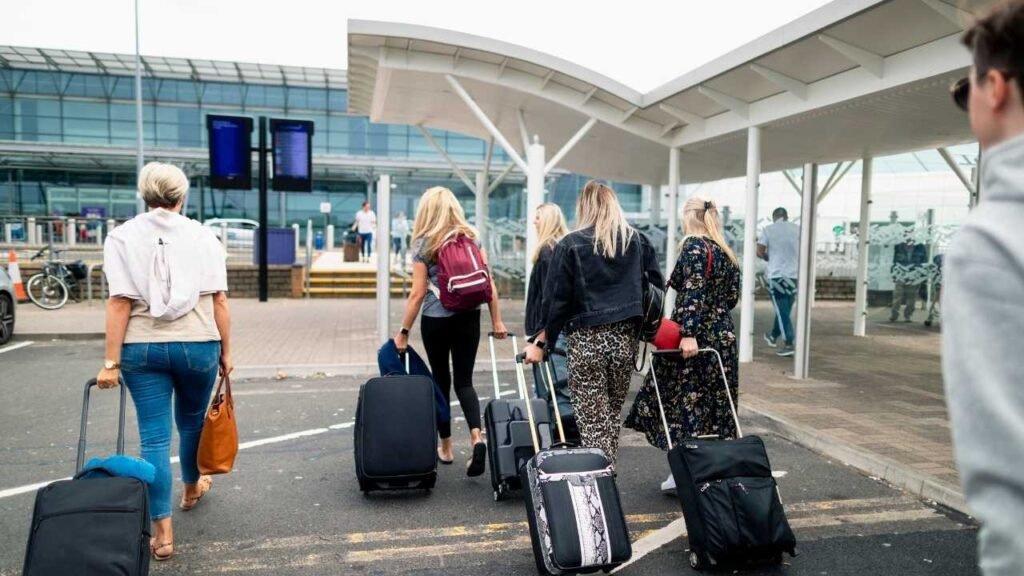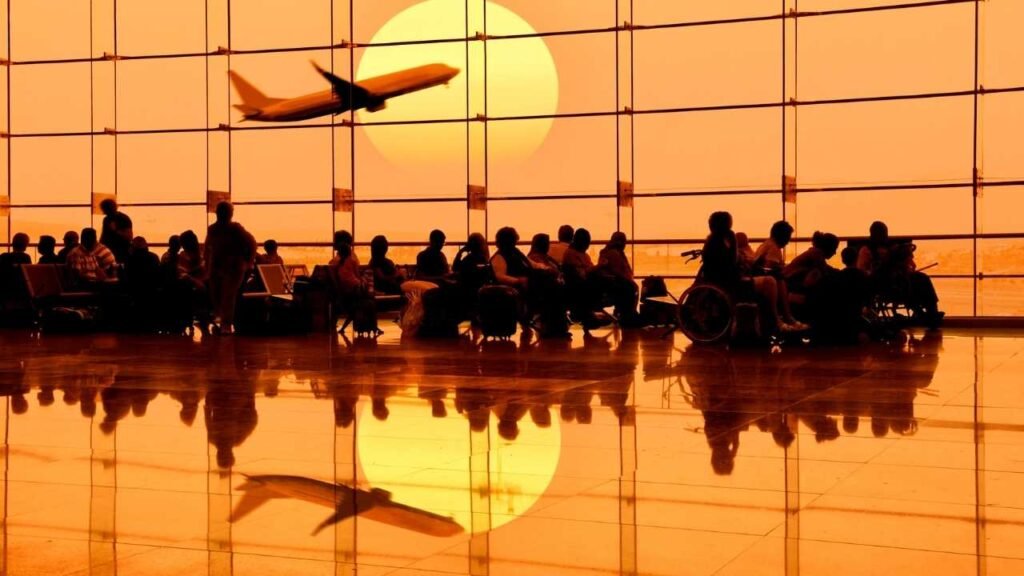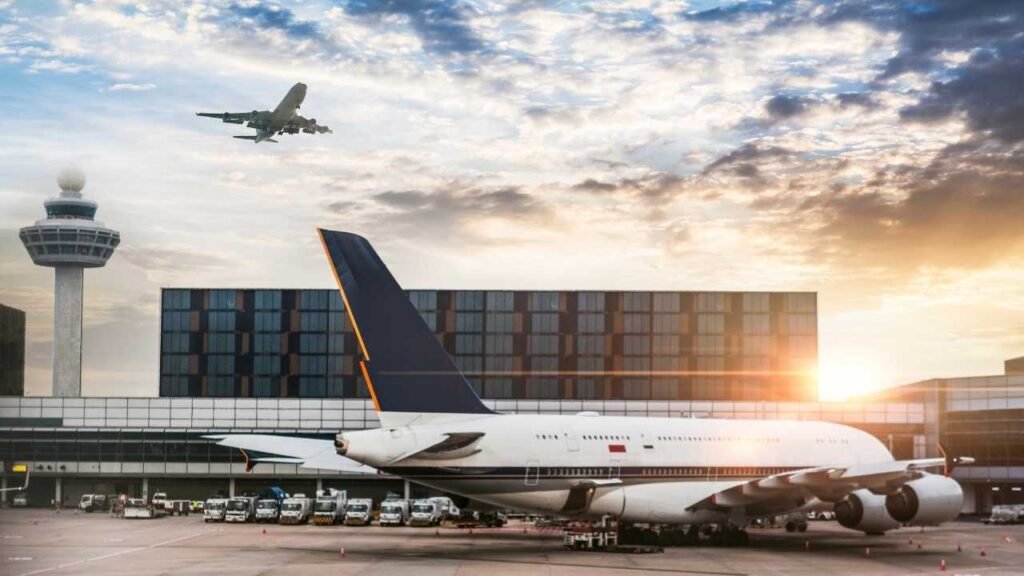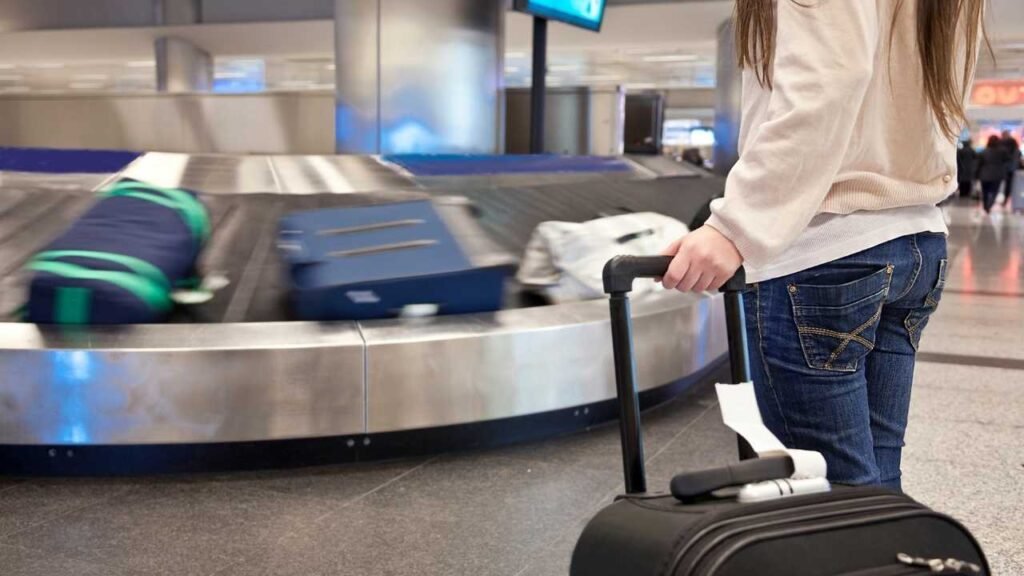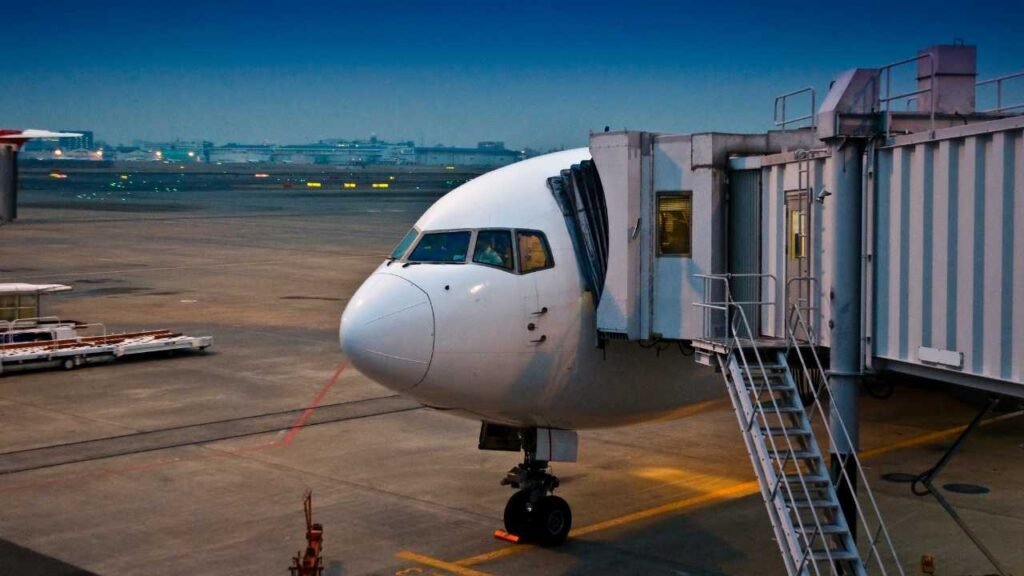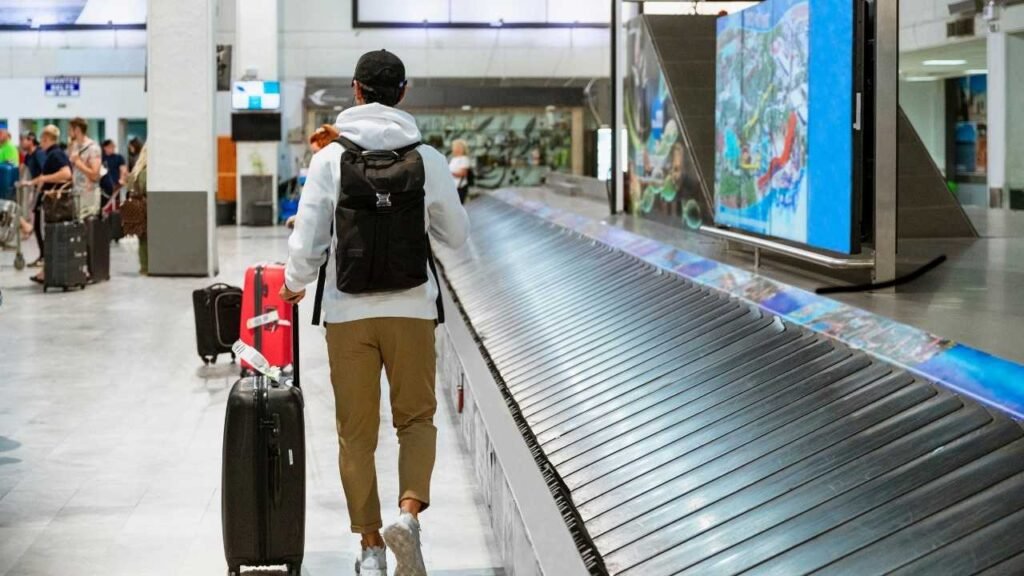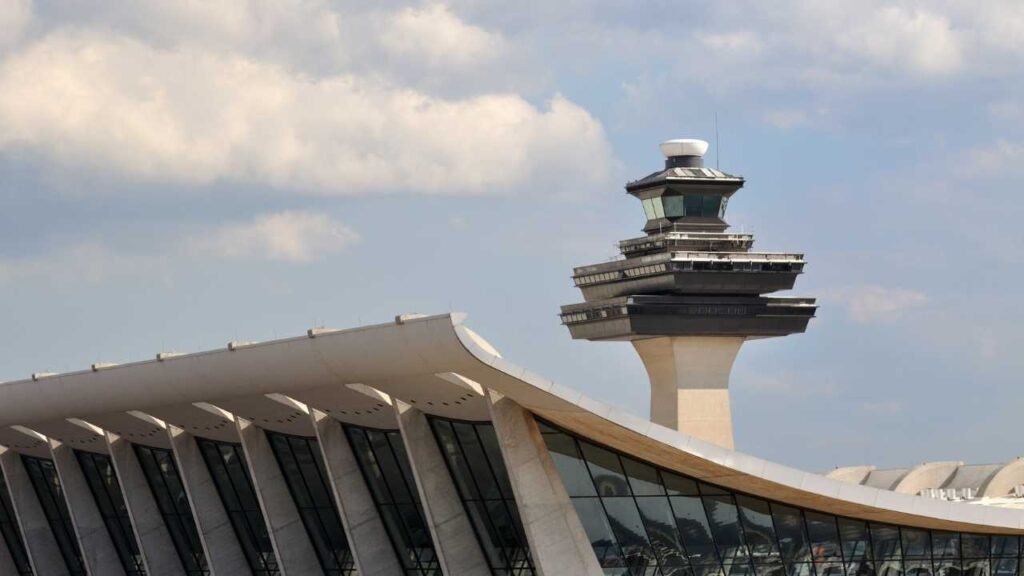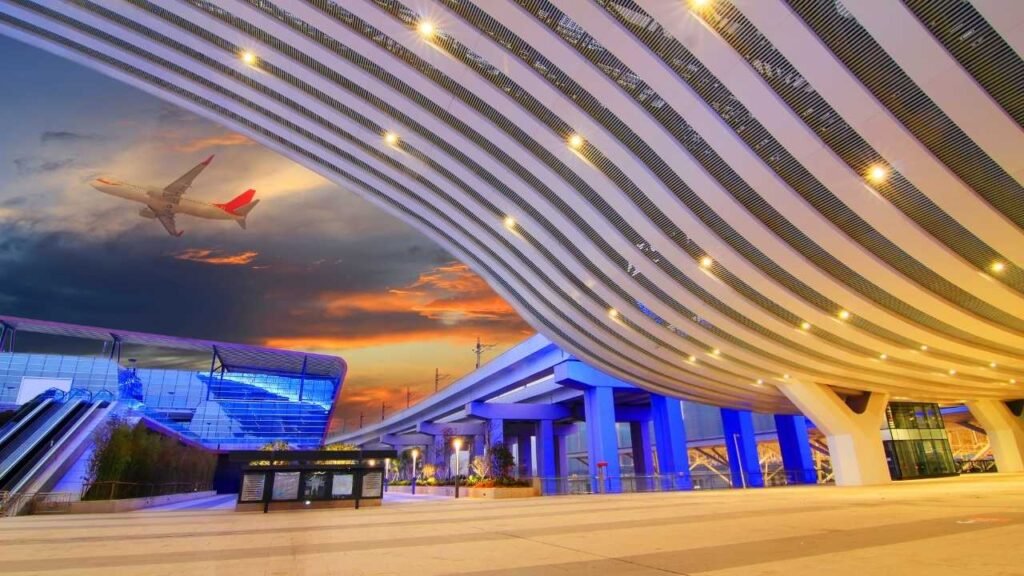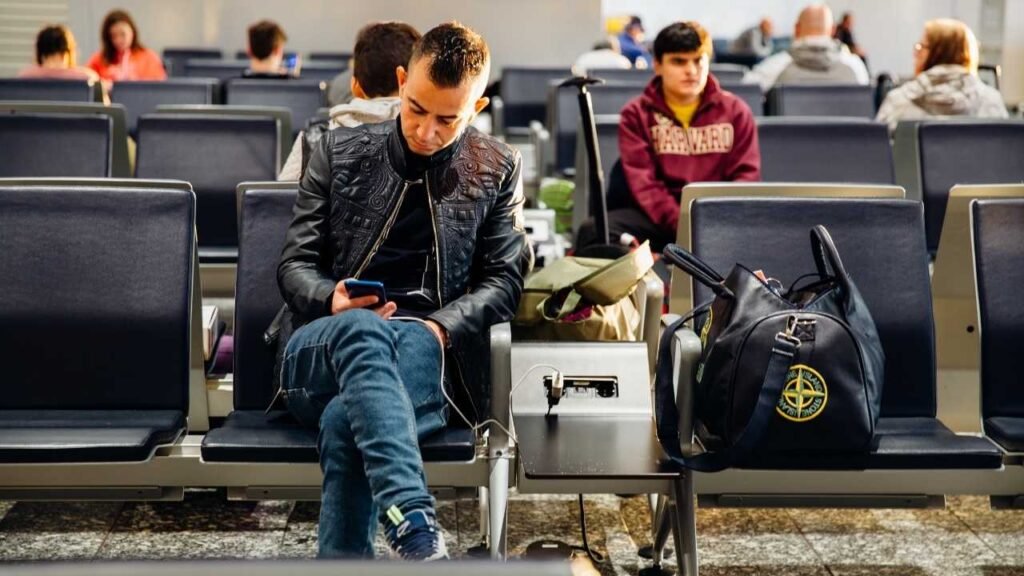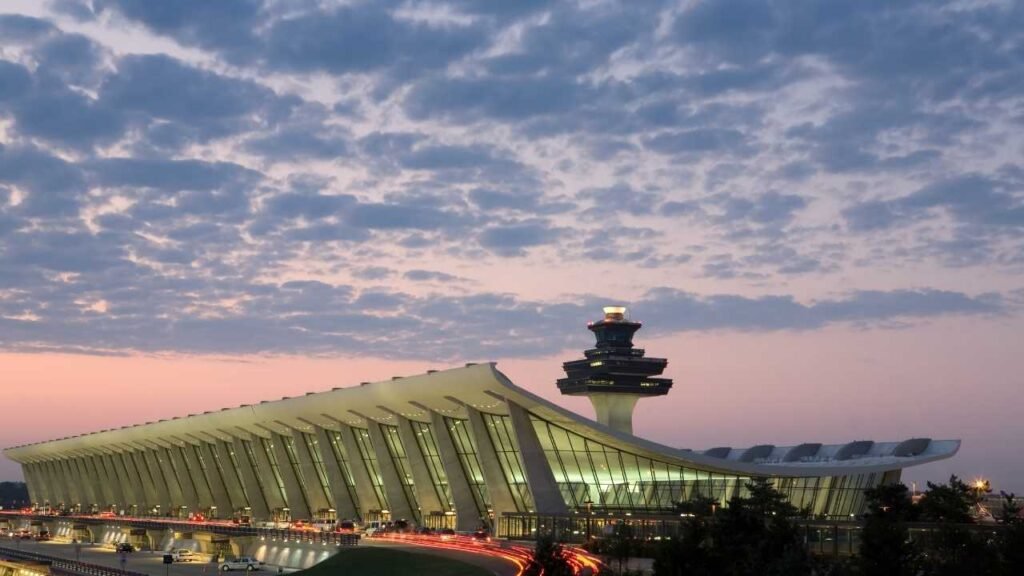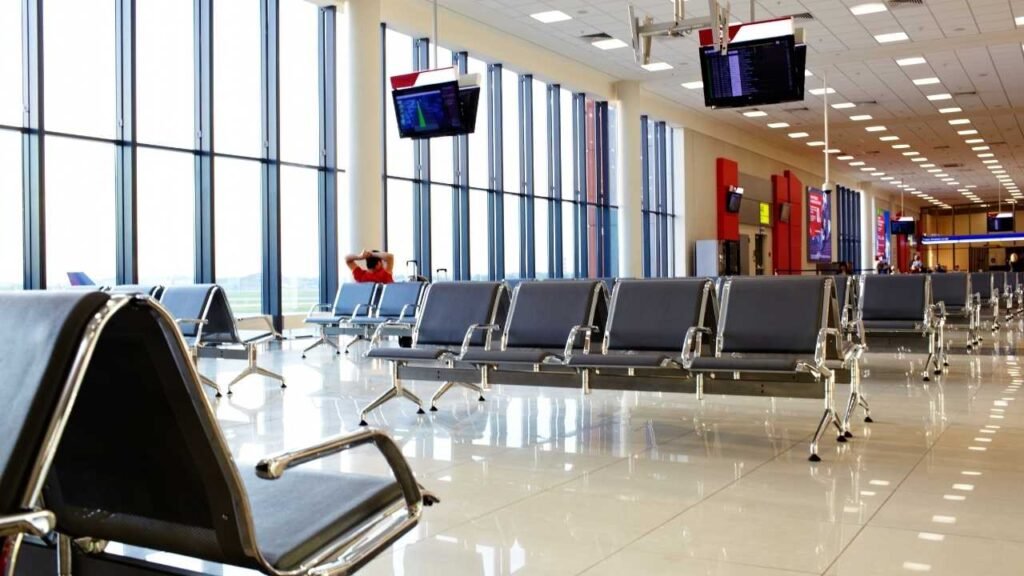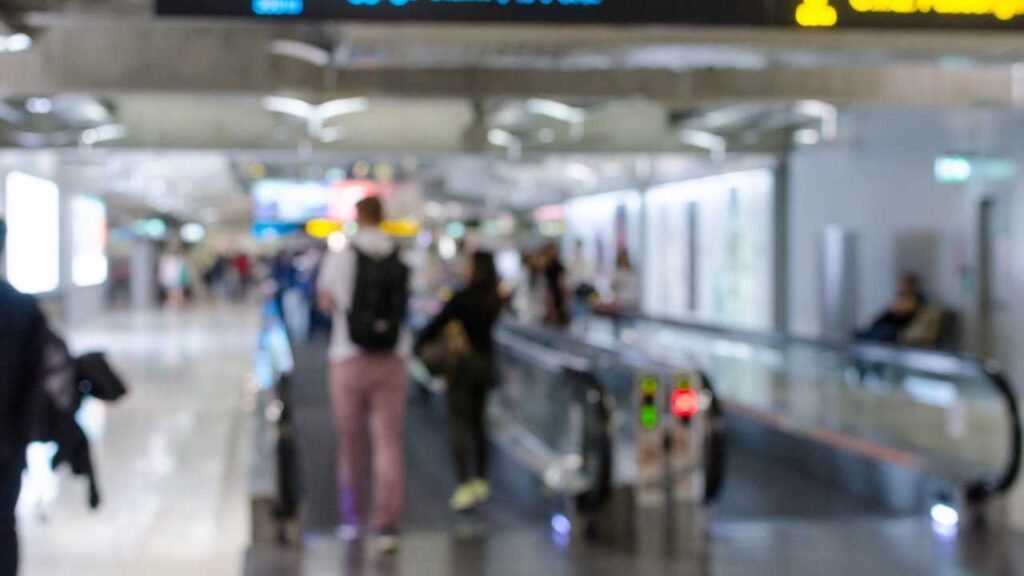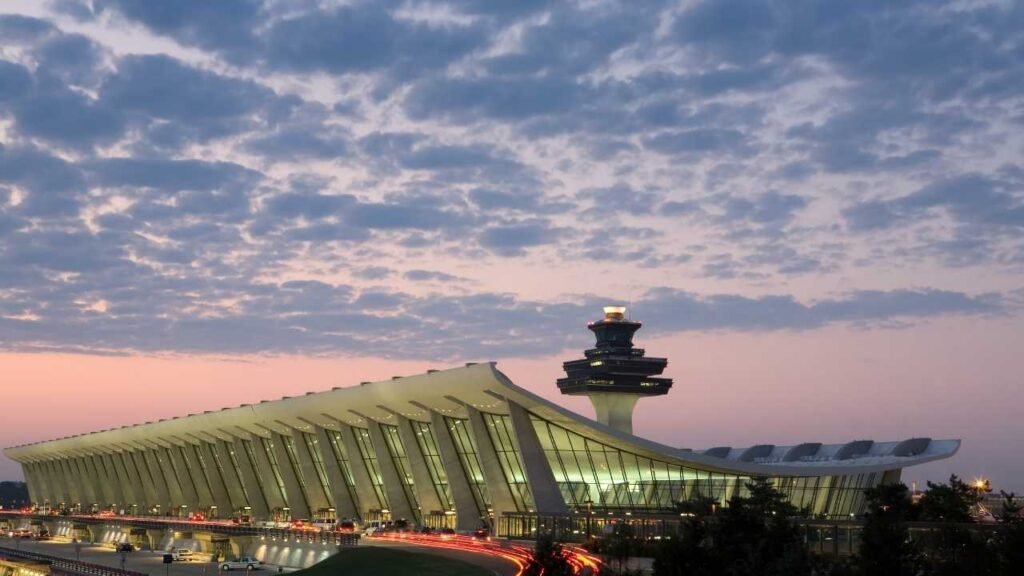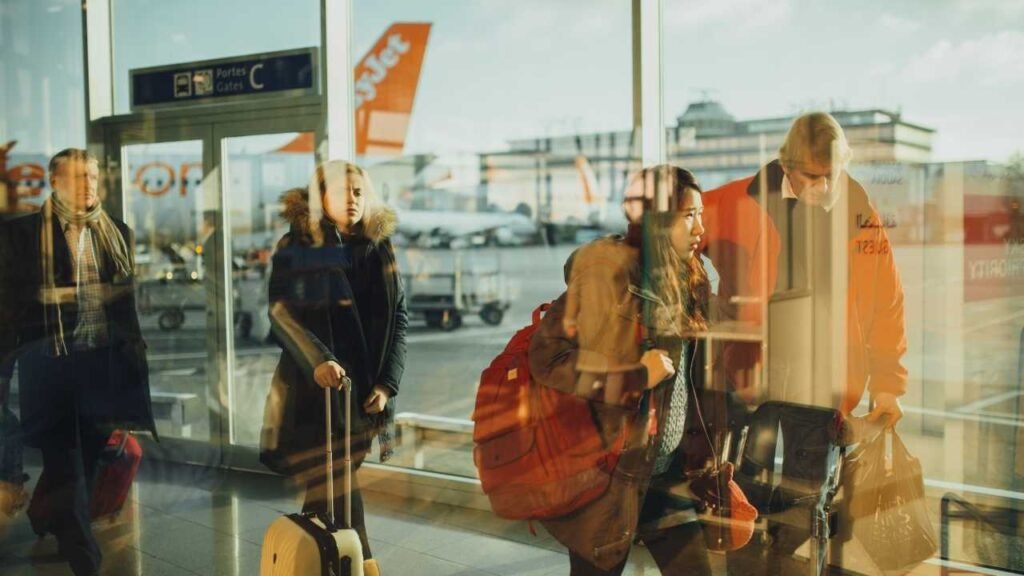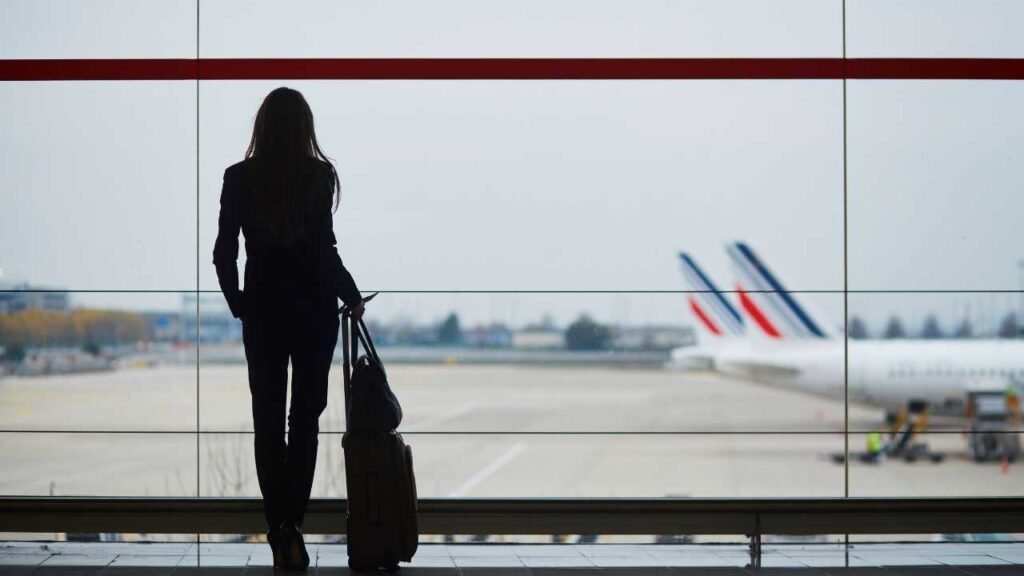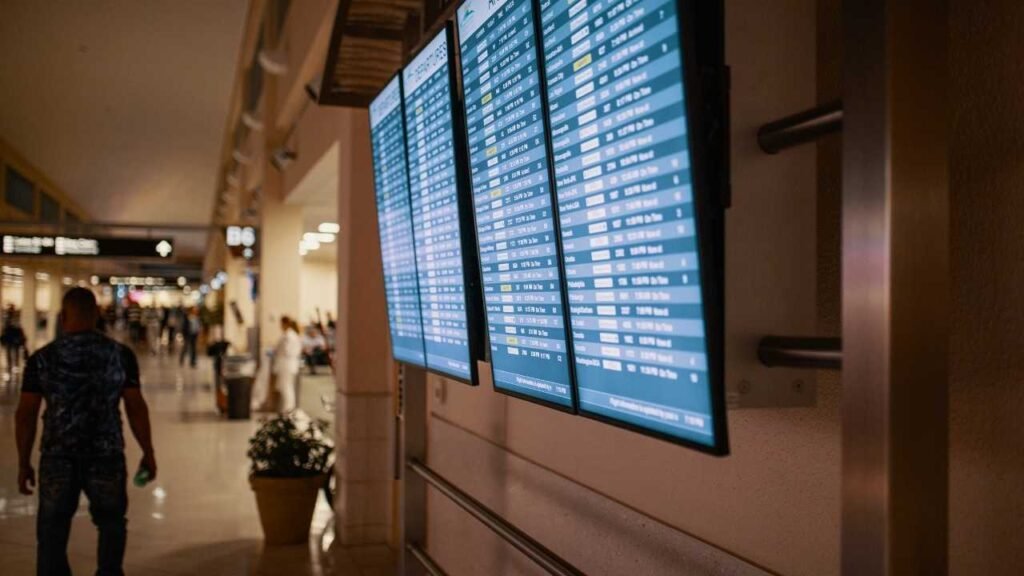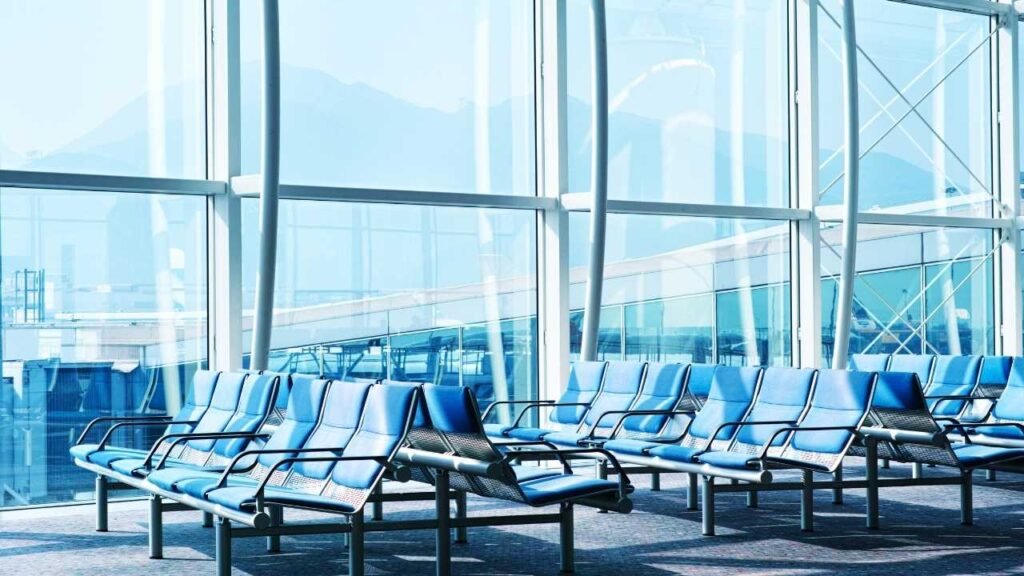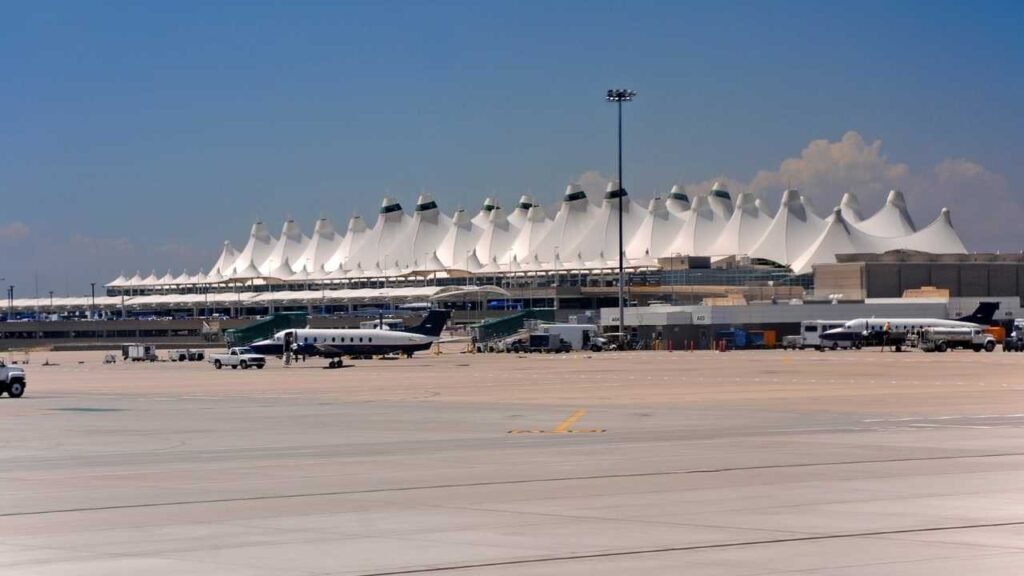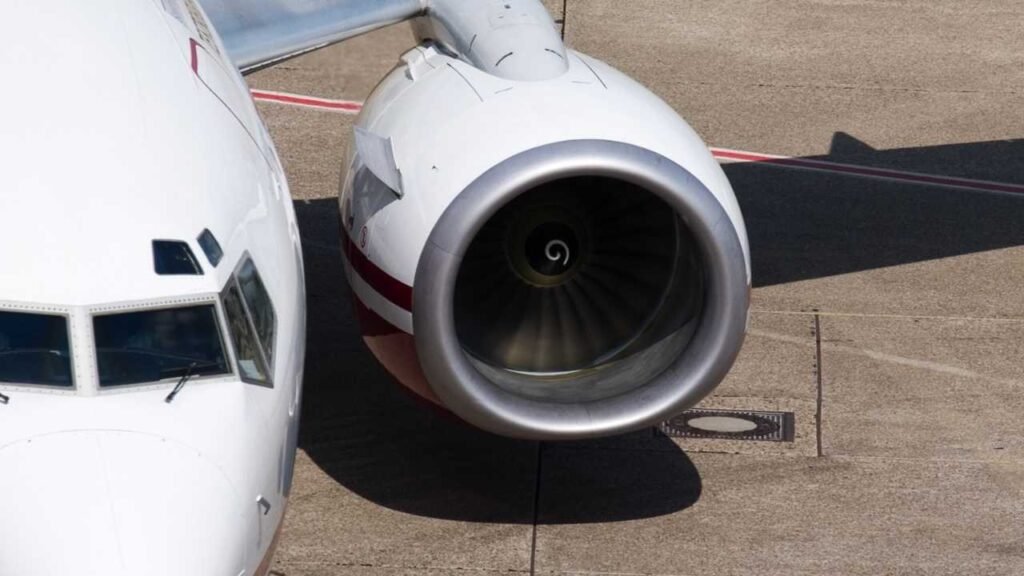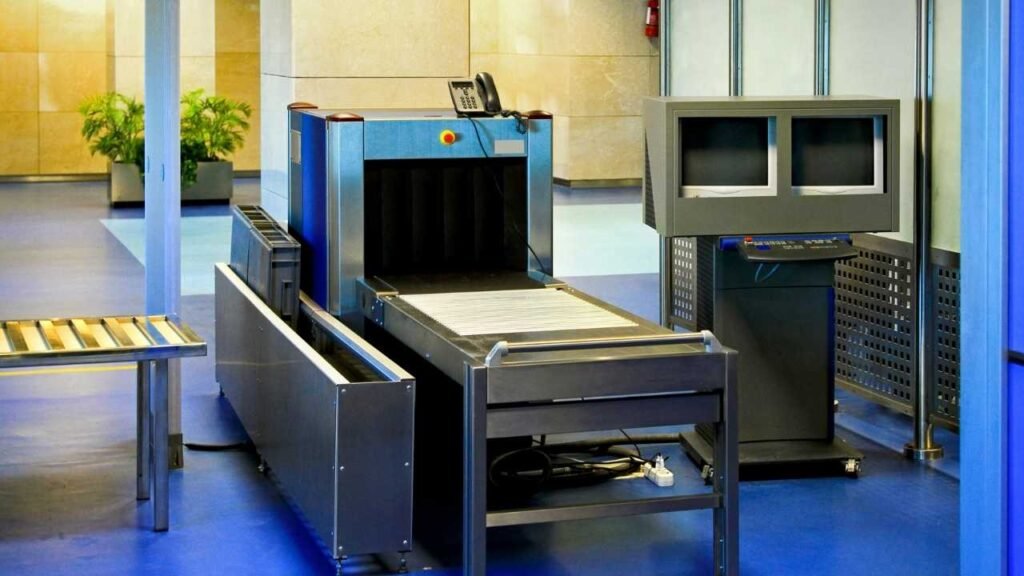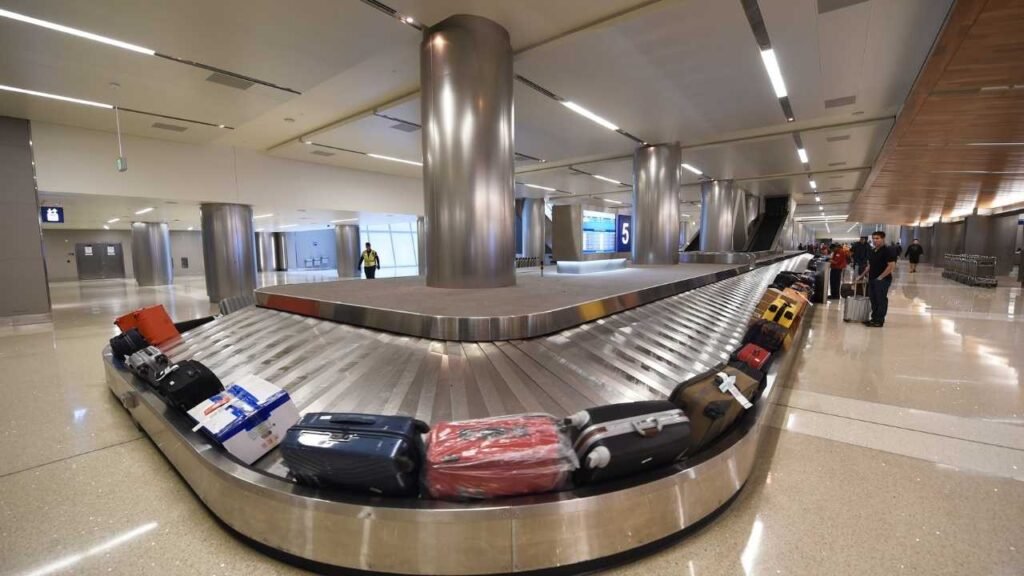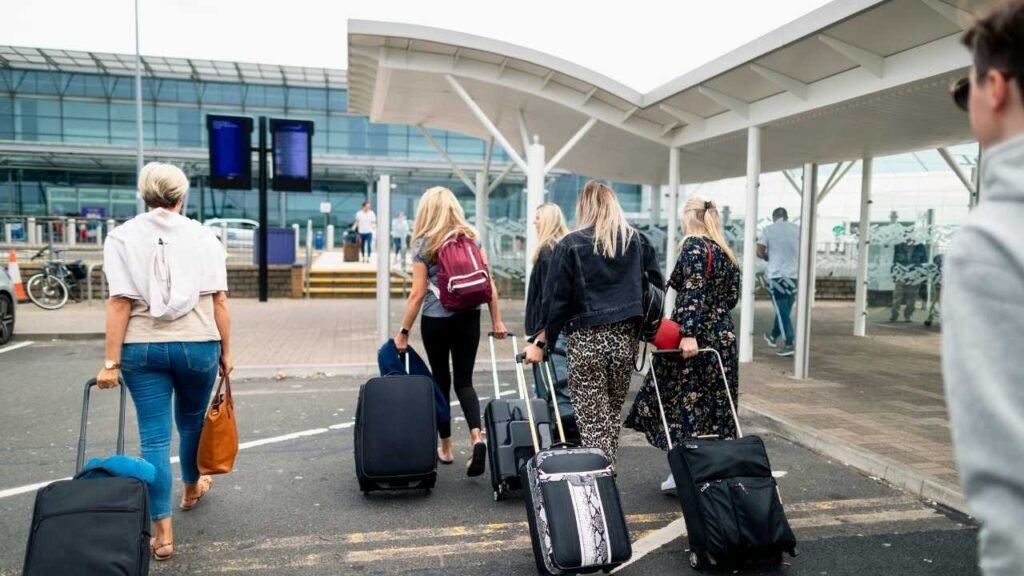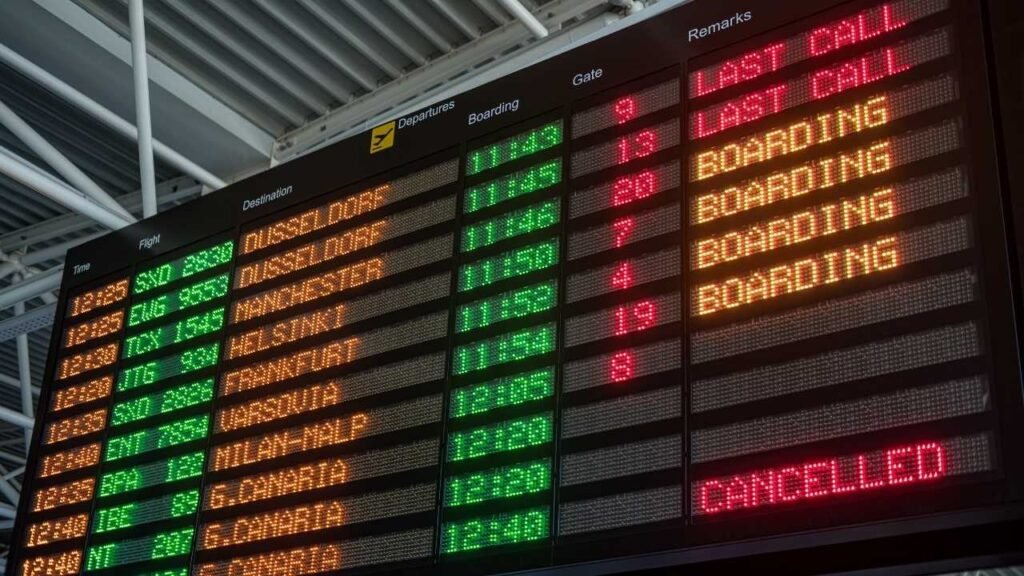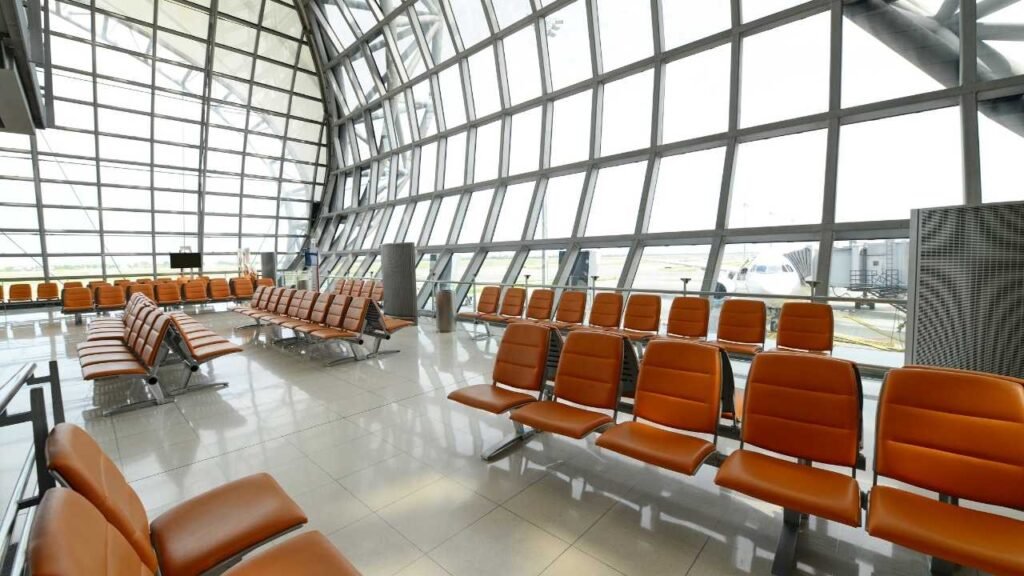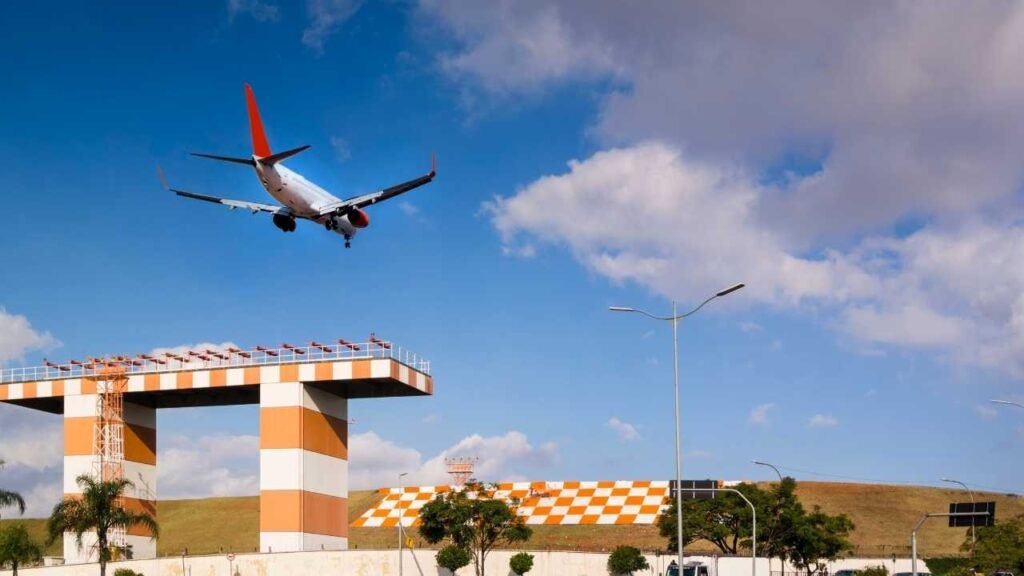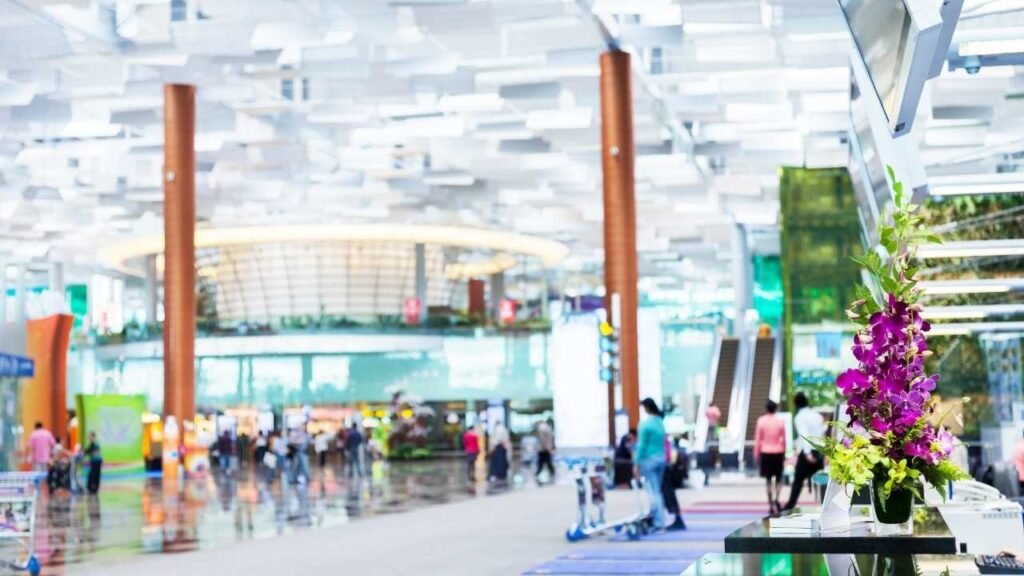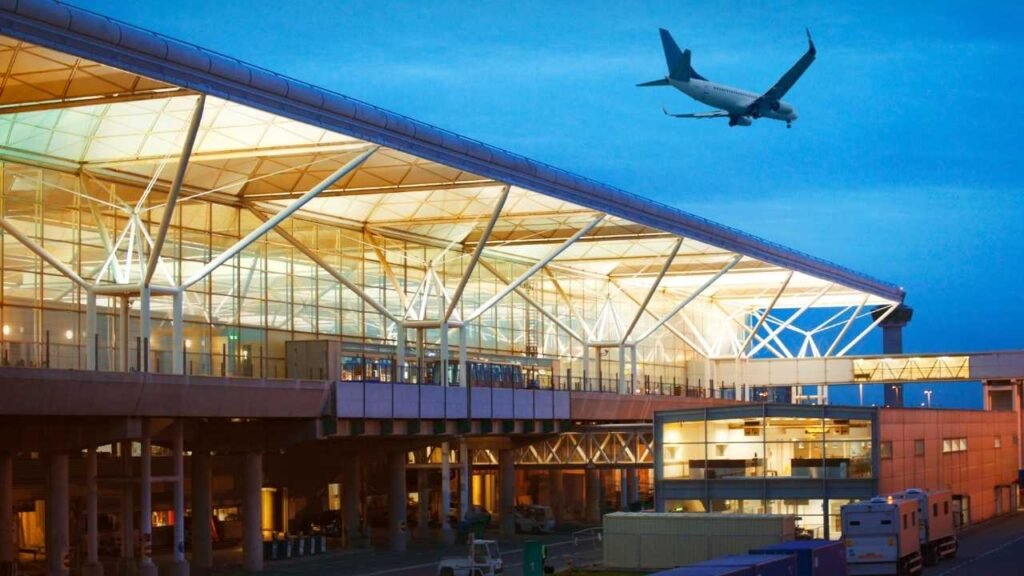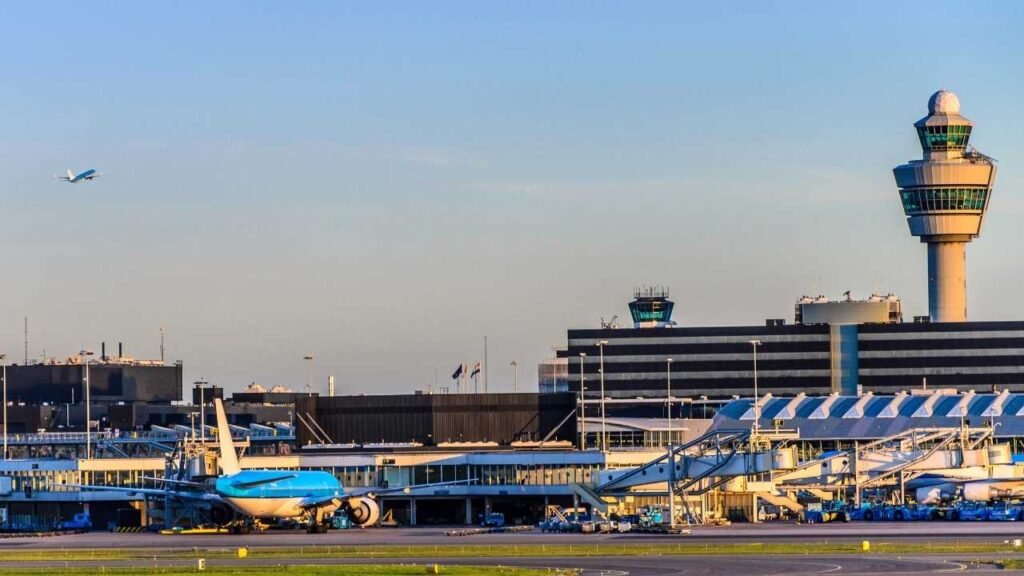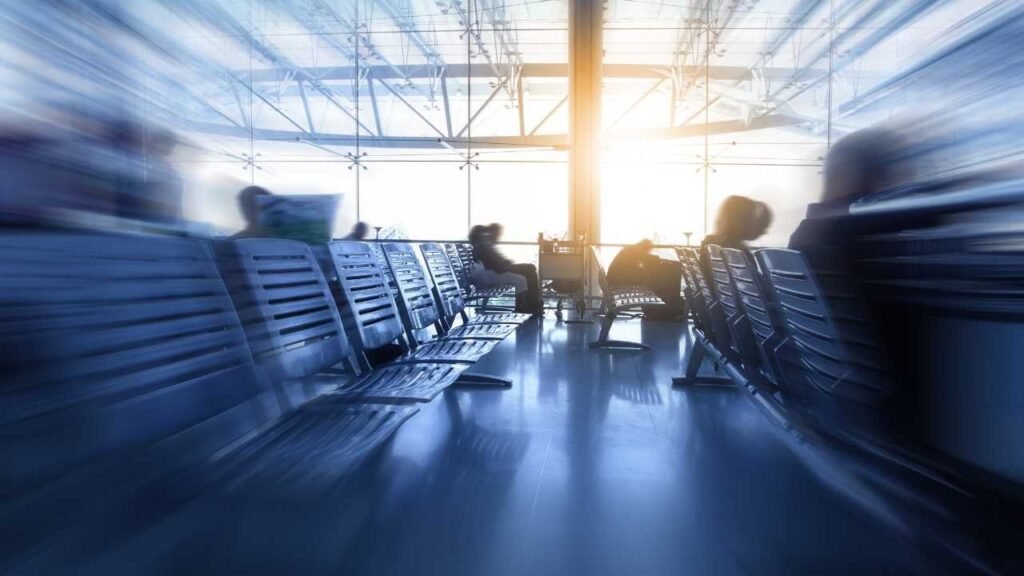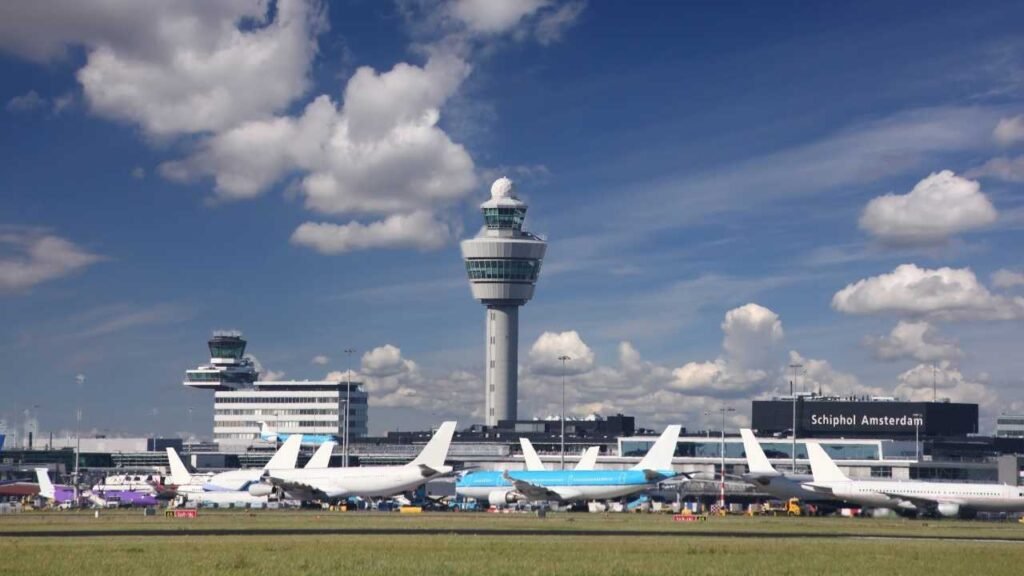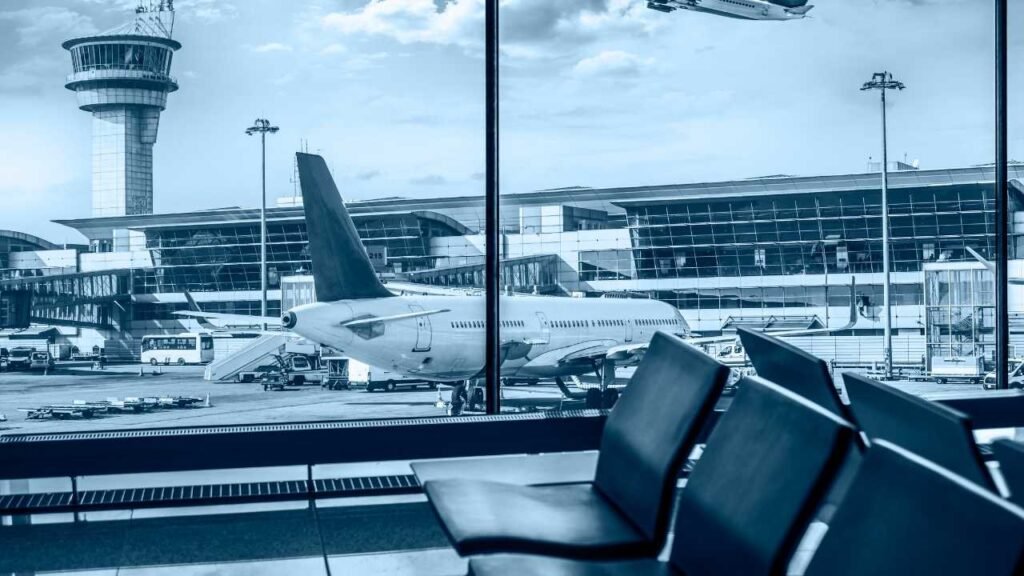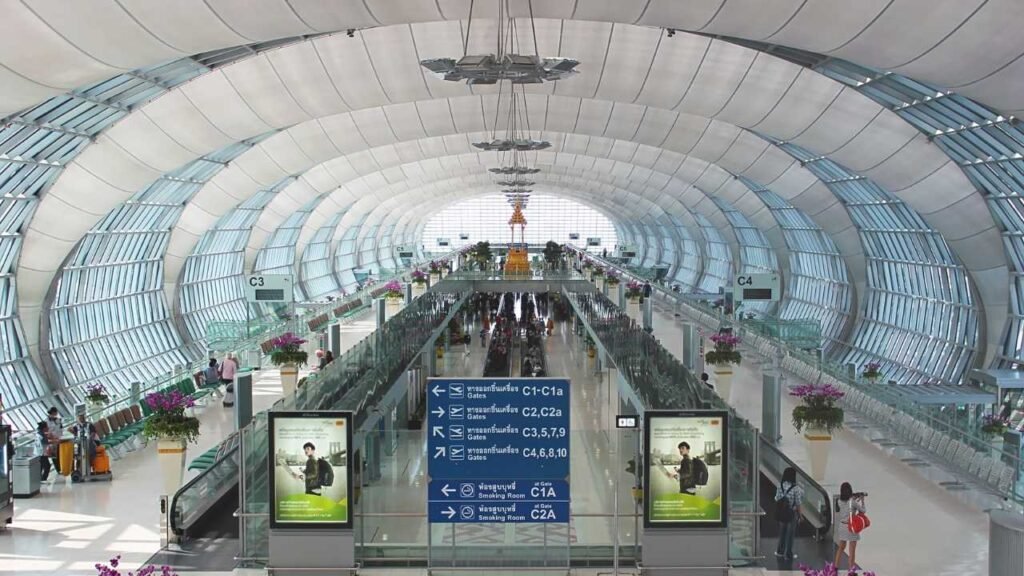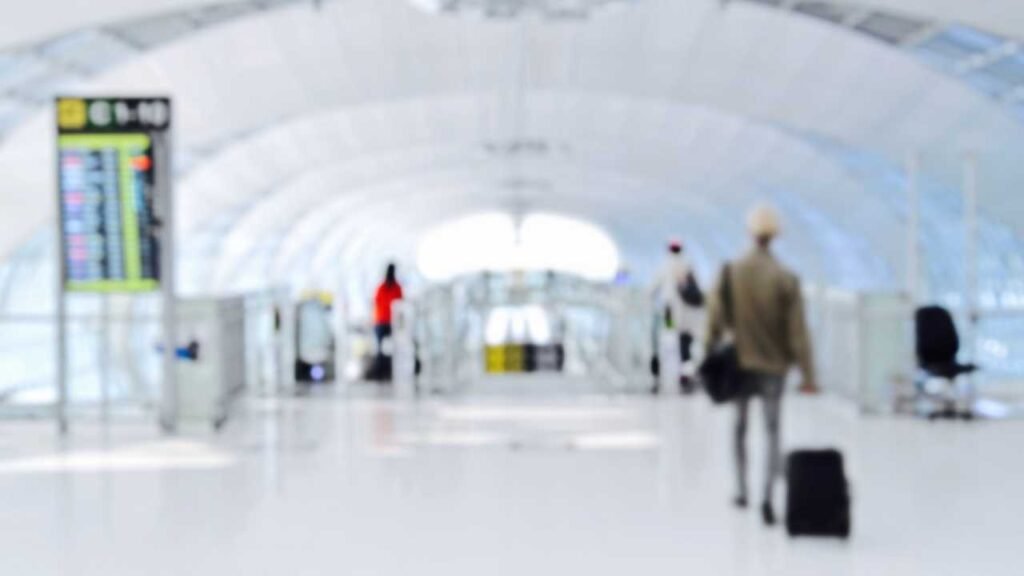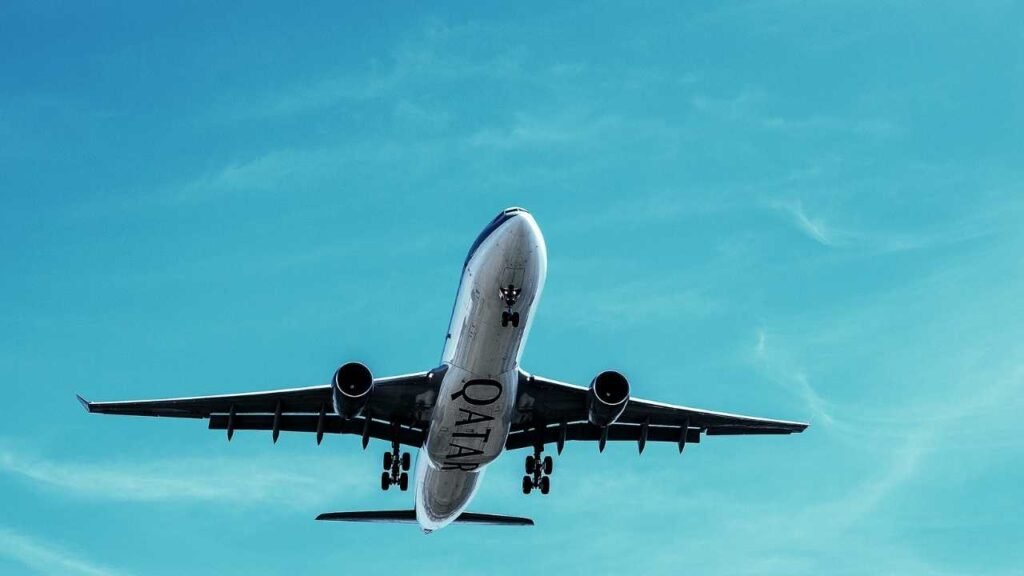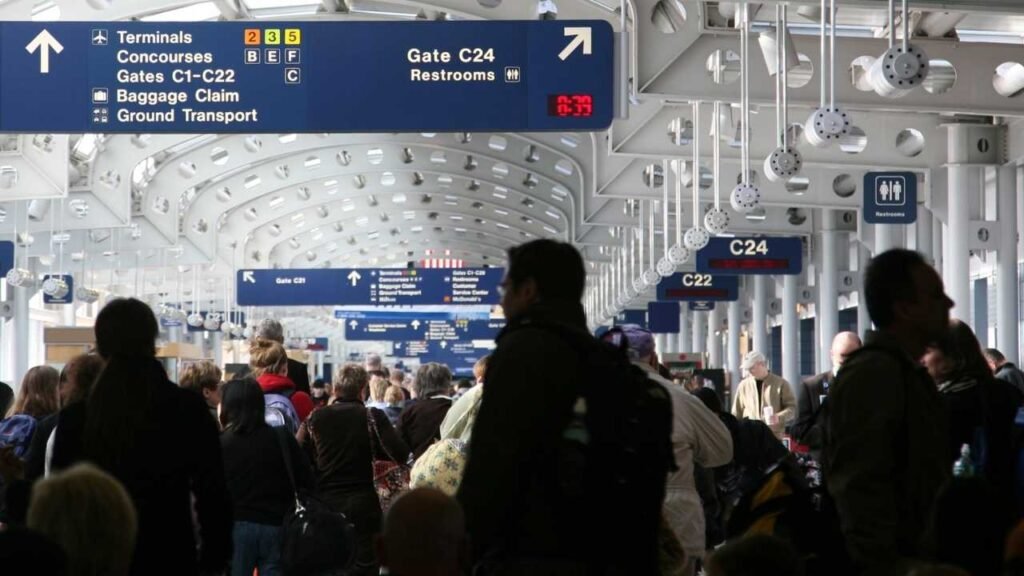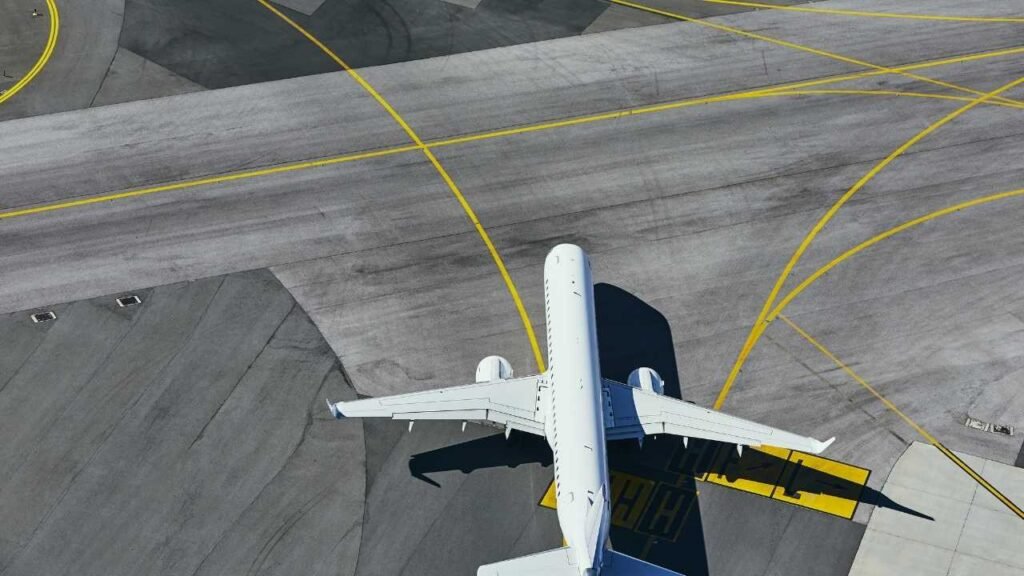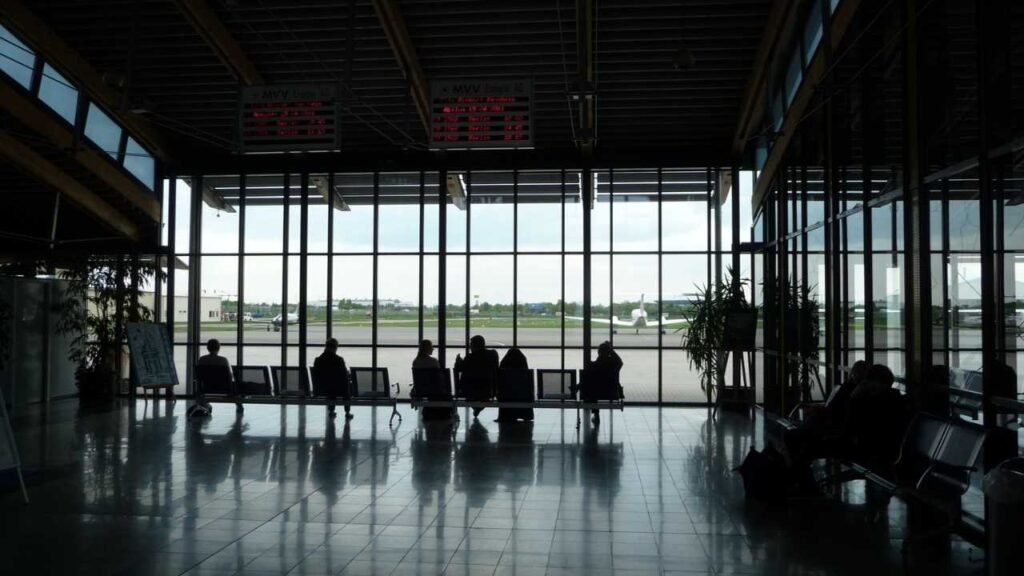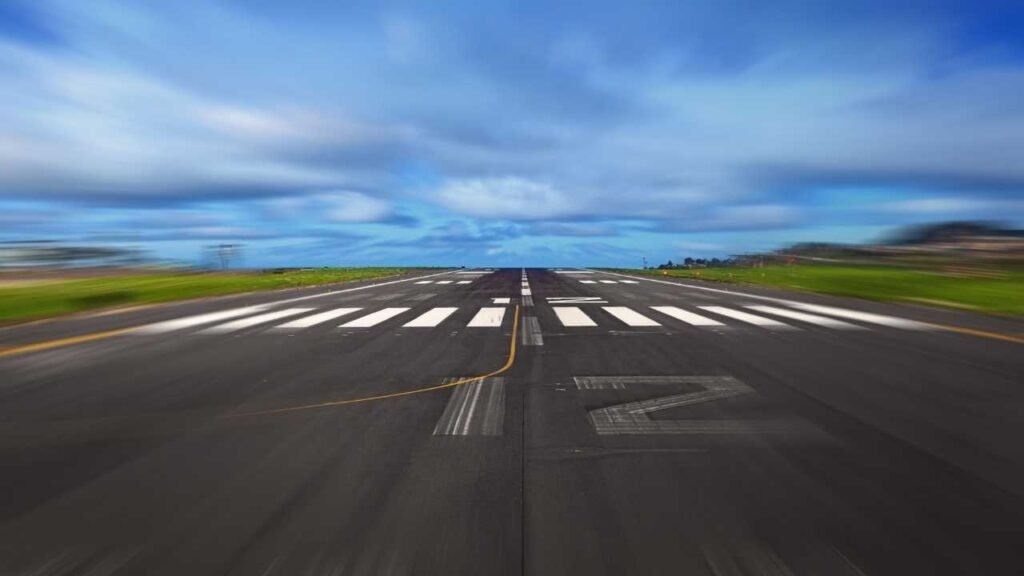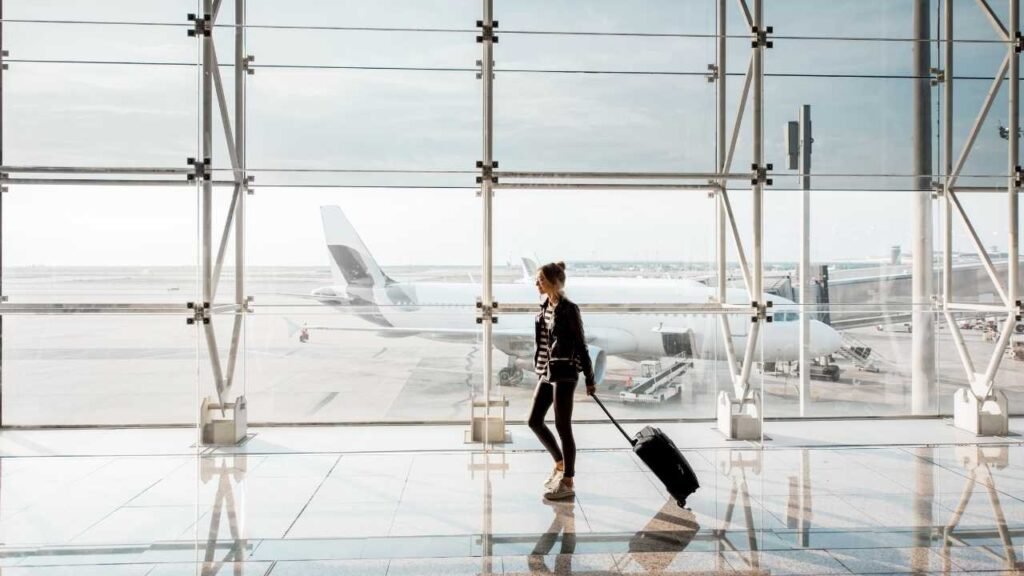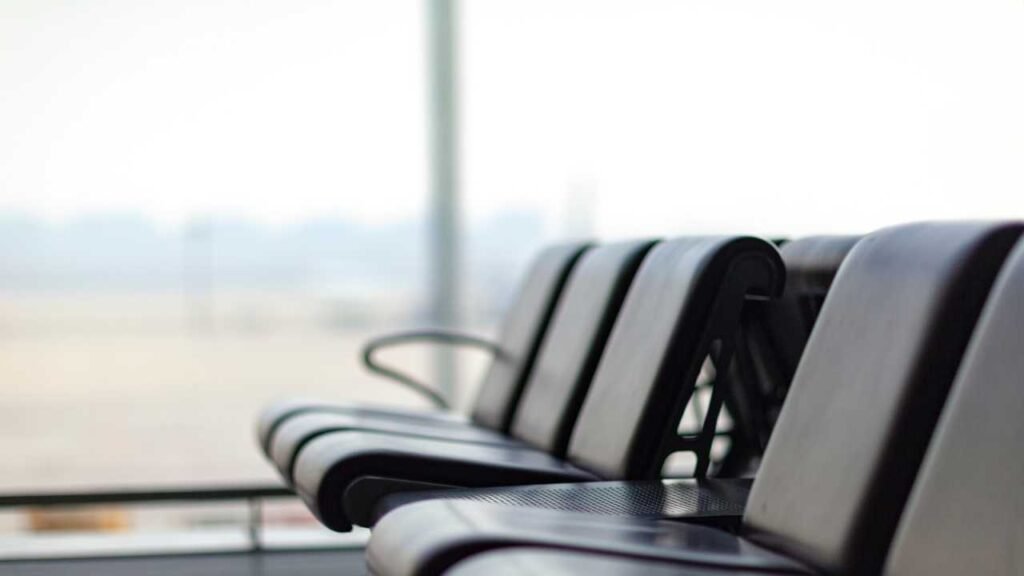- Home
- Twin Falls Magic Valley Regional Airport
Twin Falls Magic Valley Regional Airport
Injuries and Accidents at Twin Falls Magic Valley Regional, Serving Twin, Georgia
Slip and Fall and Other Accidents at Twin Falls Magic Valley Regional Aiport in Twin, Georgia
Slips, trips, and other mishaps happen more than most expect in busy terminals like Twin Falls Magic Valley Regional. Crowded walkways, tracked-in rain and uneven surfaces can turn a routine step into an injury. If you are hurt, report the incident, save your boarding pass and receipts, and seek medical care promptly so your recovery and any claim start on solid ground.

Frequent Injuries Reported at Twin Falls Magic Valley Regional
Slip & Fall Accidents at Twin Falls Magic Valley Regional Aiport
Slip and fall accidents consistently rank high of traveler incidents in busy terminals.
Hazards often include spilled drinks near gates, which turn a routine step into a fall.
High-risk spots are often security checkpoints, where rushes between flights make hazards harder to spot.
Many incidents arise from condensation from HVAC vents.
Property operators owe a duty of care to travelers under common safety policies.
Negligence can be shown through gaps in inspection logs.
Injuries commonly involve back and neck strains, sometimes leading to long recoveries.
Right after a fall, request an incident number and get medical evaluation even if symptoms seem mild.
Useful evidence includes time-stamped receipts showing your path.
Surveillance footage is often overwritten quickly, so identify camera locations you observed without delay.
Multiple parties can be on the hook, including a concessionaire or retailer, depending on who controlled the area.
Comparative fault is weighed against the operator’s negligence, so preserve evidence before deciding.
Deadlines to file can be short when government entities are involved, making it important to act promptly.
Compensation may cover pain and suffering, with consistent treatment records supporting negotiations.
When contacted by insurers, avoid broad statements until you understand your rights.
A focused legal review helps secure key video and frames settlement value.
Vehicle Accidents at Twin Falls Magic Valley Regional Airport
Airport vehicles such as baggage carts at Twin Falls Magic Valley Regional in Twin, Georgia may cause severe accidents.
These crashes frequently happen at curbside pickup areas, where visibility may be poor.
Common causes include malfunctioning brakes or lights.
Risk spikes during weather delays, when lane markings are confusing.
Danger zones often involve pickup lanes packed with rideshares.
Responsibility can fall on a third-party vendor for poor supervision.
Right after an impact, ask for the supervisor on duty and visit an urgent care the same day.
Helpful evidence includes close-ups of skid marks or debris.
Preservation requests should request driver schedules and dispatch records.
Typical injuries often involve knee, hip, or shoulder damage, so document symptoms.
Comparative fault does not void a claim, even if you were carrying luggage or distracted.
Time limits can be shorter for claims involving public authorities, so confirm the exact requirement before filing.
Compensation can cover medical bills and rehab, and clear documentation support negotiations.
If you’re exploring a claim, speak with counsel who understands multi-party liability on airport property.
Jet Bridge & Boarding Accidents at Twin Falls Magic Valley Regional
Boarding areas and jet bridges at Twin Falls Magic Valley Regional in Twin, Georgia may collapse, causing serious traveler injuries.
Responsibility often falls on airlines, especially when they fail to fix hazards.
Baggage Claim Accidents at Twin Falls Magic Valley Regional
The baggage claim area of Twin Falls Magic Valley Regional often feels chaotic, which heightens the chance of accidents.
jammed conveyor belts cause accidents while passengers wait for their bags.
Risk factors include sudden belt restarts.
Crowding limits room to avoid falling items, especially when oversized items roll out.
High-risk zones include carousel edges.
Common injuries often involve wrist and shoulder strains from grabbing heavy bags.
Contributing errors include ignored maintenance alerts.
If a mishap occurs, document the time, carousel number, and flight.
Capture evidence like names and numbers of witnesses.
Act quickly to note pain that worsens after leaving the airport to support future claims.
Potentially responsible parties may include a baggage system maintenance vendor.
Liability often turns on training and staffing levels at the carousel.
Comparative fault does not automatically bar recovery.
Time limits to file vary by jurisdiction, so confirm the applicable period.
Recoverable damages can cover medical bills and rehab, and early evidence preservation support settlement.
Security Checkpoint Injuries at Twin Falls Magic Valley Regional Airport
Security checkpoints at Twin Falls Magic Valley Regional can cause injuries, especially when lines are overcrowded.
Common hazards include collisions in crowded lanes, which result in preventable harm.
Bottlenecks raise stress that leads to mistakes, particularly when multiple lanes close unexpectedly.
Contributing factors often include lack of spill cleanup.
Injuries may range from hip or shoulder fractures that disrupt travel plans.
After an incident, ask for a manager on duty and seek medical evaluation the same day.
Useful evidence includes images of bin stacks or liquid on the floor.
Video and data sources cleaning schedules and inspection sheets, so send a prompt preservation request.
Responsibility can include TSA or its contractors, depending on inspection and response records.
Comparative fault is balanced against the operator’s duty to keep lanes safe, even if you were rushing.
Deadlines to file may require a formal notice of claim, so track the limitation period.
Compensation can cover pain and suffering, and clear causation documentation strengthen valuation.
Worker Accidents at Twin Falls Magic Valley Regional
Employees at Twin Falls Magic Valley Regional in Twin, Georgia face heavy lifting injuries.
Many of these incidents are avoidable if employers enforced proper training.
International Airport Accidents Linked to Twin Falls Magic Valley Regional Airport
International travelers injured at Twin Falls Magic Valley Regional in Twin, Georgia may face challenges with foreign laws.
Because Twin Falls Magic Valley Regional connects Twin to global airlines, liability often becomes legally complex.
Escalator & Elevator Accidents at Twin Falls Magic Valley Regional
Escalators and elevators inside Twin Falls Magic Valley Regional in Twin, Georgia can malfunction, causing falls.
Responsibility may lie with maintenance contractors when inspection is neglected.
Shuttle Bus & Ground Transportation Accidents at Twin Falls Magic Valley Regional Airport
Shuttle buses, trams, and ground transportation vehicles at Twin Falls Magic Valley Regional in Twin, Georgia can suddenly stop, injuring airport visitors.
These accidents often occur during busy transfers, creating severe injury risks for residents of Georgia.
Parking Lot & Curbside Accidents at Twin Falls Magic Valley Regional Airport
Parking lots and curbside zones at Twin Falls Magic Valley Regional in Twin, Georgia are common accident zones.
Hazards include heavy traffic flow, leading to vehicle collisions.
Luggage Cart & Conveyor Belt Accidents at Twin Falls Magic Valley Regional Airport
At Twin Falls Magic Valley Regional in Twin, Georgia, runaway luggage carts or jammed conveyor belts can trap hands.
These incidents may result from equipment defects.
Food Court & Restaurant Accidents at Twin Falls Magic Valley Regional Airport
Restaurants and food vendors inside Twin Falls Magic Valley Regional in Twin, Georgia can cause burn injuries.
Liability often rests with airport restaurant operators when they ignore safety regulations.
Airport Construction Zone Accidents at Twin Falls Magic Valley Regional
Renovation or construction areas inside Twin Falls Magic Valley Regional in Twin, Georgia expose travelers to wiring.
Injuries here may involve lack of proper barriers.
Disabled Passenger Assistance Accidents at Twin Falls Magic Valley Regional
Disabled passengers at Twin Falls Magic Valley Regional in Twin, Georgia sometimes suffer injuries during wheelchair or electric cart assistance.
Failures to train staff properly often lead to avoidable harm.
Boarding Stair & Ramp Accidents at Twin Falls Magic Valley Regional
Portable boarding stairs and ramps at Twin Falls Magic Valley Regional in Twin, Georgia sometimes aren’t secured properly, causing sprains.
These accidents are especially common at regional airports.
Lost Luggage & Property-Related Injuries at Twin Falls Magic Valley Regional
Lost luggage at Twin Falls Magic Valley Regional in Twin, Georgia is not just inconvenient — it can create safety problems, such as when essential medication is missing.
Travelers may pursue claims for damages linked to lost or delayed luggage.
Airside & Tarmac Accidents at Twin Falls Magic Valley Regional
Restricted airside areas at Twin Falls Magic Valley Regional in Twin, Georgia expose workers and sometimes passengers to moving vehicles.
These incidents are potentially fatal and often fall under worker’s compensation.
The things you do in the first few hours following your incident at Twin Falls Magic Valley Regional in Twin, Georgia will influence whether you have a successful claim and one that is rejected. Here are the key steps to take.
Seek Medical Help Without Delay
The most important step is protecting your health. After an incident at Twin Falls Magic Valley Regional in Twin, Georgia, it’s essential to get examined without delay. Even if pain seems small at first, internal damage that isn’t obvious can worsen later. Request on-site medical staff or go to the local emergency department and make sure you get a written medical report. This report from a doctor will support your claim when negotiating with insurers.
Gather Proof of What Happened
One of the most critical steps after an accident at Twin Falls Magic Valley Regional in Twin, Georgia is to gather evidence. Use your mobile device to take photos of the unsafe condition such as wet floors. Make sure to record the hazard as clearly as possible and include lack of warning signs. Write down exact location inside Twin Falls Magic Valley Regional and facts that may help your case. If there are witnesses who saw the incident, ask for their contact information. This evidence will make it harder for the airport or airline to deny responsibility when your lawyer pursues legal action on your behalf.
Call for Airport Accident Legal Support
Speak to a Lawyer Right Away Once you’ve documented the scene at Twin Falls Magic Valley Regional in Twin, Georgia, the next step is to get an experienced lawyer involved. Airports and their risk managers will act quickly to limit liability, and without a lawyer you may be misled about your options. A qualified attorney can: Secure evidence before it disappears Make sure no one who played a role is left out of your claim Handle state and federal filing requirements Fight for maximum compensation Call our accident support line now for a free consultation. By contacting us today, you can get answers about the process and make sure your accident at Twin Falls Magic Valley Regional in Twin, Georgia doesn’t go ignored.
Notify Airport Authorities Immediately
After an slip and fall at Twin Falls Magic Valley Regional in Twin, Georgia, it’s essential that you report it immediately. Go directly to security staff, or call the airport’s passenger assistance phone number if you are unable to walk to a desk. Always ask for an incident report, and make sure it includes your address as well as the date and time of the accident. This report serves as critical evidence that the accident occurred inside Twin Falls Magic Valley Regional, and it can support your claim later. If the airport provides a case number, write it down and share it with your attorney.
Keep Every Receipt and Report
After an accident at Twin Falls Magic Valley Regional in Twin, Georgia, it’s essential to keep all documents connected to your case. This includes medical bills, as well as boarding passes. Keep copies of insurance correspondence along with your phone number. If you lost time from work, make sure to keep proof of your employment schedule to show how the accident at Twin Falls Magic Valley Regional affected your income. Maintaining a clear paper trail of expenses and correspondence will help prove the financial impact of the accident. Without this proof, the airport, airline, or their insurers may try to minimize your losses.
Watch Your Words With Airport Staff and Insurers
After an accident at Twin Falls Magic Valley Regional in Twin, Georgia, it’s vital that you be careful with your words. Airline staff, airport security, or insurance representatives may ask for details while you’re still in shock. Anything you say could later be used to weaken your claim. Avoid guessing what happened without first speaking to a lawyer. Instead, provide only basic details and let your attorney handle all negotiations. By avoiding harmful statements, you protect your rights and allow your lawyer to present the evidence properly.
Frequent Ask Questions About Accidents in {aiport_name} Airport
What situations qualify as an accident at Twin Falls Magic Valley Regional Airport?
An accident at Twin Falls Magic Valley Regional Airport can include far more than just a simple fall. Some of the most common examples include, accidents on escalators or elevators that suddenly stop. Even areas like restaurants and retail shops inside Twin Falls Magic Valley Regional Airport can cause injuries. Ultimately, when unsafe conditions cause an injury to a passenger, it likely counts as an compensable accident under the law.
Which parties are usually liable after an accident at Twin Falls Magic Valley Regional Airport?
Every case is unique, and who is legally at fault will vary. Quite often, the airport authority itself is responsible. However, liability doesn’t end there. Vendors, shop owners, and food courts inside Twin Falls Magic Valley Regional Airport can also be held accountable if their negligence created unsafe conditions. In many situations, multiple companies are involved, and they may share legal responsibility. This is why having a lawyer is essential.
What steps are most important after I’m injured at Twin Falls Magic Valley Regional Airport?
The first and most urgent step is to seek medical attention. Without a medical report, your case may be much harder to prove. Be sure to notify airport authorities and ask that a formal incident report be created. Don’t rely on memory — insist on documentation. Record the hazard that caused your fall or injury before it’s cleaned up or repaired. Witness statements can make or break your claim. The sooner you reach out to an airport accident lawyer, the stronger your case will be. Airports move fast to cover up hazards.
Is it really necessary to have an attorney if I was hurt at Twin Falls Magic Valley Regional Airport?
Yes, in almost every case. Here’s why: airports and airlines have powerful legal teams. Trying to negotiate on your own usually leads to small settlements or rejected claims. A lawyer will gather evidence, subpoena security footage, review maintenance logs, and deal directly with insurance adjusters. You only pay if your case is successful. In short, having a lawyer maximizes your chances of getting real compensation instead of being ignored.
Am I allowed to hold the airline accountable if my accident happened while boarding or deplaning at Twin Falls Magic Valley Regional Airport?
Absolutely. The airline has a duty of care once you are on the jet bridge or plane. Examples include jet bridges that collapse or shift, slippery surfaces during boarding, or flight crew negligence in assisting passengers. While Twin Falls Magic Valley Regional Airport itself may also be partly responsible, your lawyer will investigate both the airport and the airline. If you were hurt during boarding or exiting, don’t assume you have no case — the airline may owe you compensation.
What can I claim financially after an accident at Twin Falls Magic Valley Regional Airport?
Victims of accidents at Twin Falls Magic Valley Regional Airport are often entitled to financial recovery. You can claim compensation for current and future healthcare needs. You may also be entitled to compensation for reduced earning potential if your injuries are permanent. This covers physical pain, emotional distress, and the overall impact on your quality of life. If you require ongoing care or special equipment, that can be part of your settlement. Without legal guidance, you risk settling for far less than you deserve.
Are accidents at Twin Falls Magic Valley Regional Airport treated differently?
In most situations, these claims are not as straightforward as other injury cases. Because Twin Falls Magic Valley Regional Airport may be publicly operated or heavily regulated, there are extra layers of law. Sometimes you need to file a notice of claim before suing a government-run airport. Airports are prepared to deny liability and minimize payouts. Airports are high-security, high-liability environments.
What if Twin Falls Magic Valley Regional Airport blames me?
Don’t be surprised if they claim you ignored signs or weren’t watching where you were going. Many states follow comparative negligence rules, meaning your damages are reduced but not eliminated. For example, if you slipped on an unmarked wet floor but were looking at your phone, a court may assign partial fault but still hold Twin Falls Magic Valley Regional Airport liable. Strong evidence can tip the case in your favor. Blame-shifting is a strategy to avoid paying, not proof you don’t have a case.
How much does it cost to hire a lawyer for an accident at Twin Falls Magic Valley Regional Airport?
You don’t need to worry about hourly fees or large retainers. The attorney’s fee comes out of the settlement or verdict, not your pocket. Most firms clearly explain their contingency percentage. You get powerful legal support without worrying about cost. At the end of the day, legal representation usually results in far higher settlements, even after attorney fees are deducted.
